Our Blog
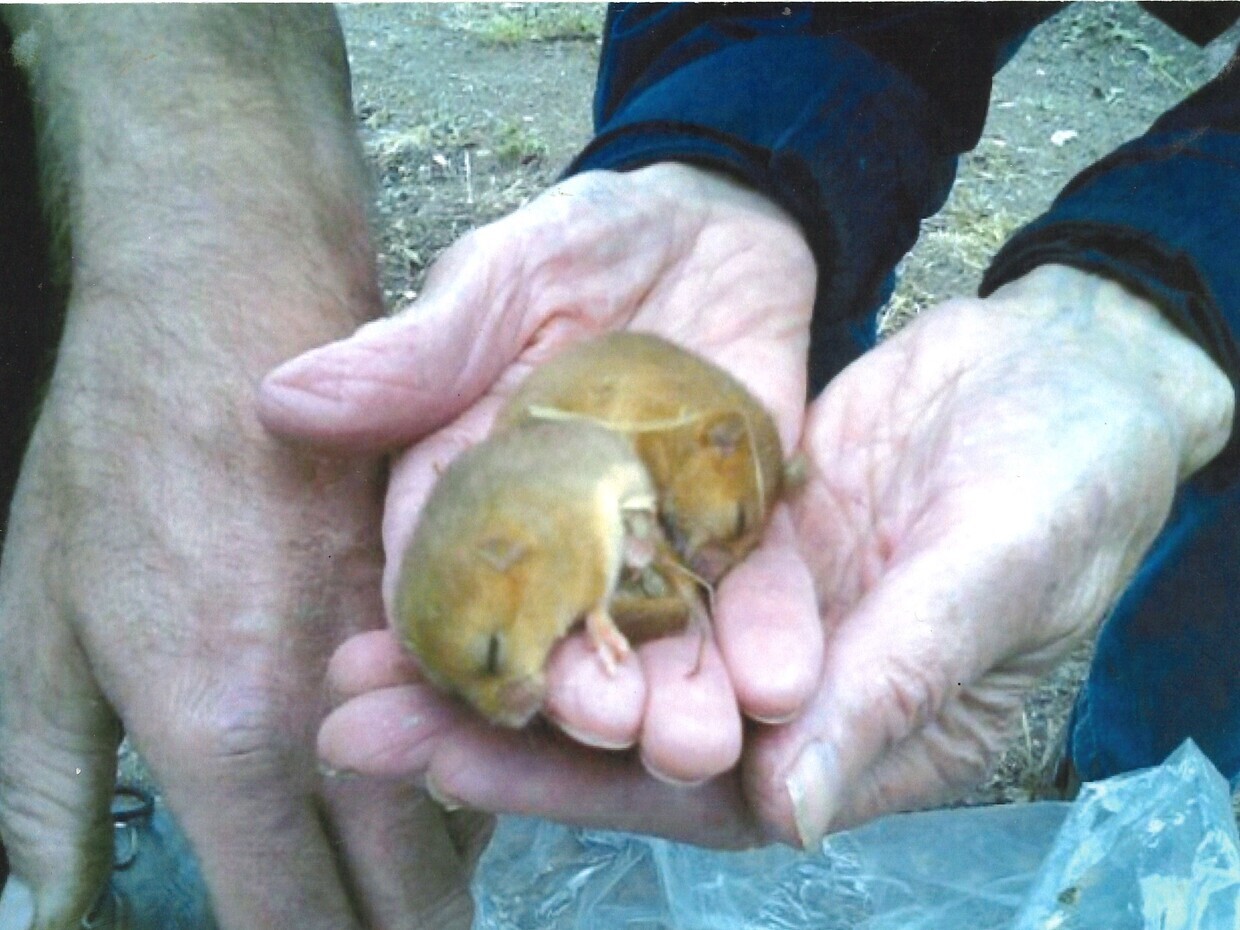
October 2013, friend of the garden Sue Ward received a very special, yet unexpected card, the name penned at message end… ‘Beth’.

Look back through 2024 with the garden team!
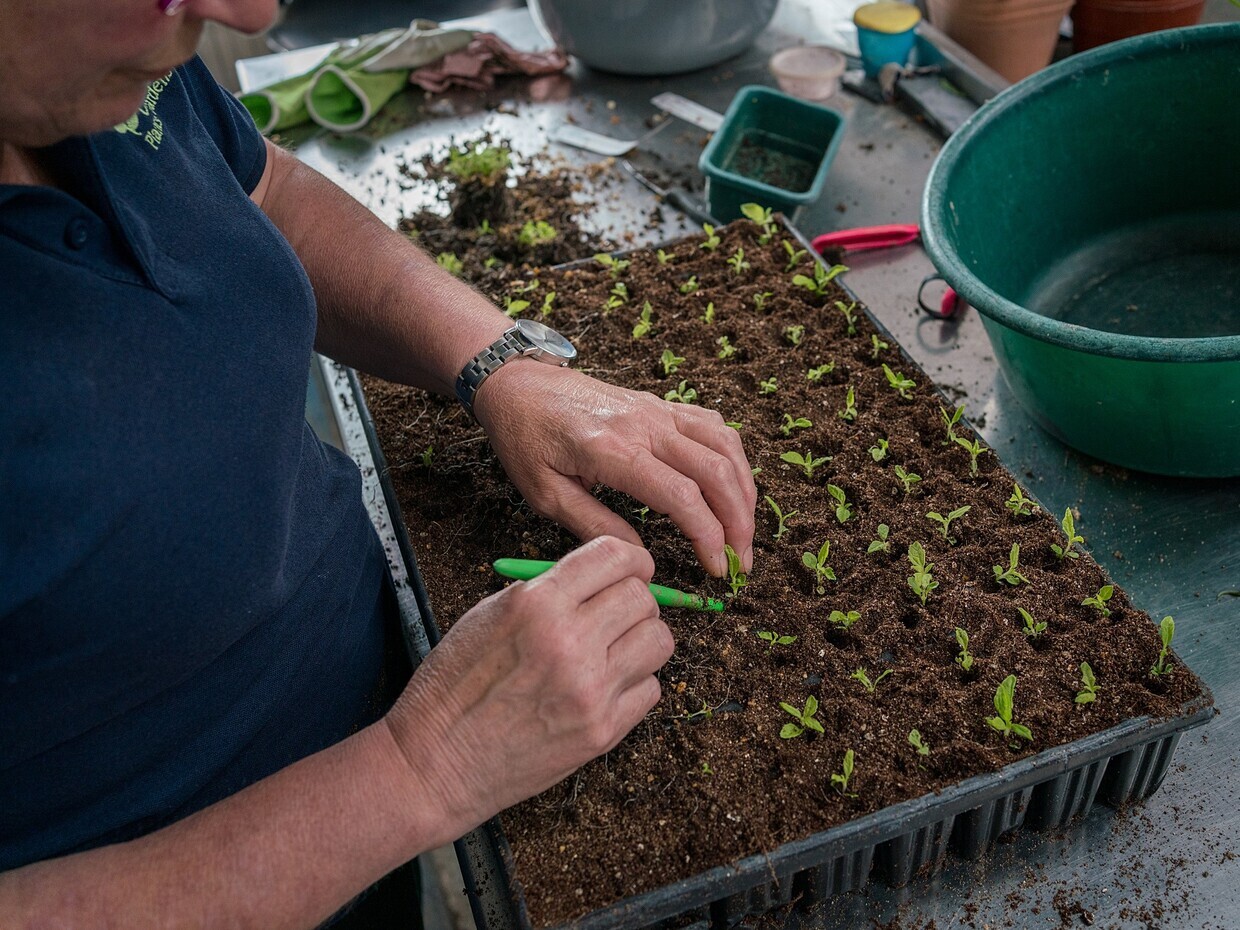
Look back over 2024 with the propagation team!
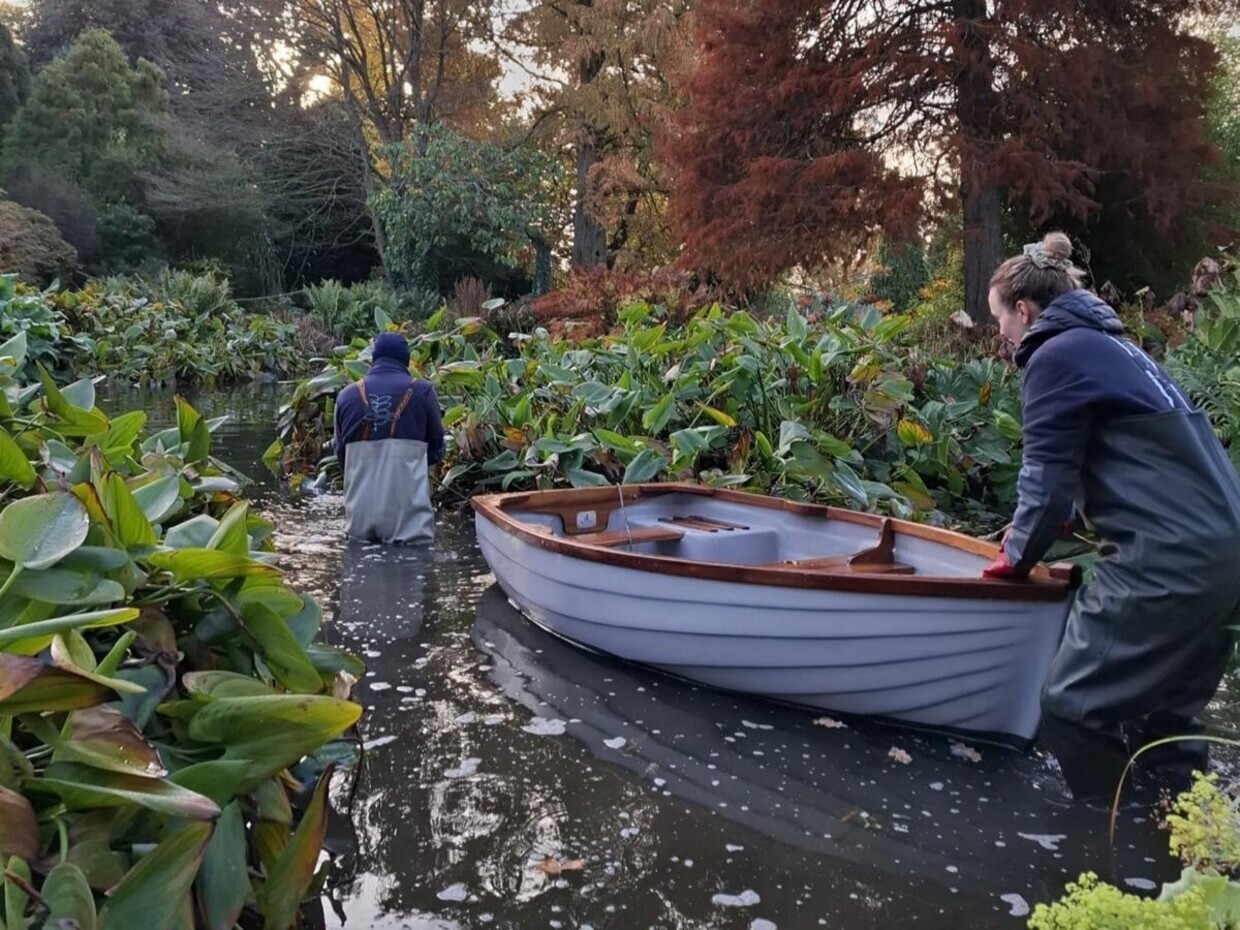
Find out what the garden and propagation teams have been up to this month.
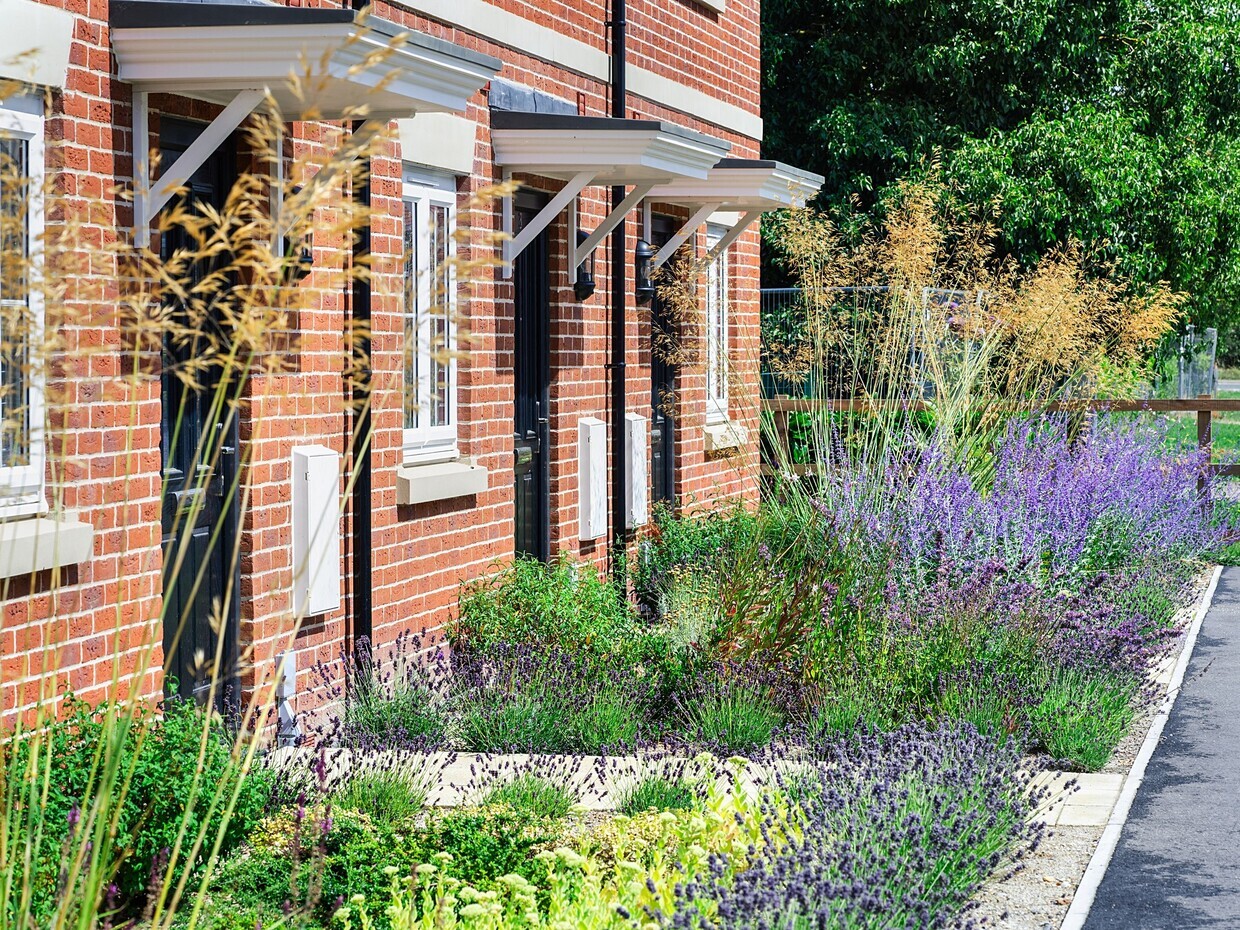
Find out which plants we used for our planting on the Chattowood estate in Elmstead Market.
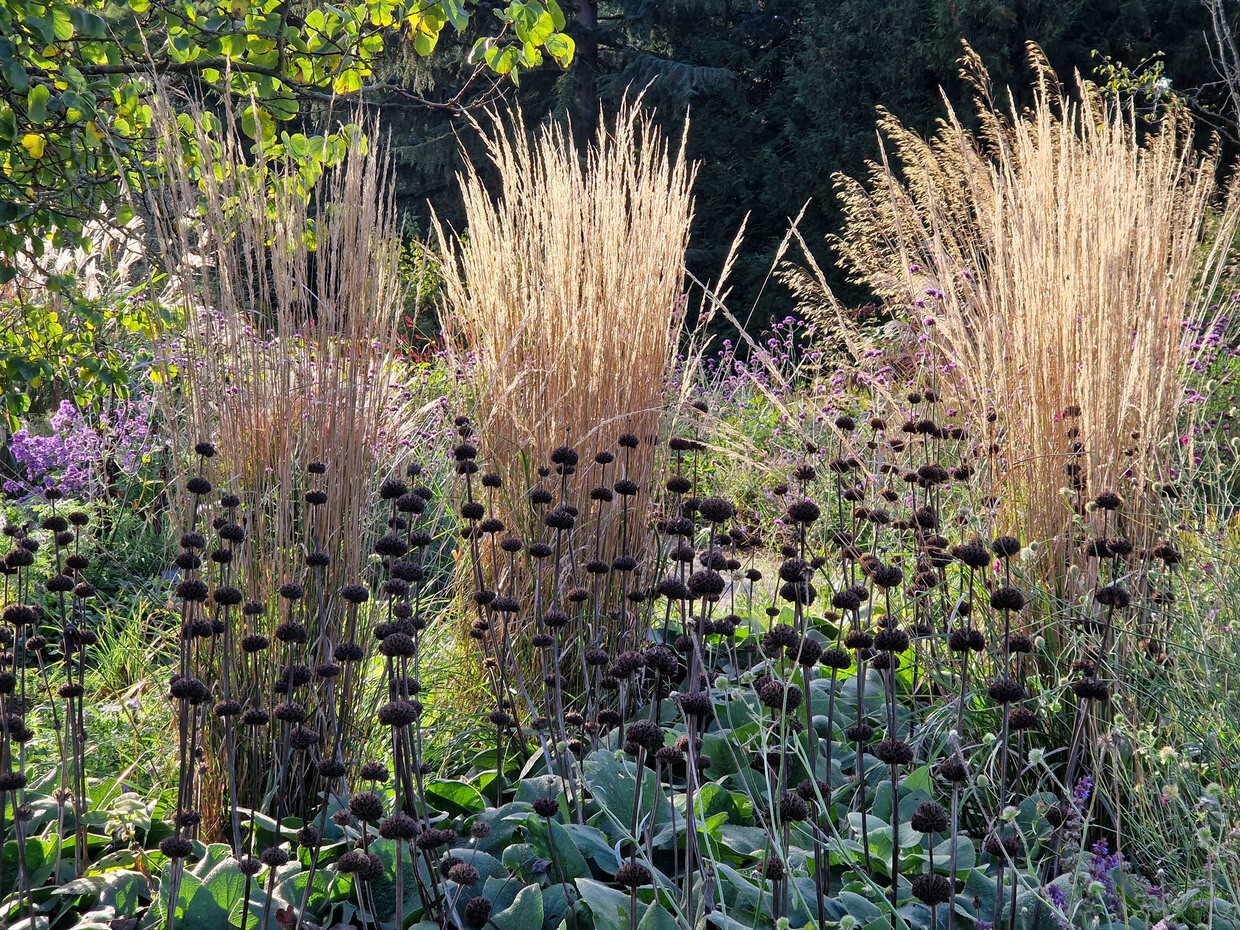
Provide food and shelter for beneficial wildlife by leaving seedheads over winter.
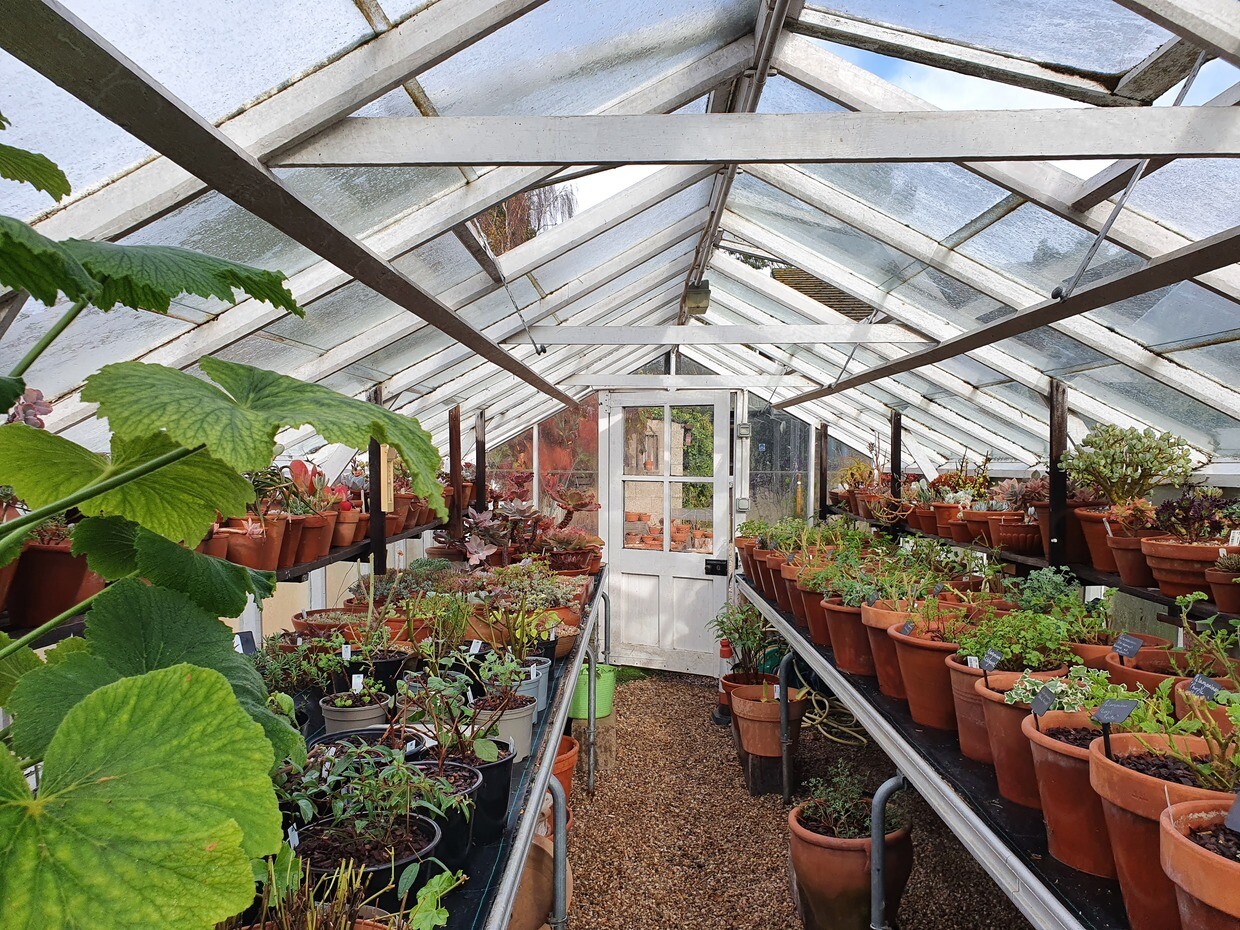
Autumn jobs with the garden and propagation teams.
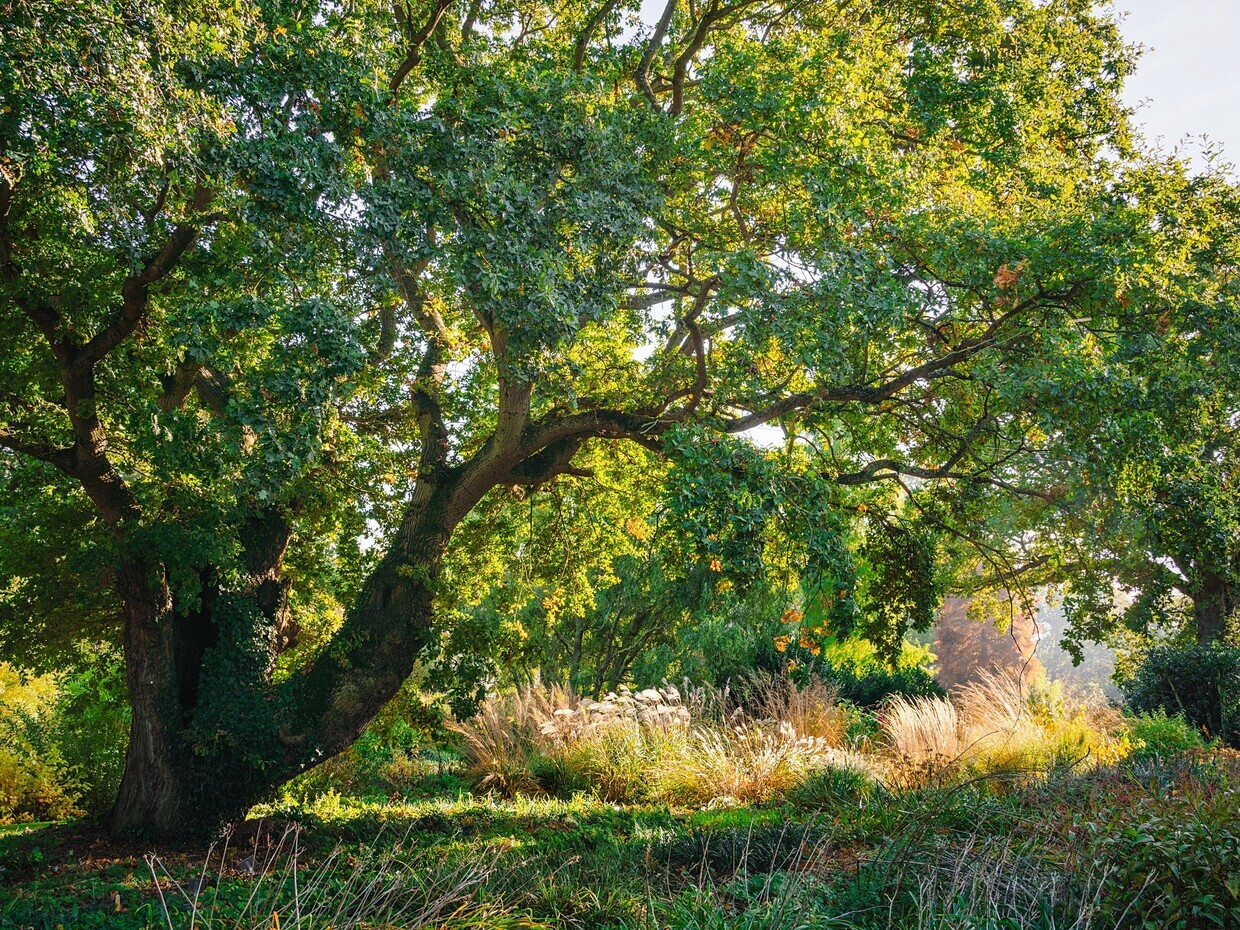
See what the garden team have been up to in early autumn.

Find out about our newest project, designing and planting a beautiful, low maintenance scheme on the Albert roundabout in Colchester.

Find out which plants we used for our recent planting on the Albert roundabout in Colchester.

Find out about our drought tolerant, low maintenance planting on our neighbouring housing development, Chattowood.

Find out about Colchester's newest community green space- The Meanwhile Garden.
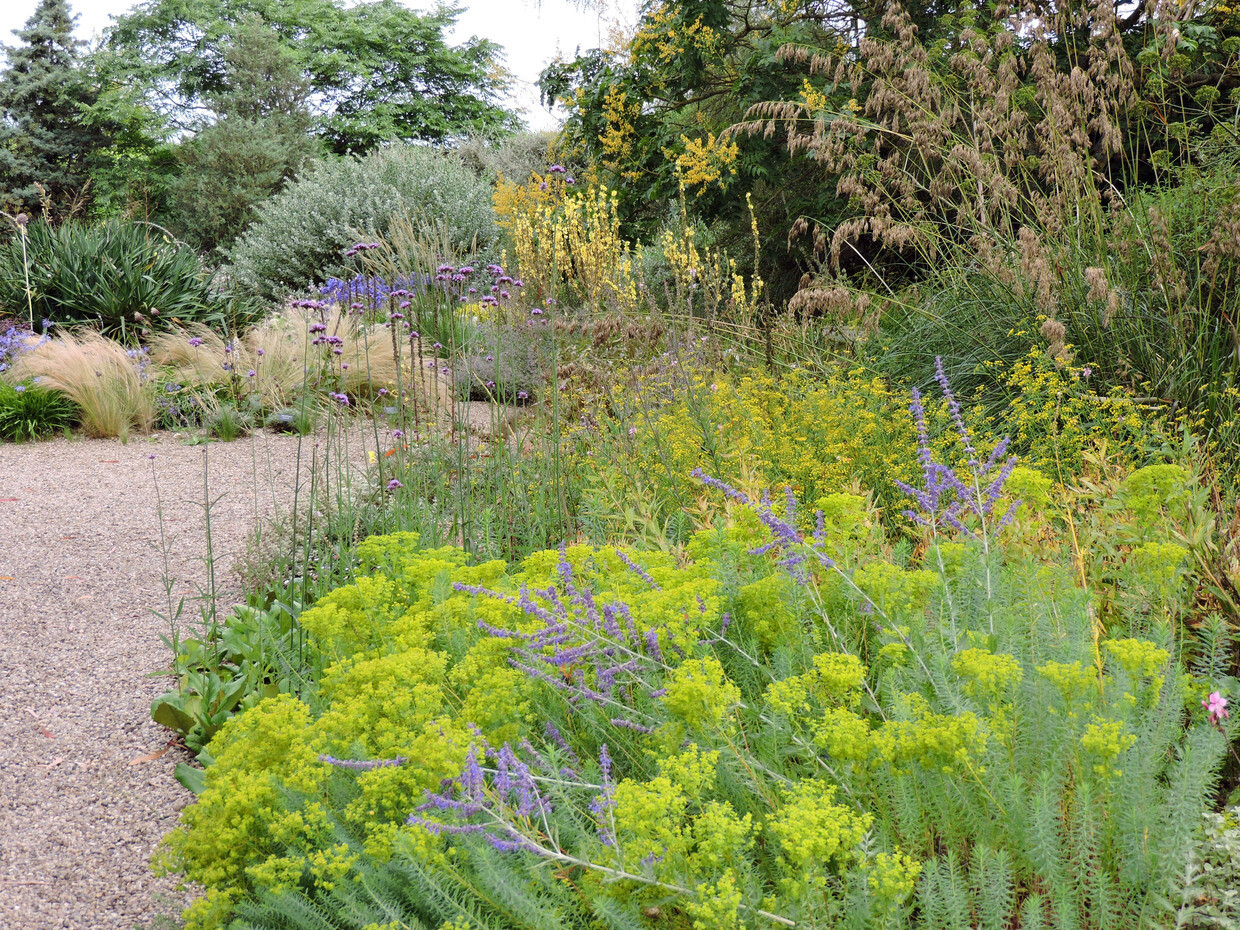
Find out more about euphorbia and why we love growing it in Beth's garden.
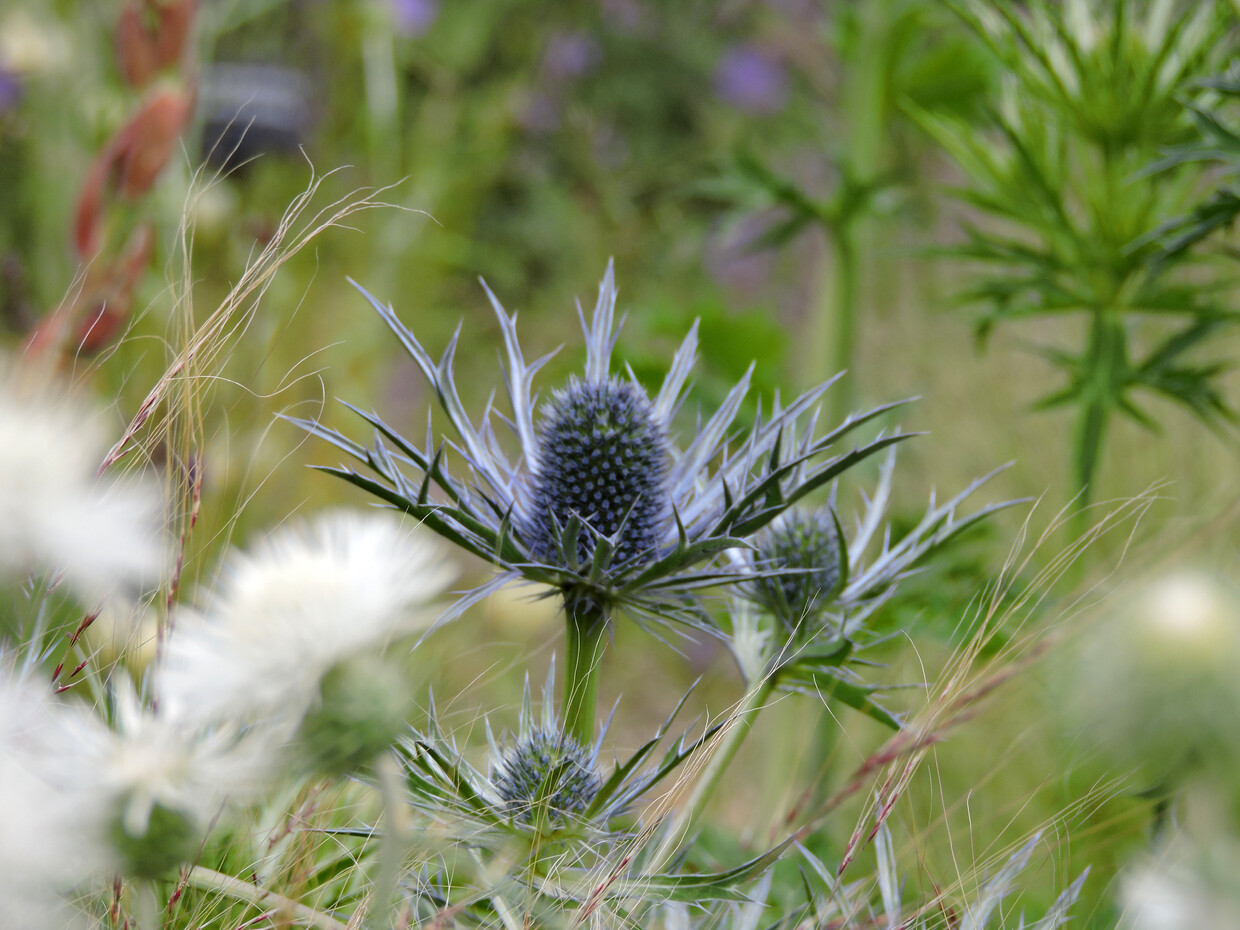
Find out more about eryngium and why we love growing it in Beth's garden.

Find out more about oenothera and why we love growing it in Beth's garden.

Find out more about origanum and why we love growing it in Beth's garden.
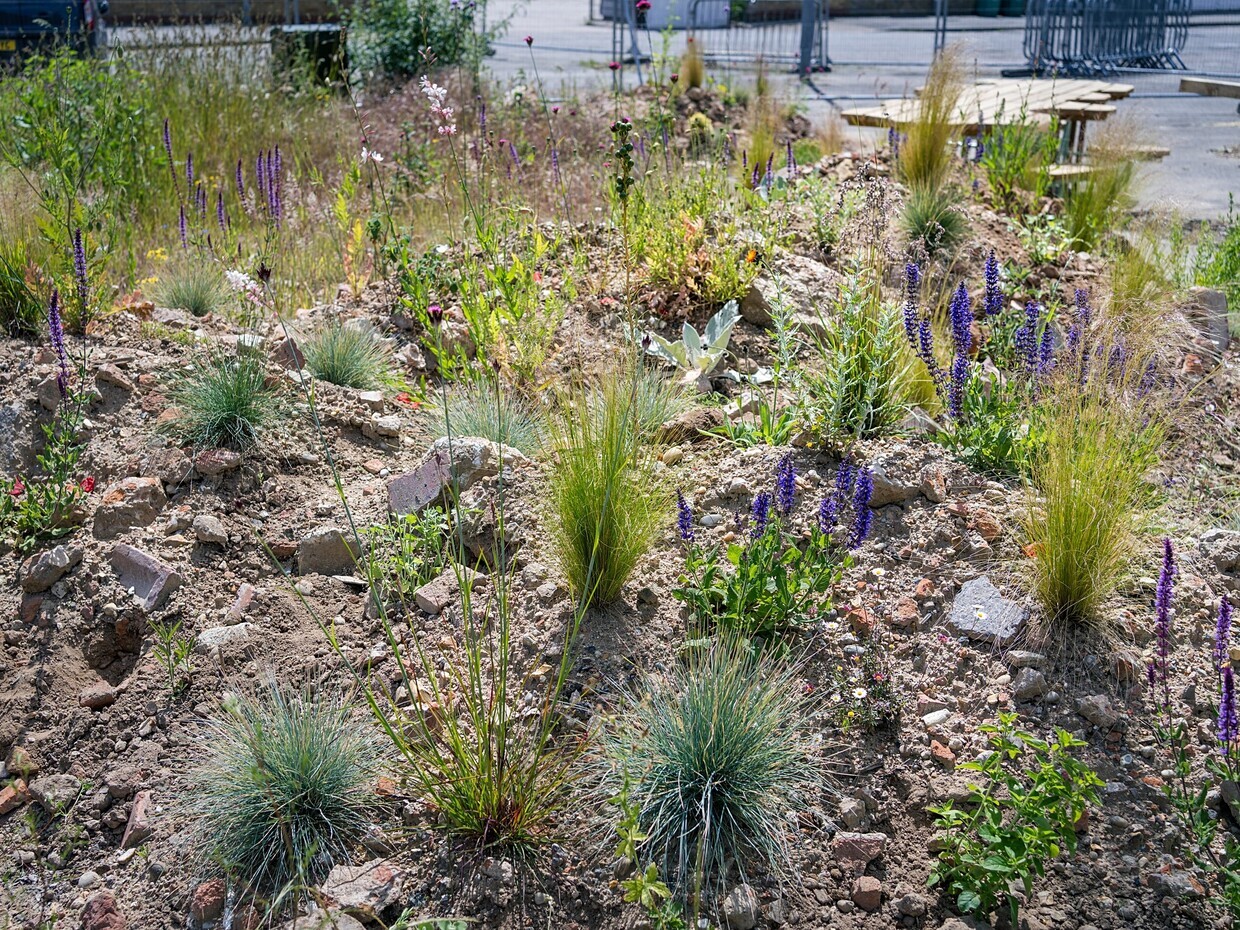
Discover the full plant list for Colchester's Meanwhile Garden.
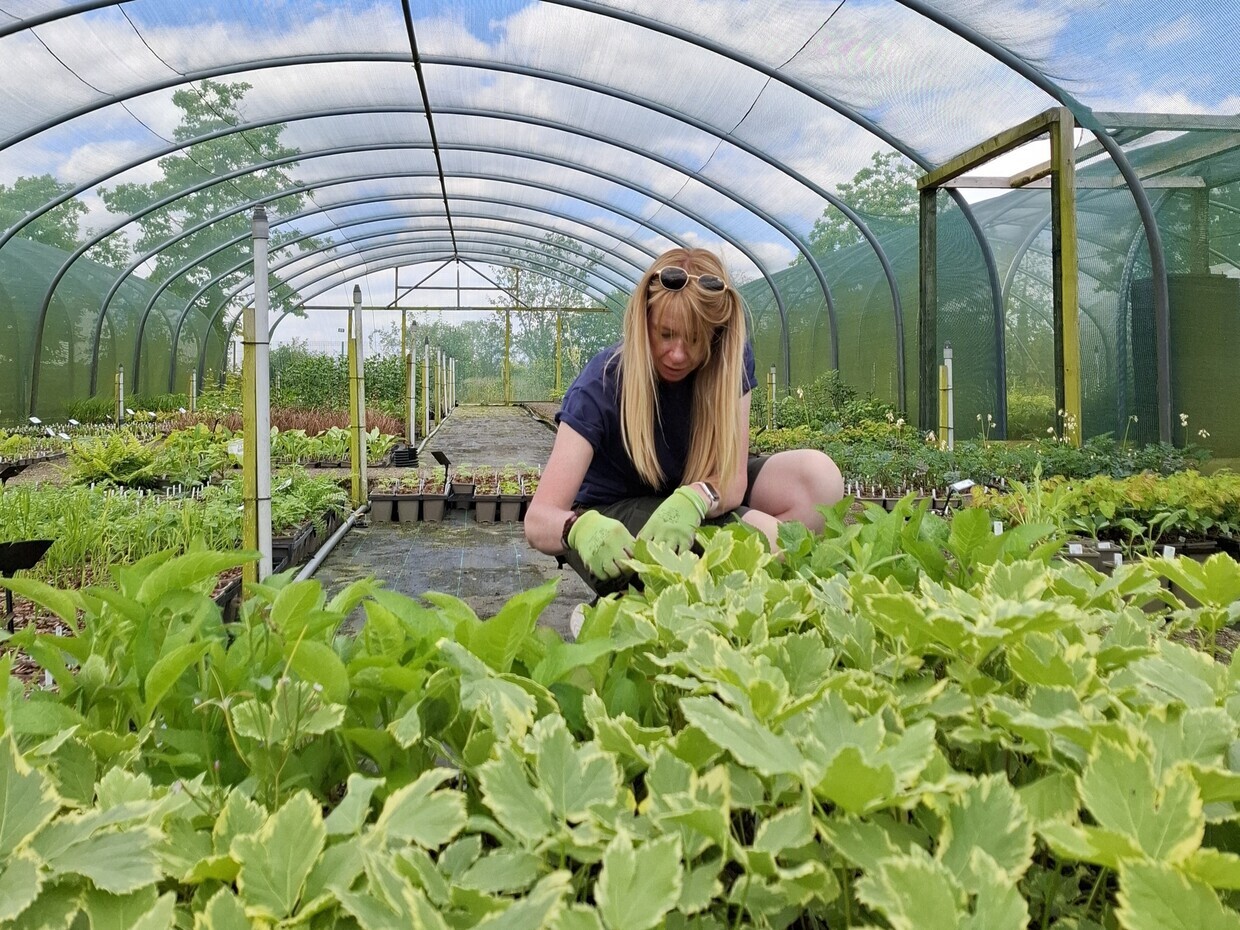
See what the production team have been up to so far this month.
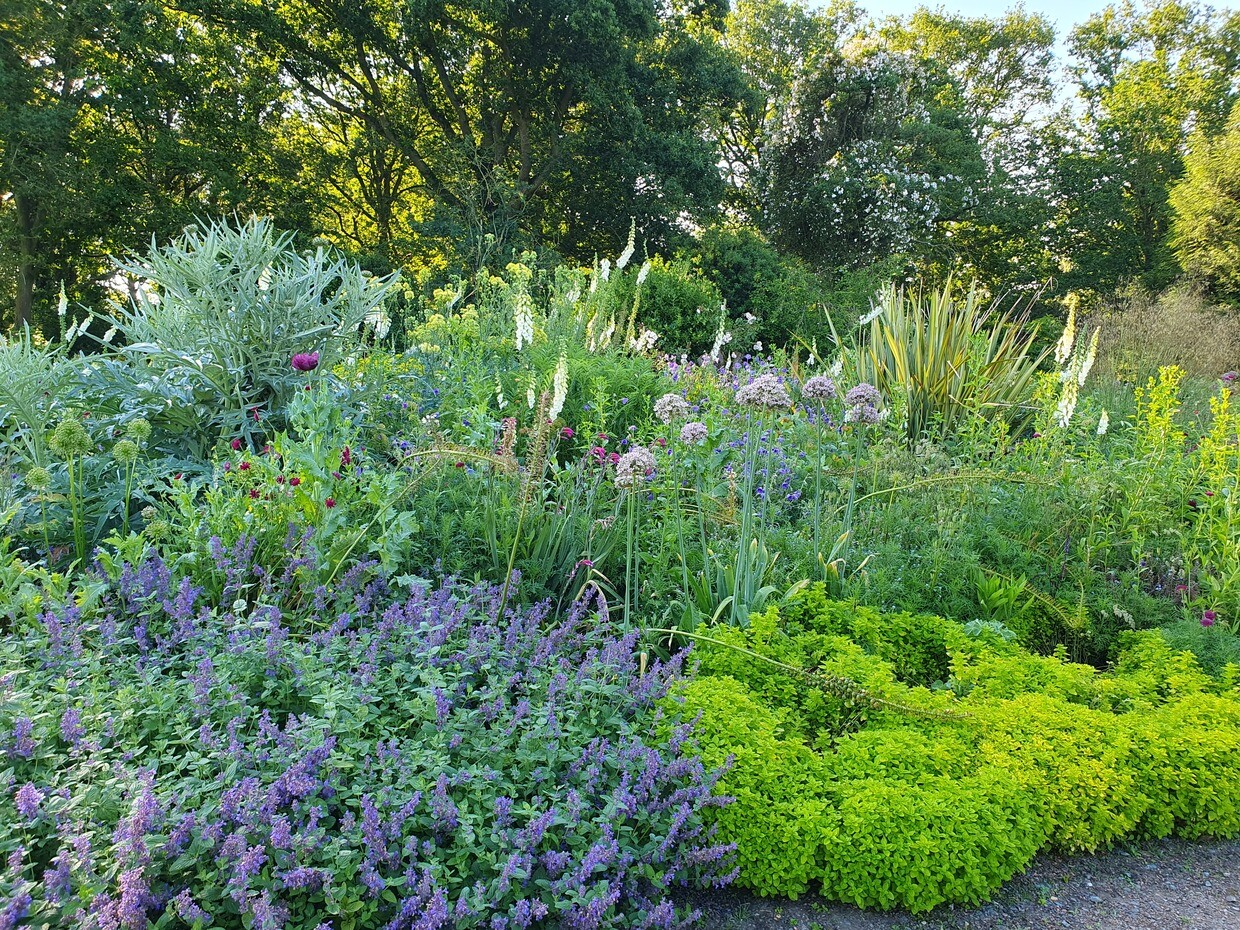
Discover what has kept the garden team busy this week.
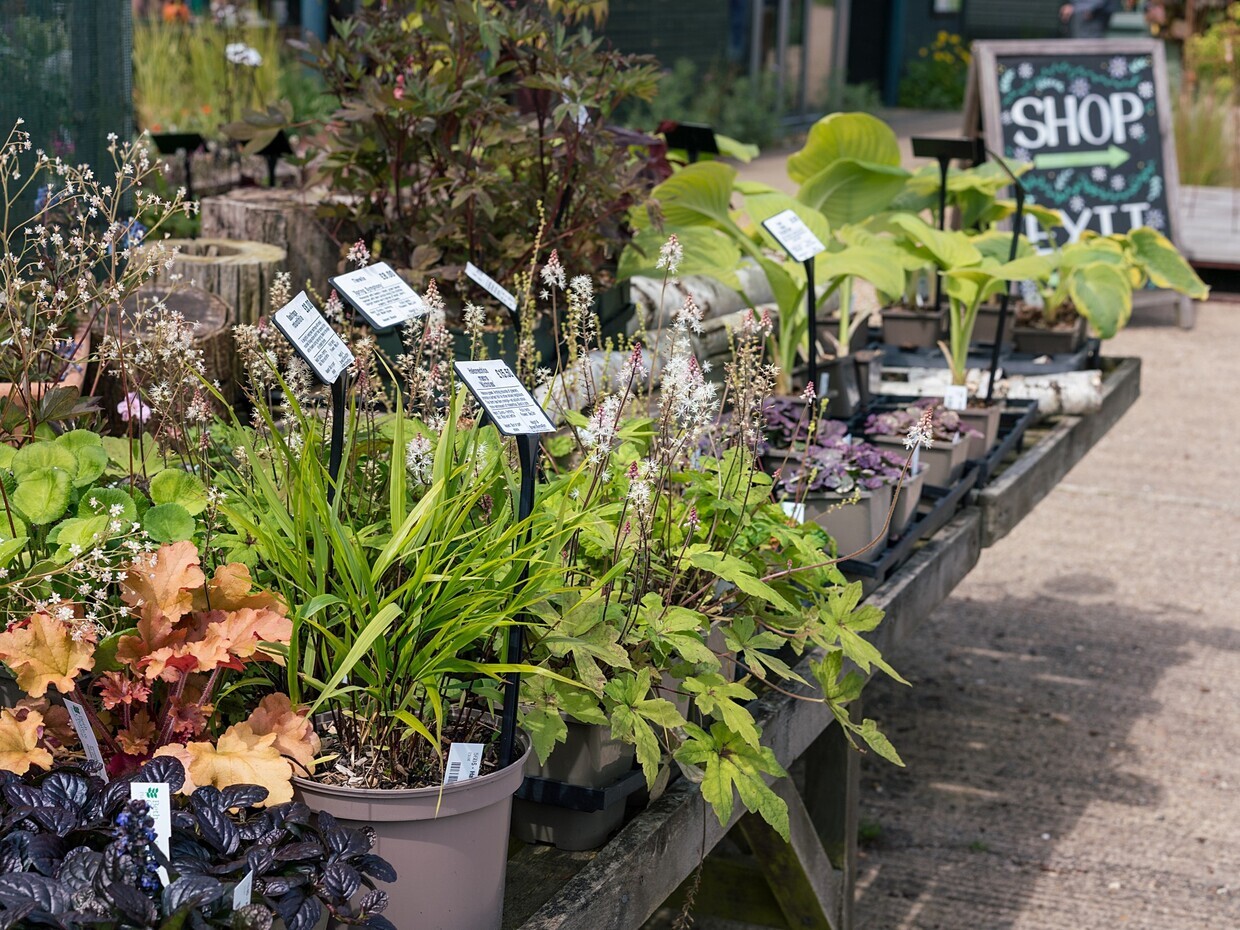
Producing plants for sale is a year round job, but one that's particularly busy at this time of year when plants seem to be growing before our very eyes!
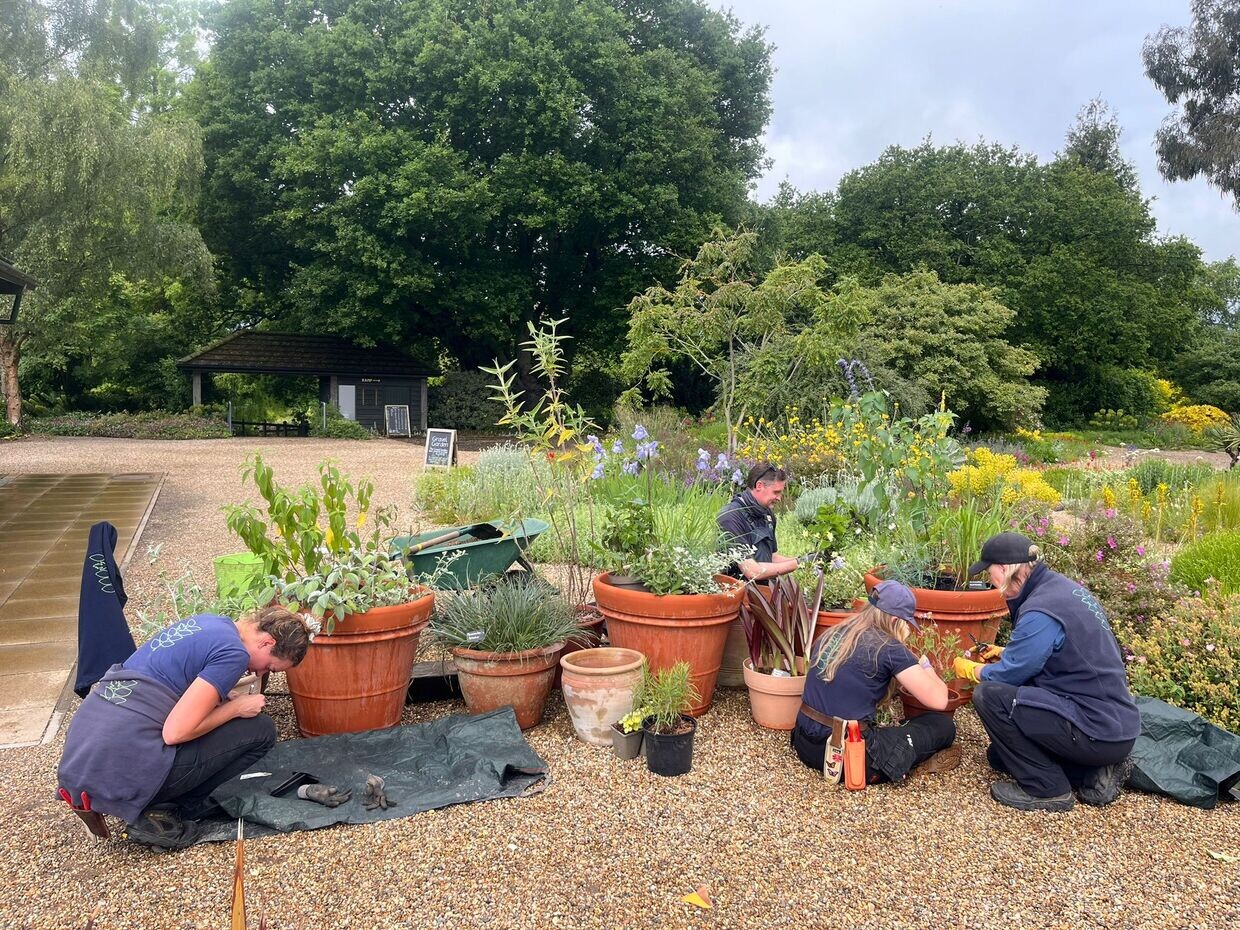
Find out what the team have been up to recently.
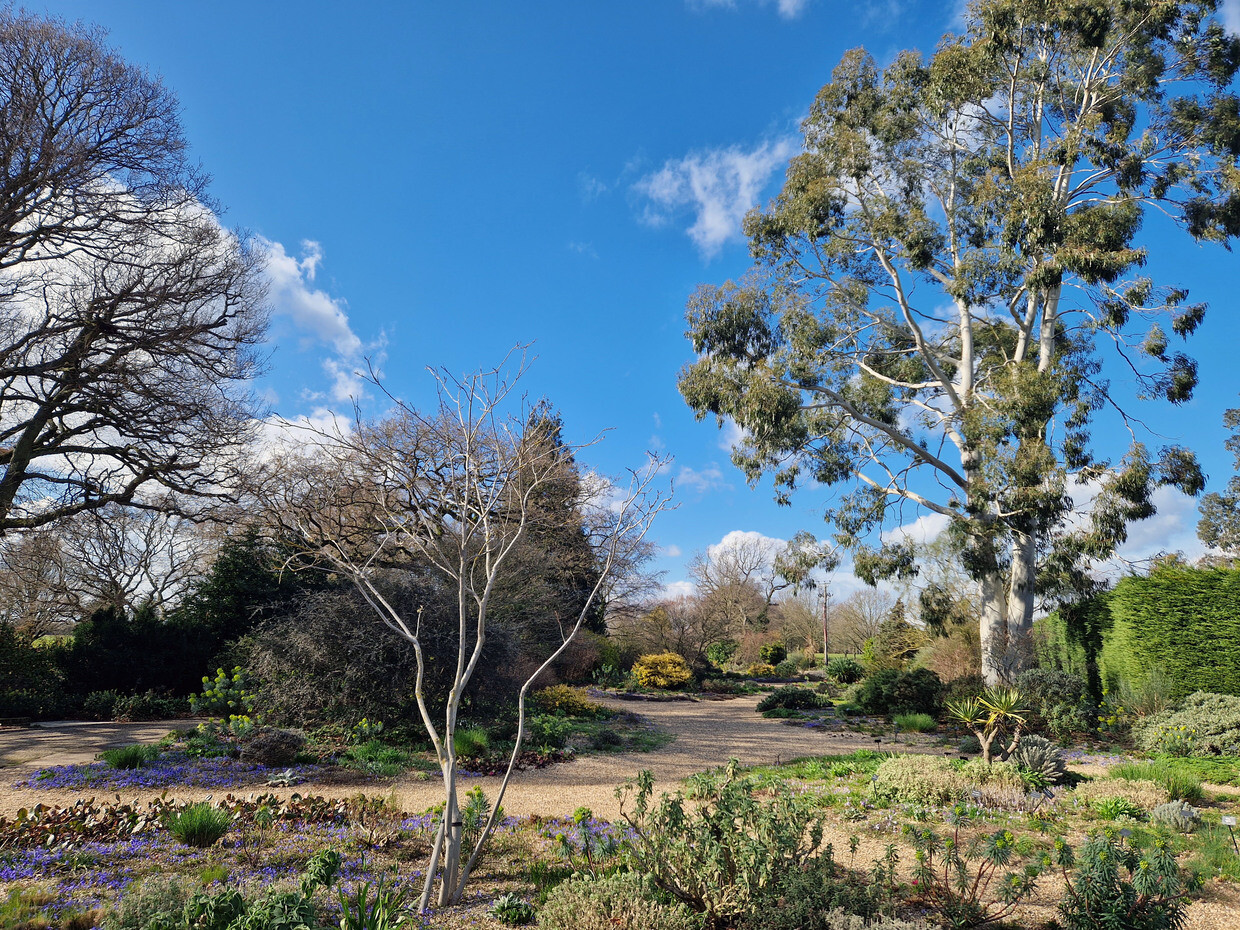
Apprentice Hannah shares her favourite areas and sights in the garden,
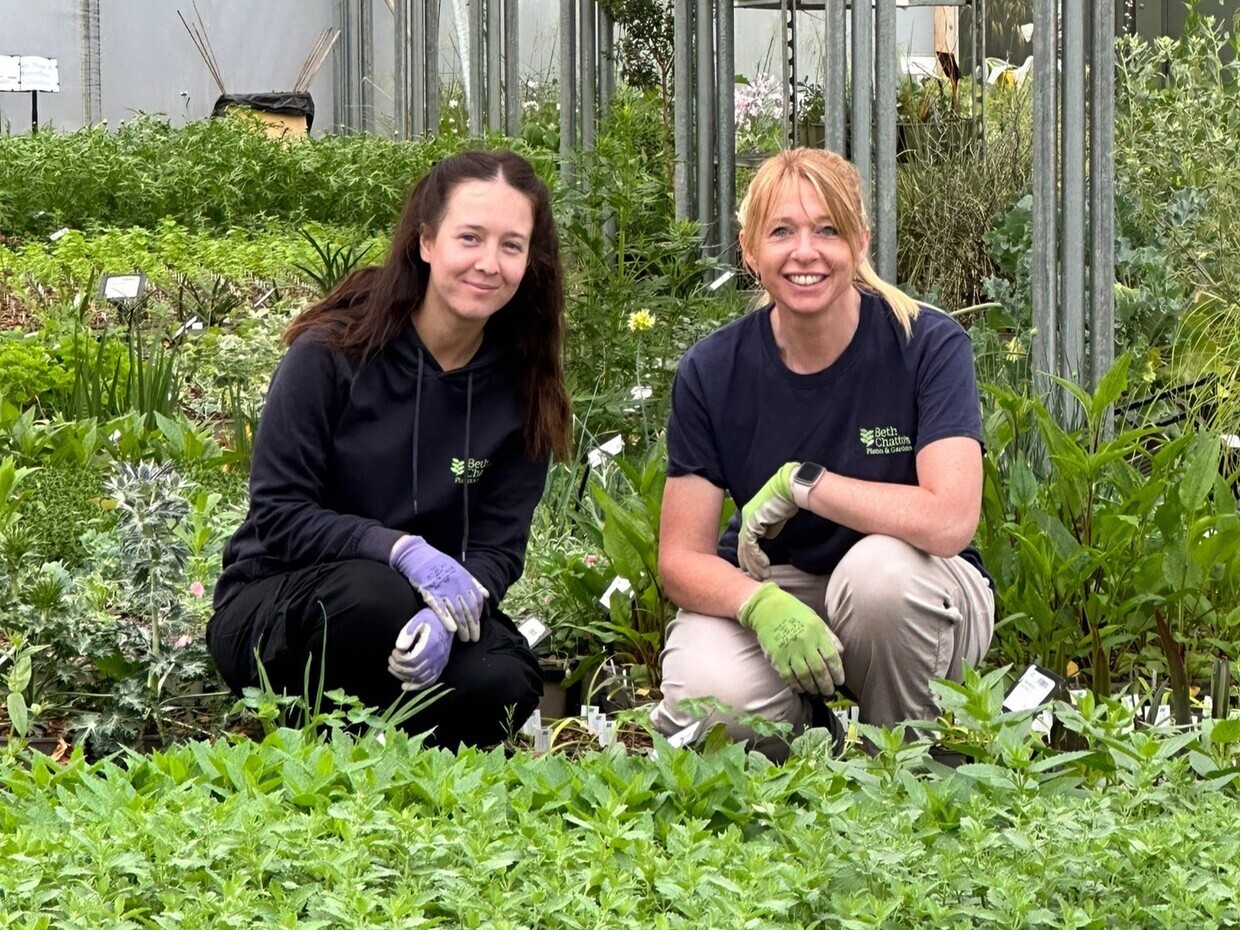
See what the production team have been up to. They've been busy!

Find out about a renewed area of drought-tolerant planting in the car park.
Plant list included.
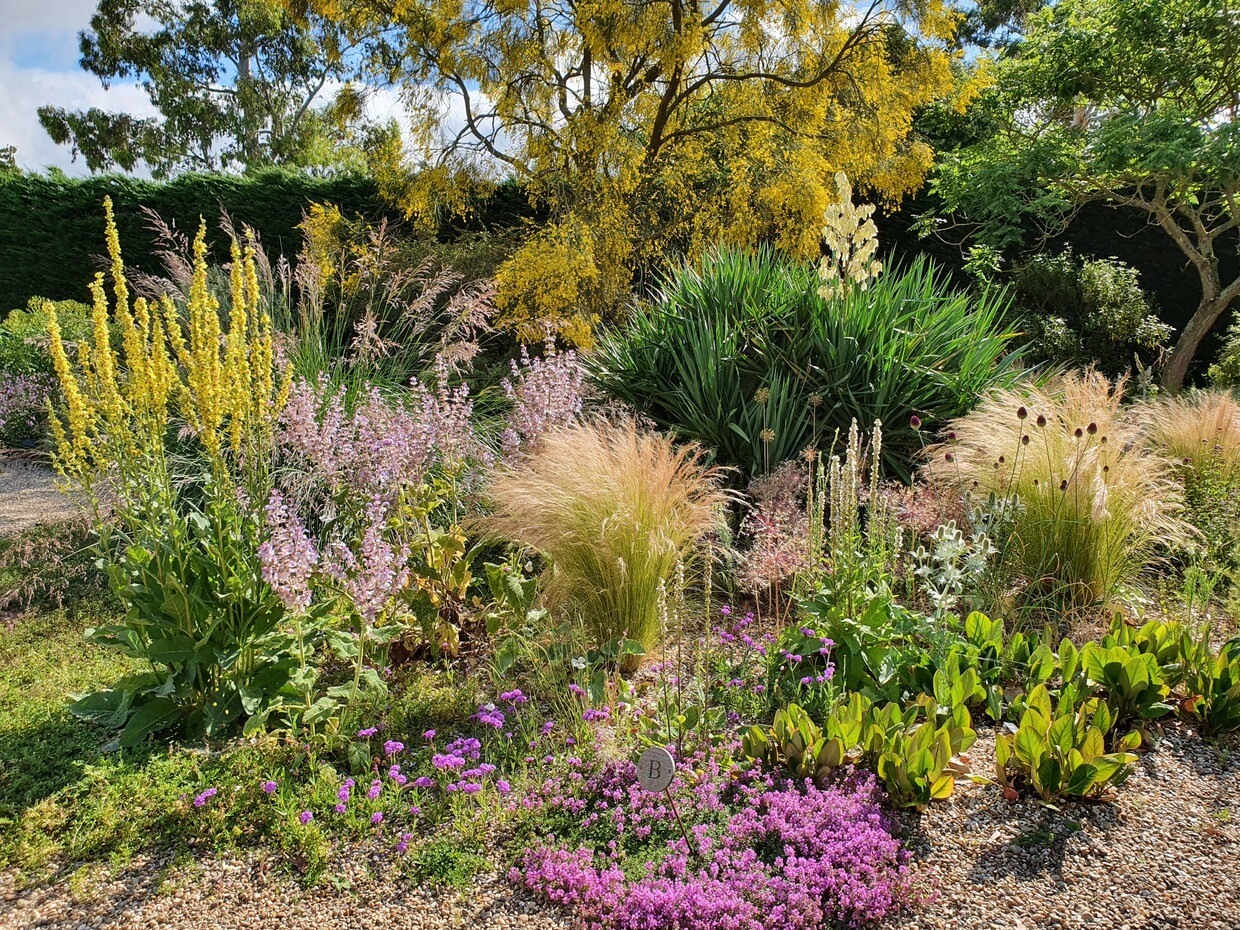
Learn how Beth created her world famous Gravel Garden and how the garden team now maintain it.
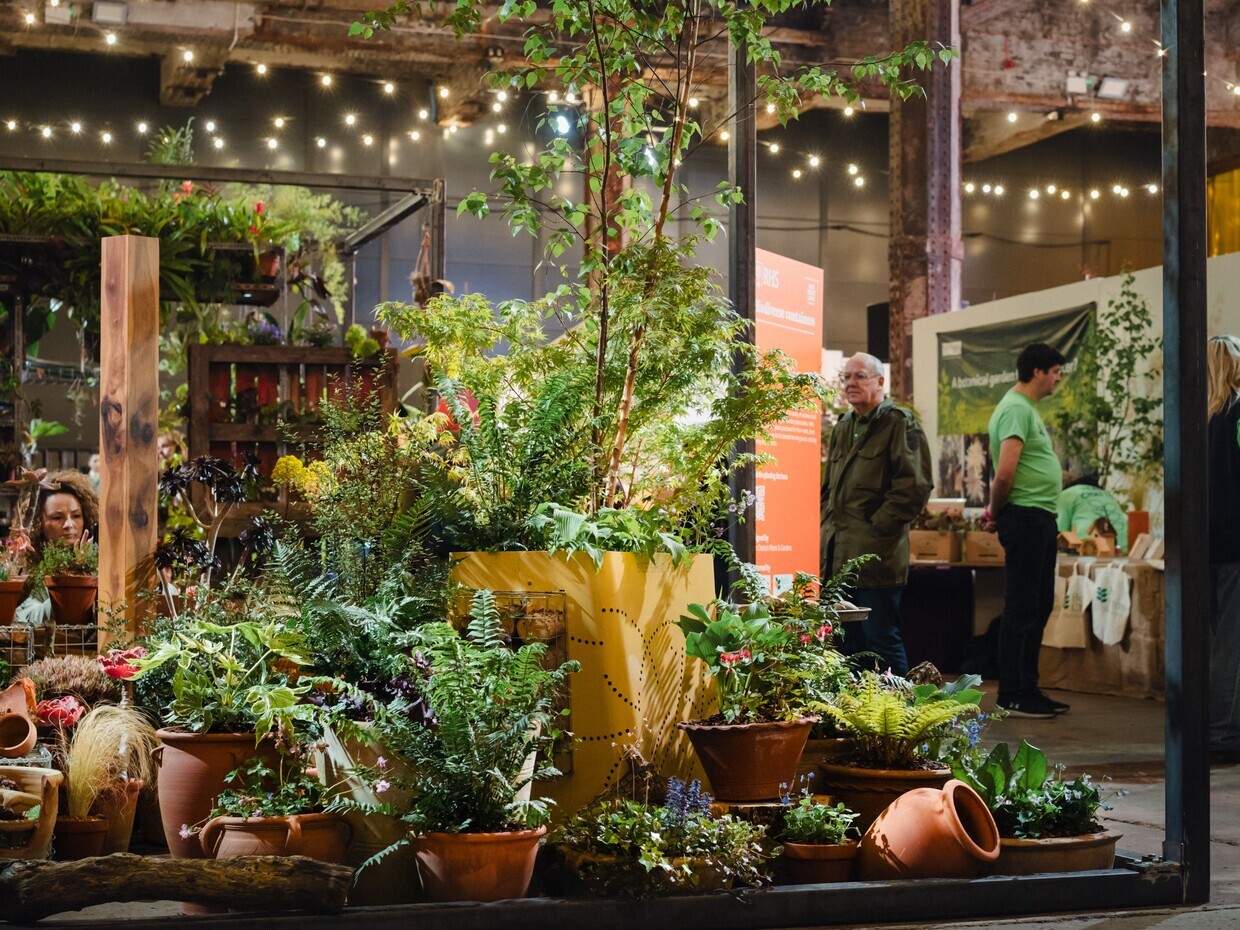
Find out about our recent show stand and garden at the first RHS Urban Show when we ventured all the way to Manchester!
Full plant list included.

On the 10th April, members of the stock bed team hosted Beth Chatto’s first Miscanthus Championship, an Olympic-like event where two teams competed to see who could dig up miscanthus plants the fastest.
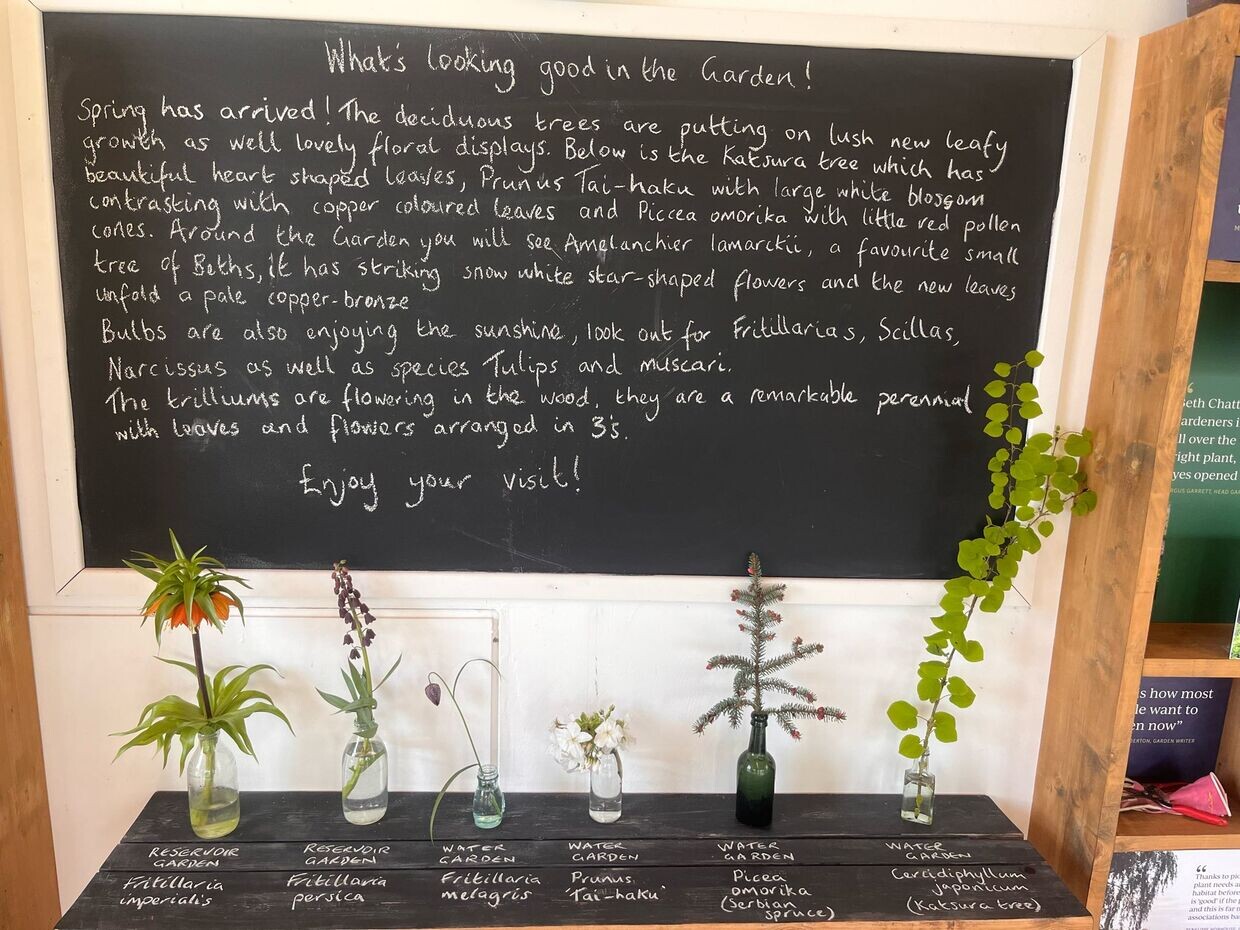
Here's a round up of what's looking good in the garden now.
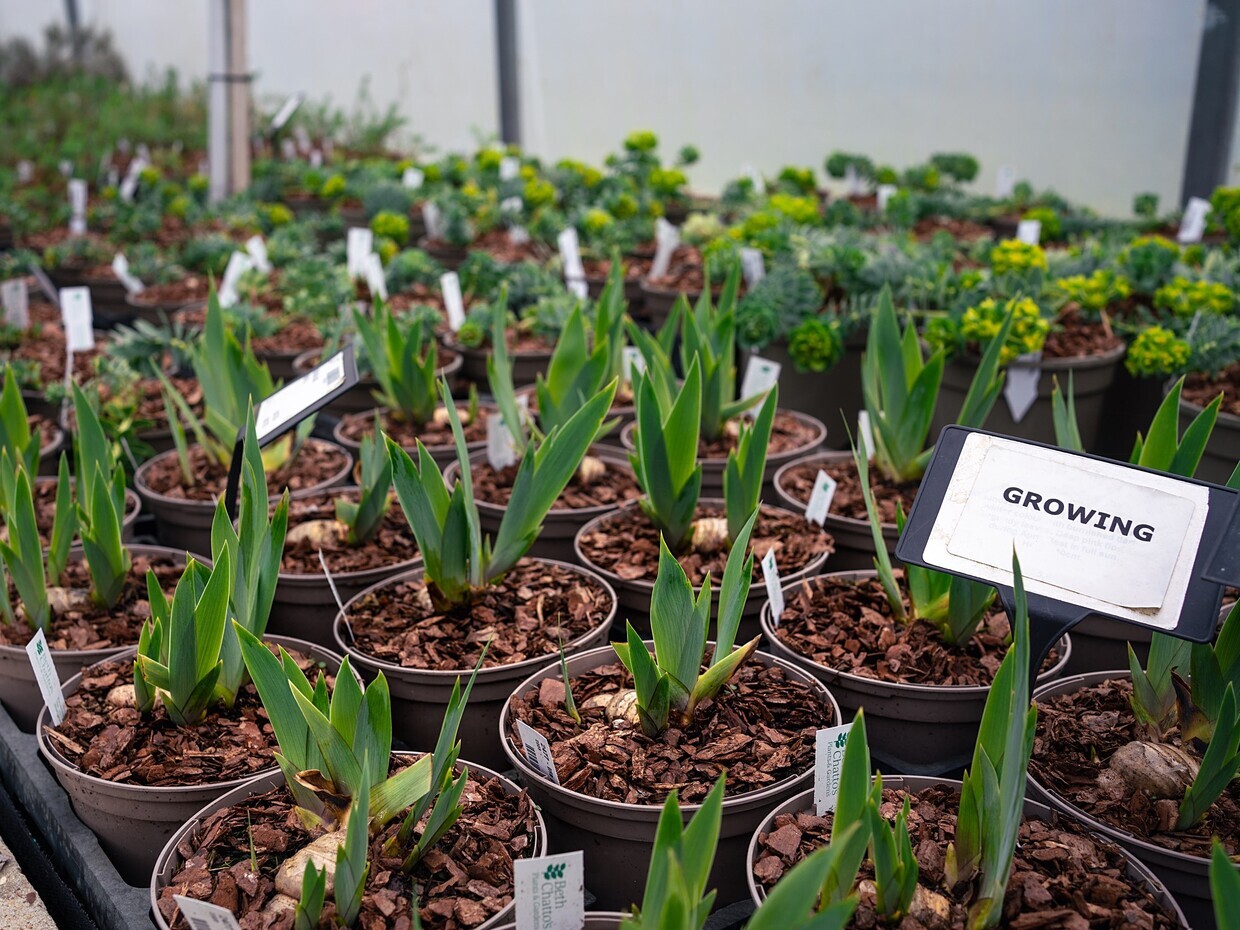
Have you ever wondered what it might be like to grow a large range of plants for a show garden at one of the world’s most prestigious horticultural shows? Well hopefully this article might give you some insight into what’s involved.
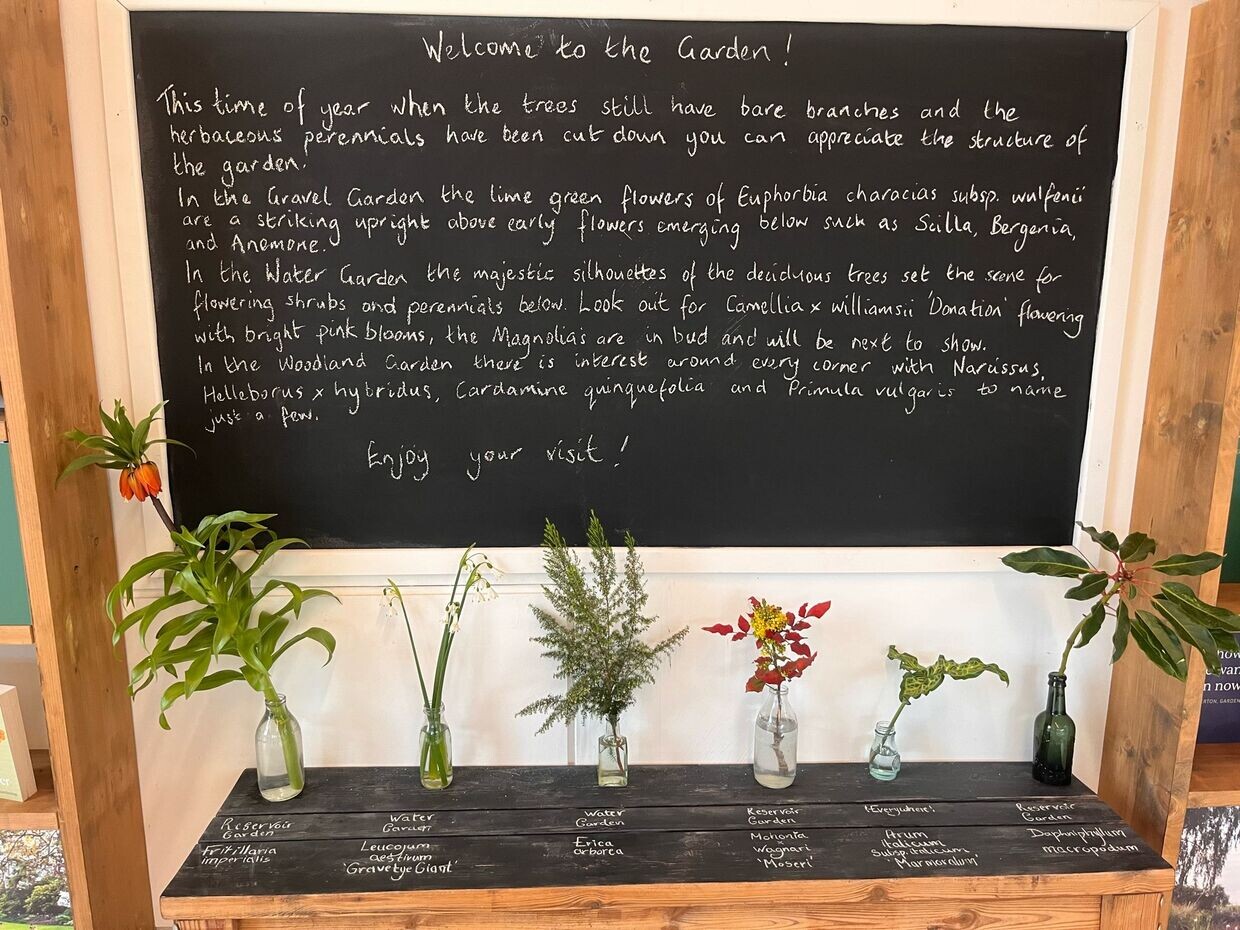
Here's a round up of what's looking good in the garden now.

Cuttings are a great method of asexual reproduction which allows you to create more of your favourite garden plants by simply cutting off a stem.
Production assistant Megan guides us through the cuttings process.
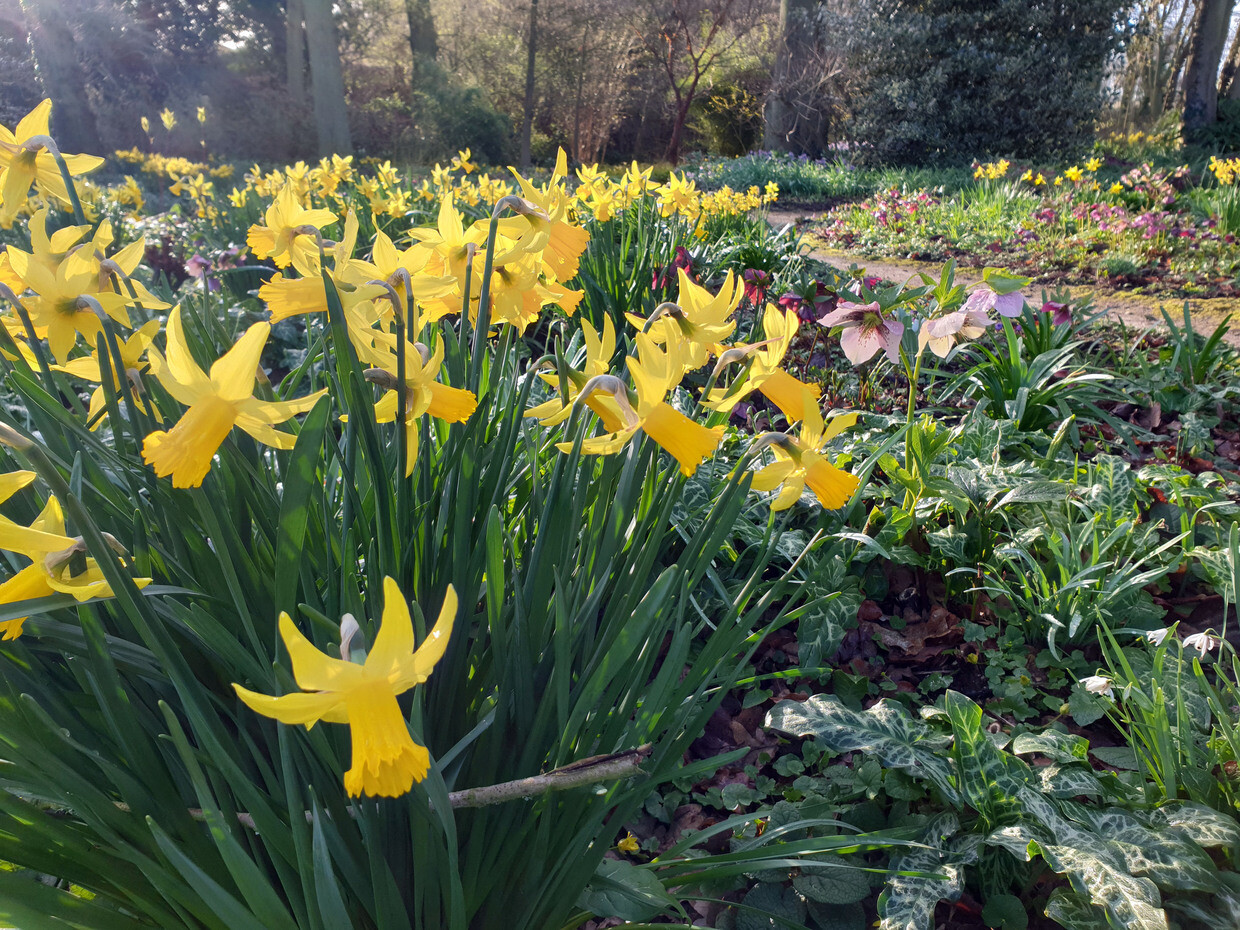
Apprentice Hannah shares some of her favourite spring flowers and the myths and legends associated with them.
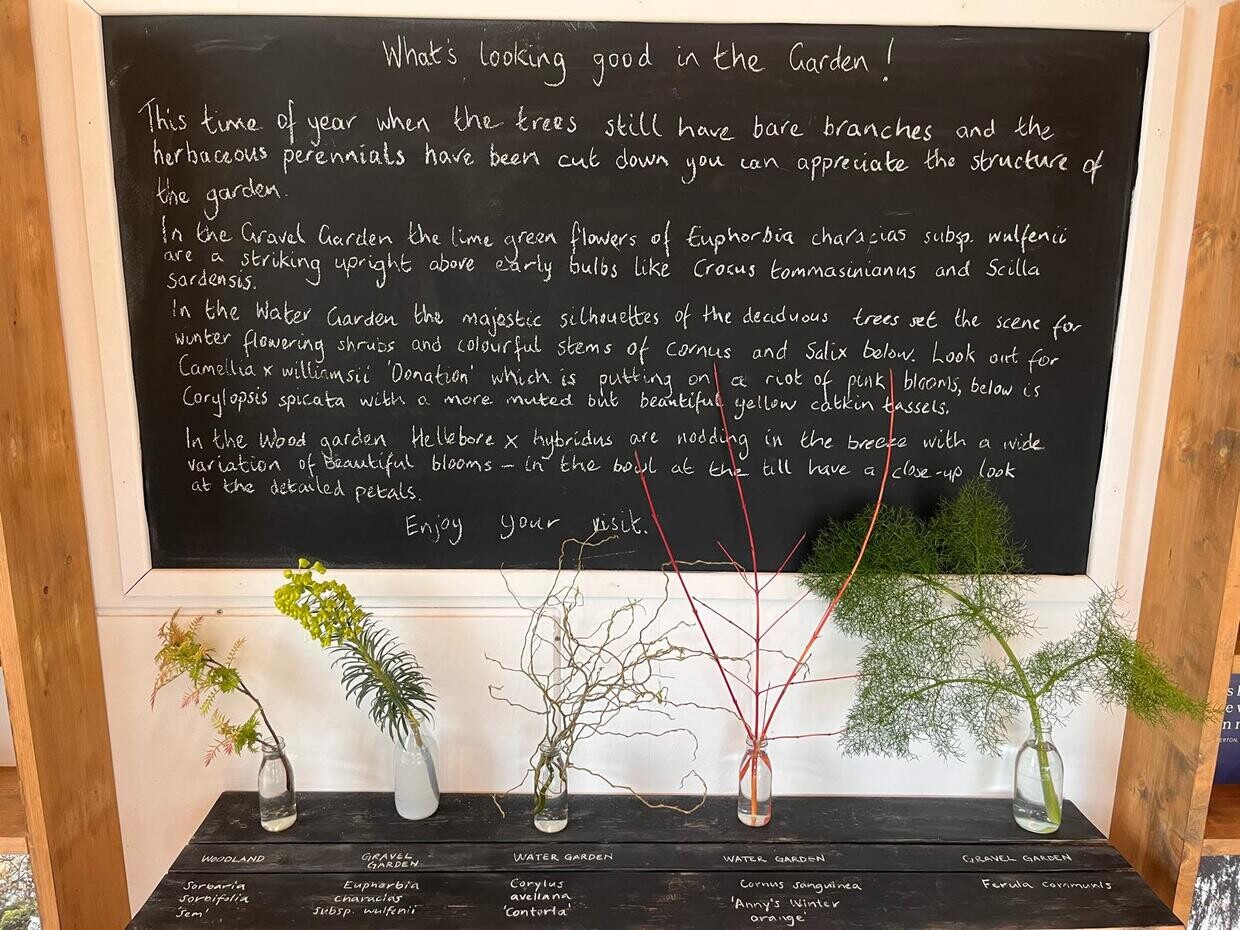
Here's a round up of what's looking good in the garden now.
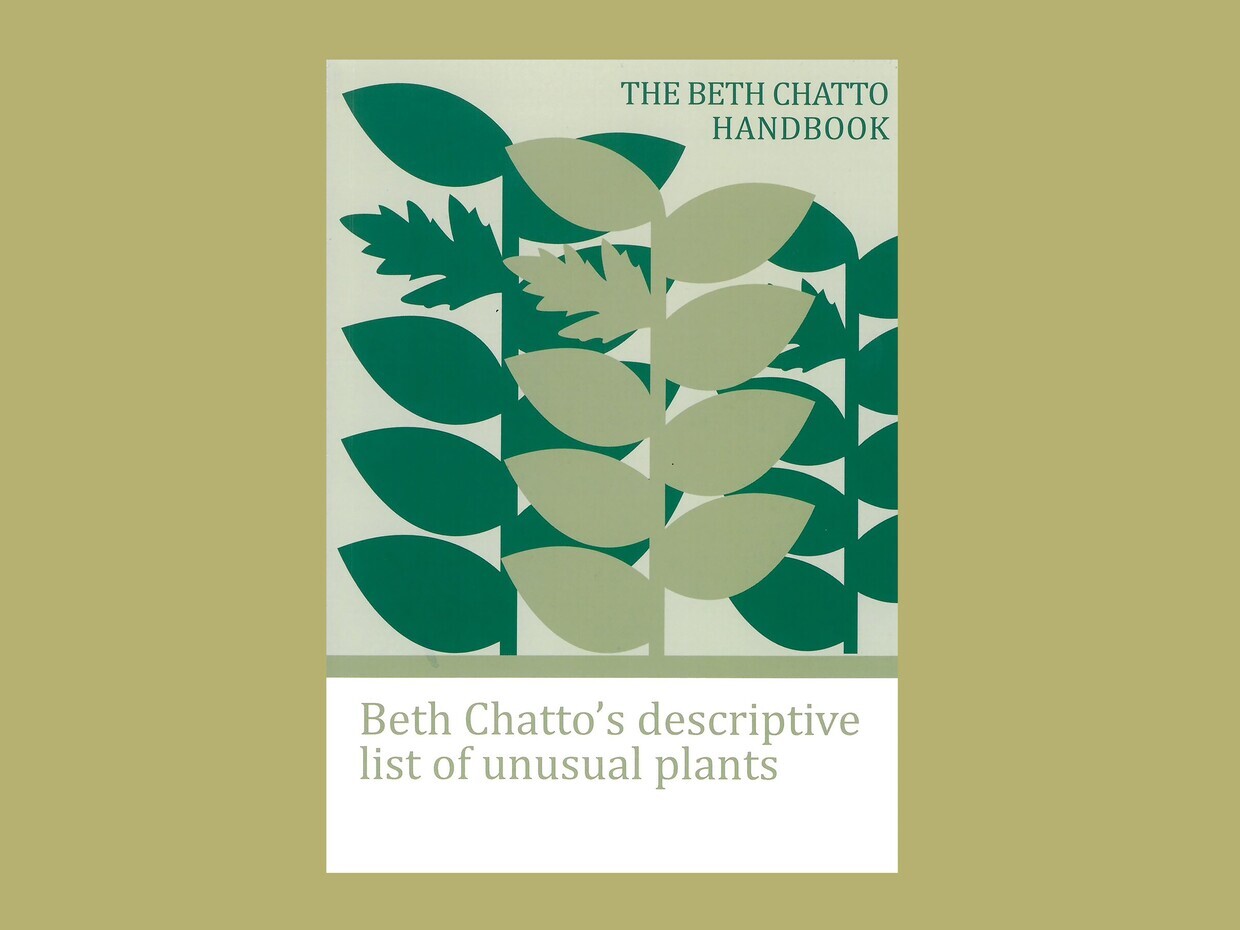
Flowers for cutting
The Beth Chatto Handbook
Beth Chatto's descriptive list of unusual plants
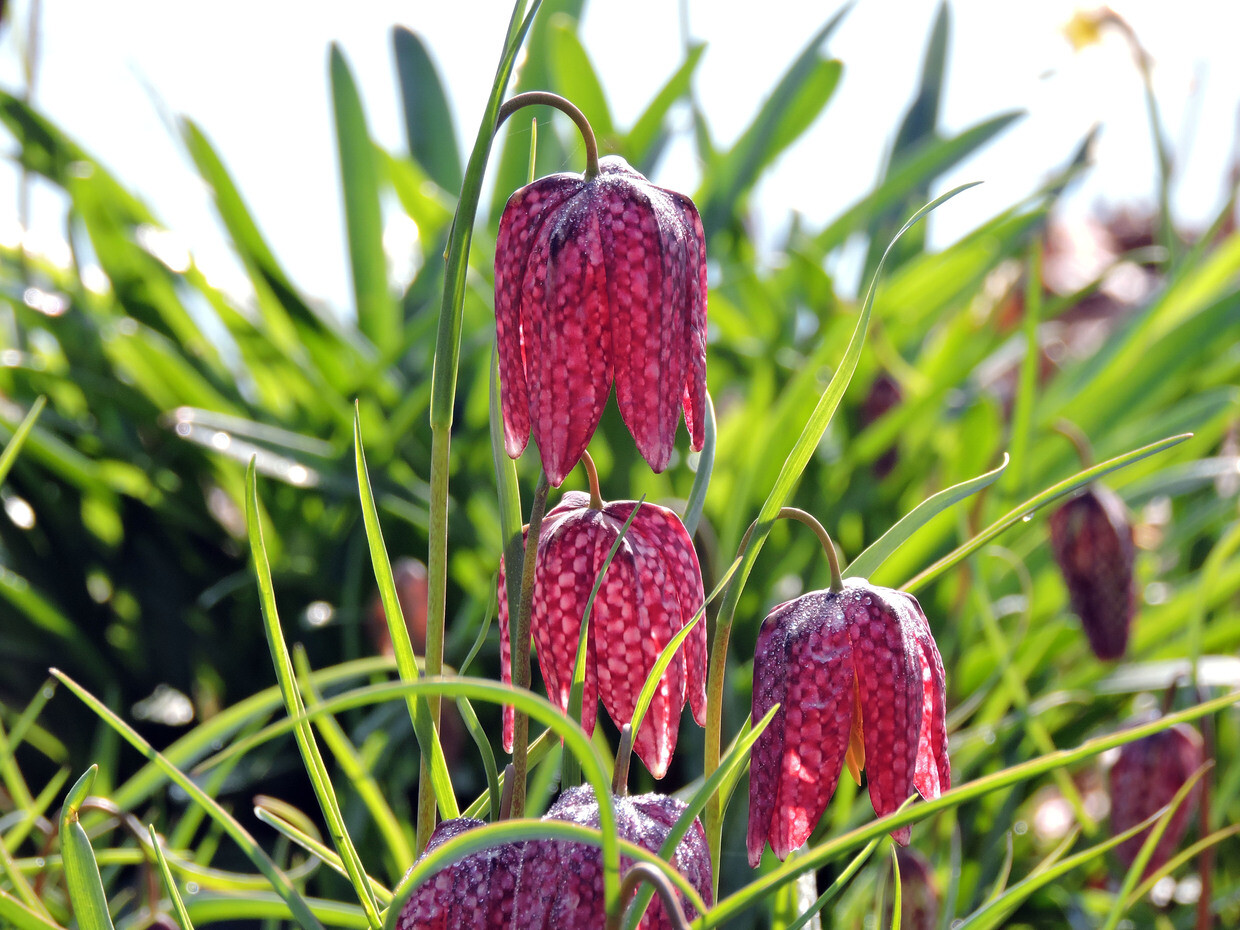
When little else is showing above the cold soil, spring bulbs can always be relied upon to add colour and beauty to the garden.
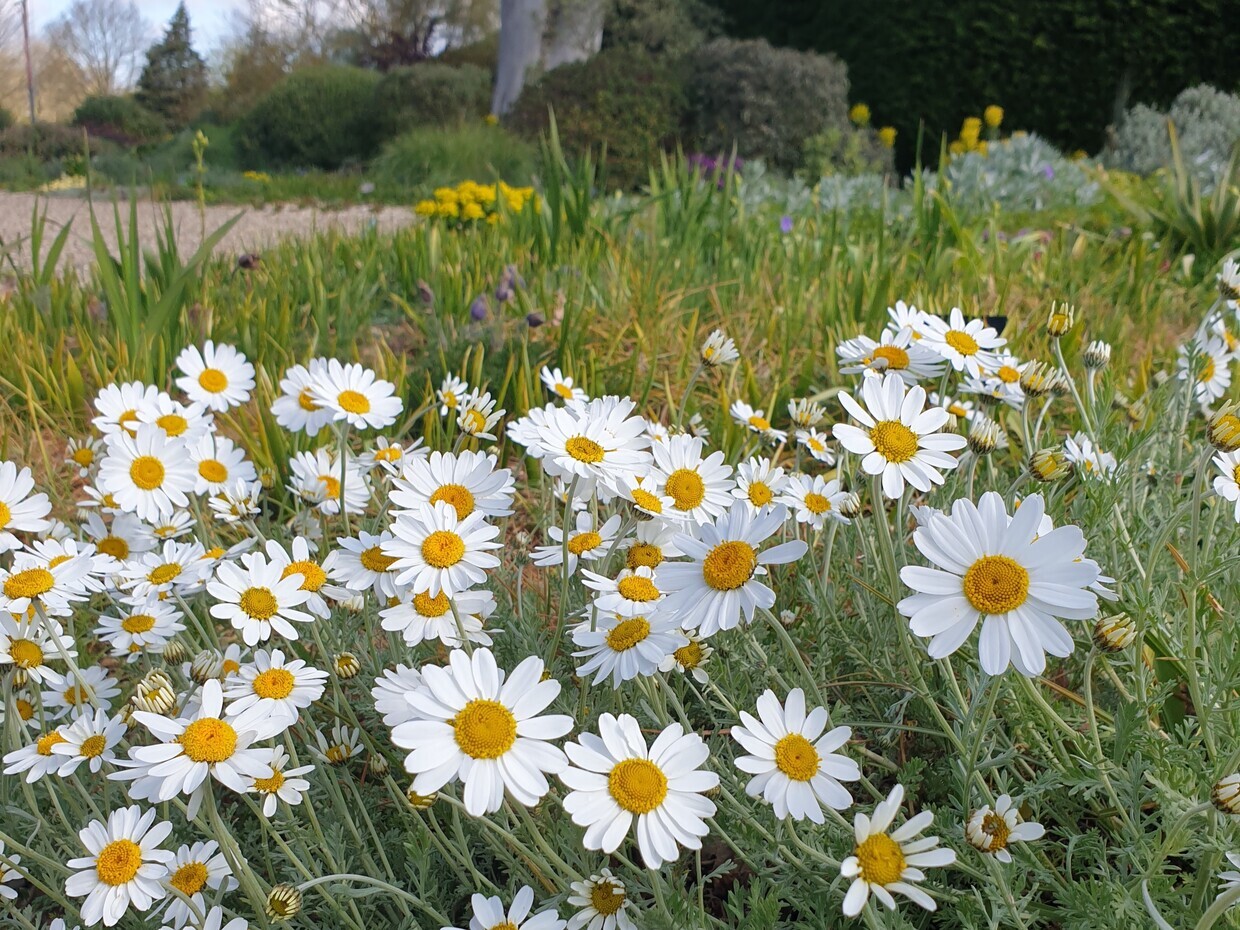
A list of plants, either sold on our nursery or in the garden, which have changed name this year.
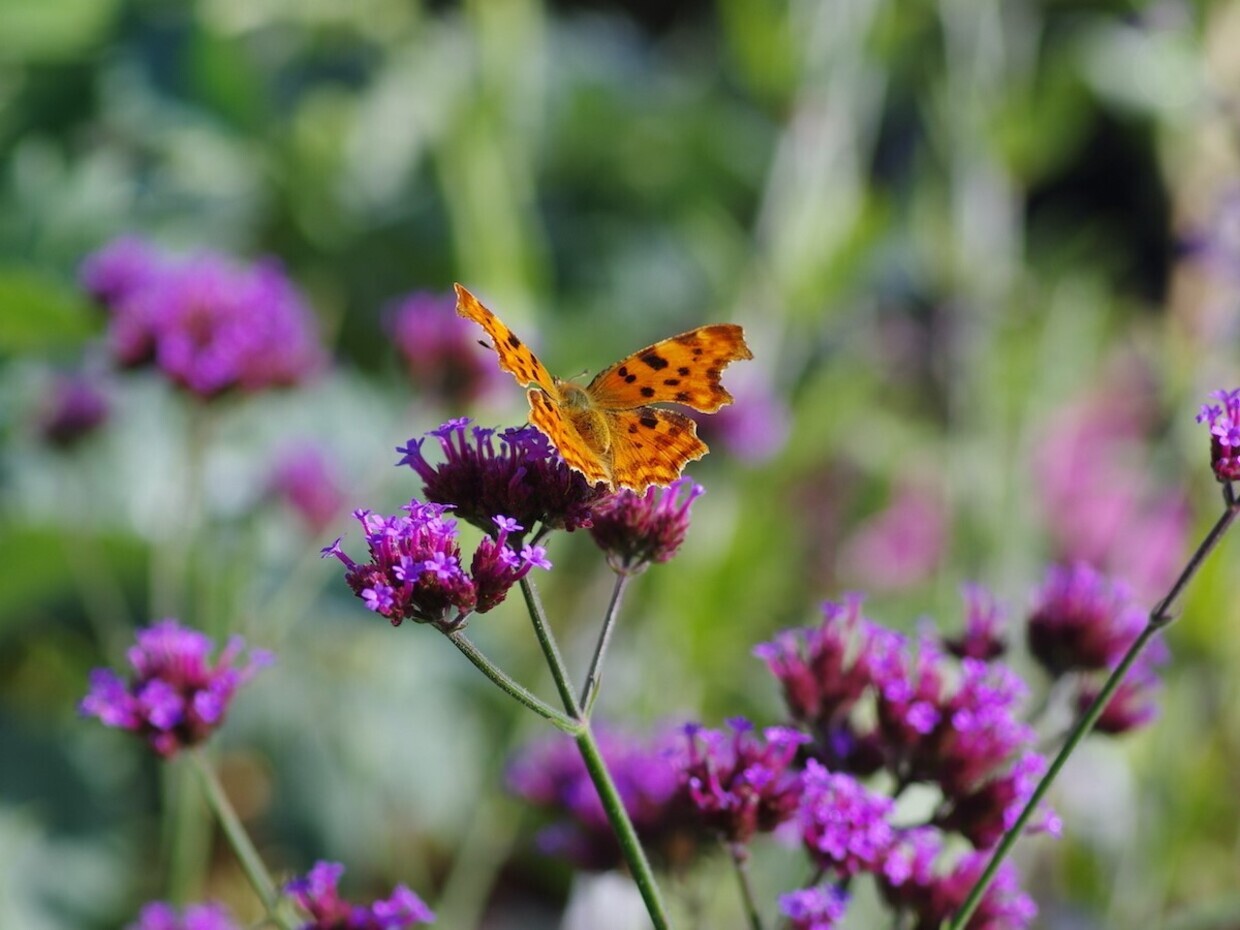
After observing Beth's Garden for a year, the garden team and wildlife expert, Dr Chris Gibson, noted which plants helped to extend the season providing year-round food, and also those that were frequently visited by pollinators and other insects.
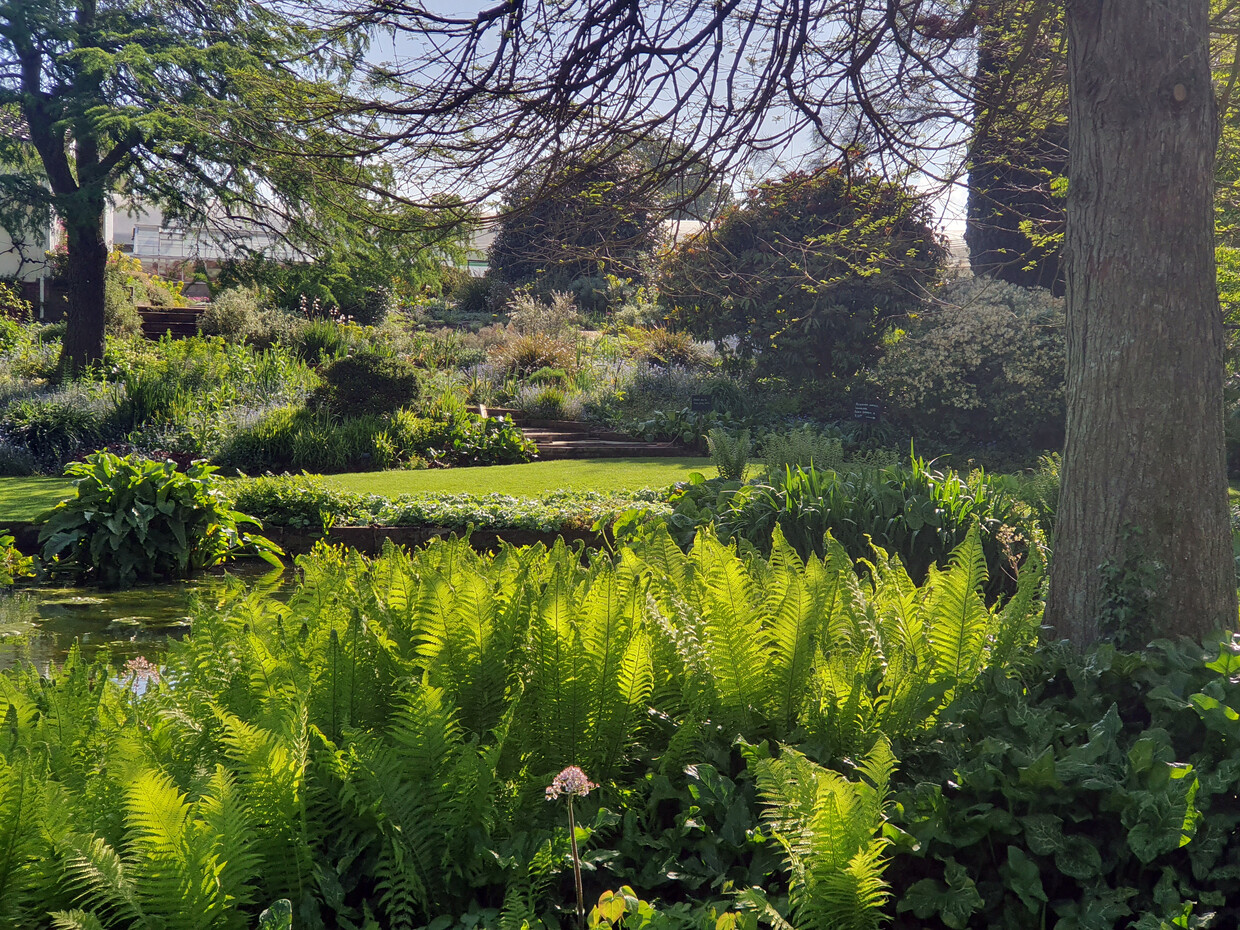
Production assistant Miya tells us about the lovely ostrich fern, Matteuccia struthiopteris and how to propagate it.
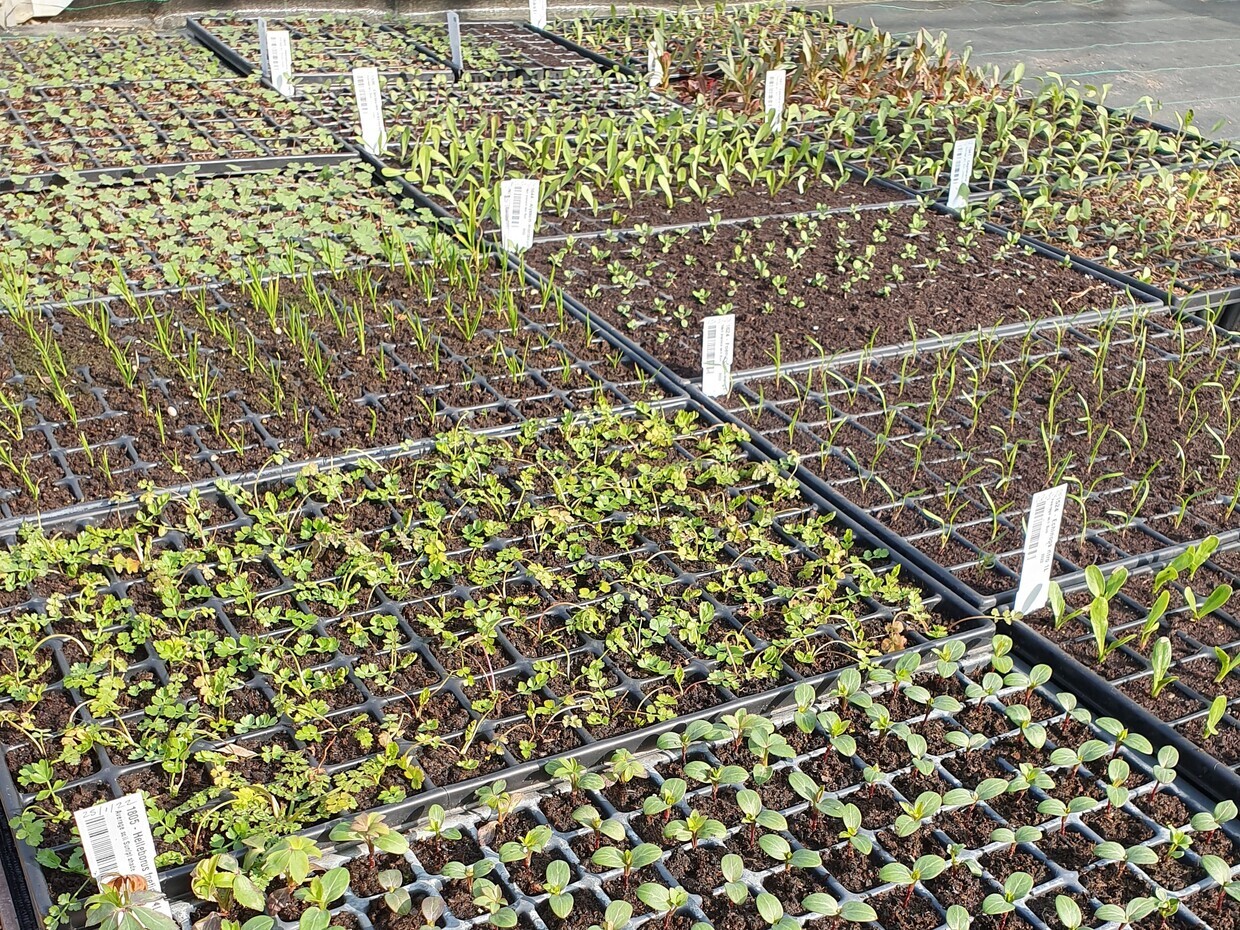
Production Assistant Megan talks us through seed sowing.
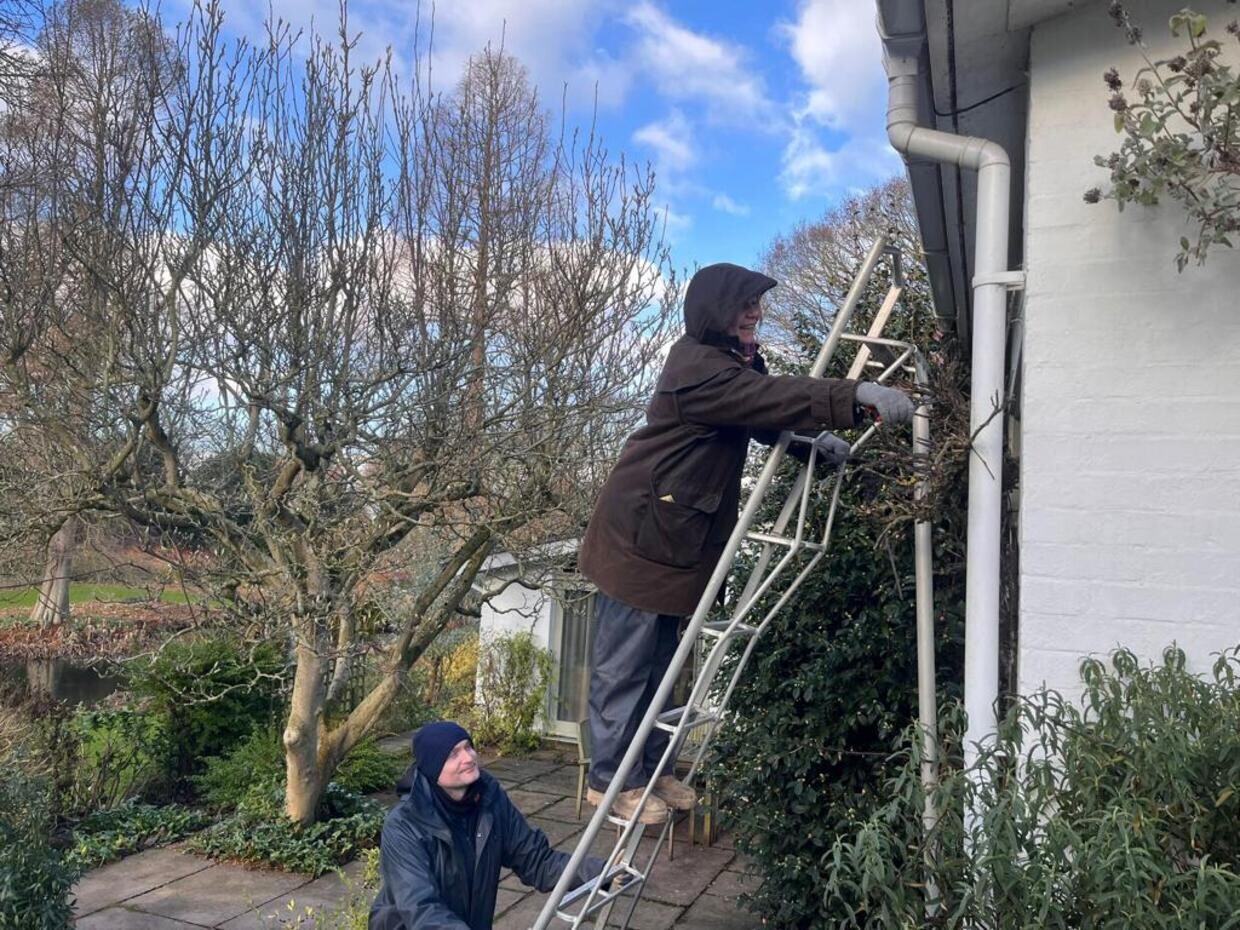
Read about Hannah's time with the garden team this month.
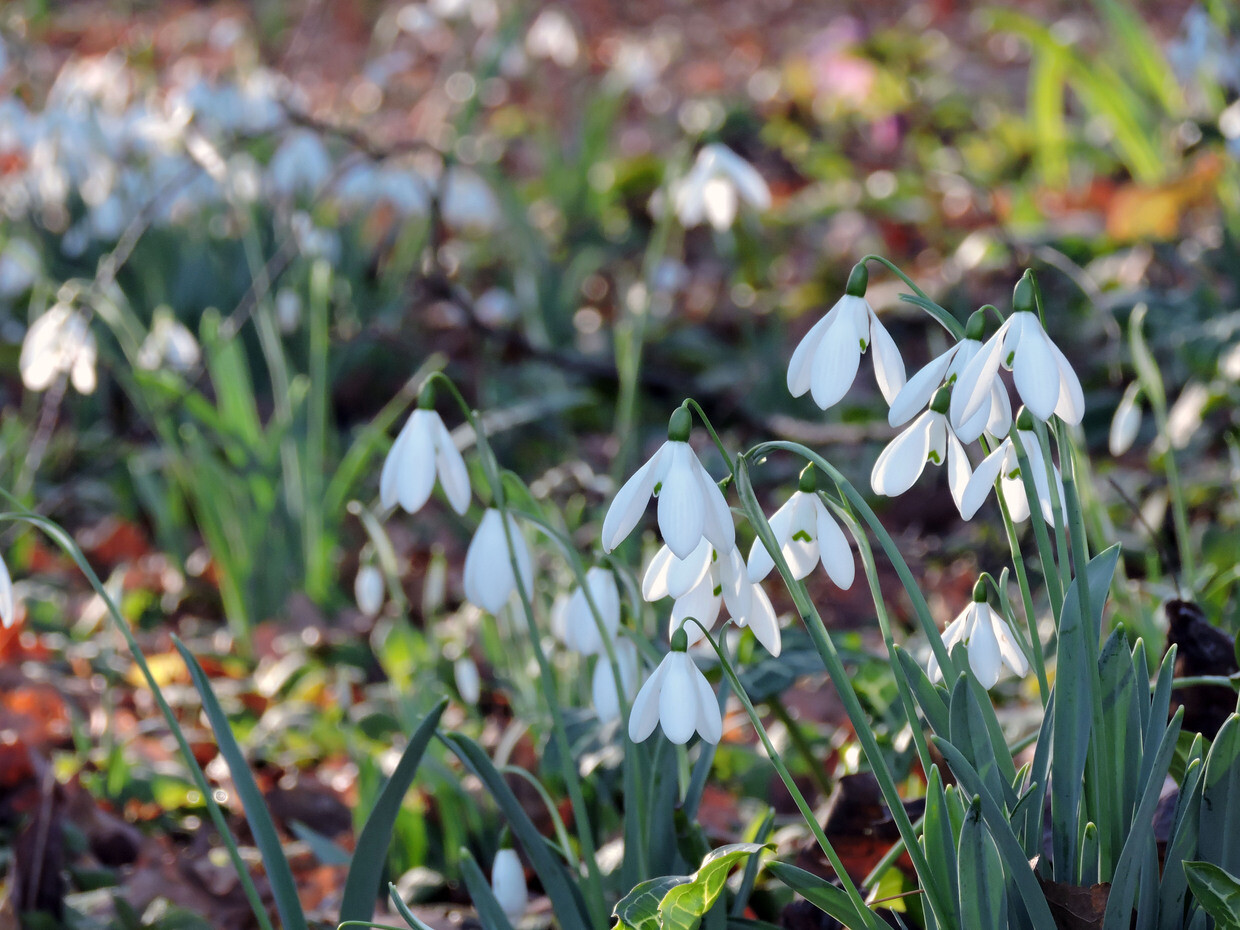
Growing manager Marc tells us about his love of the humble snowdrop and some of the legends and superstitions associated with them.
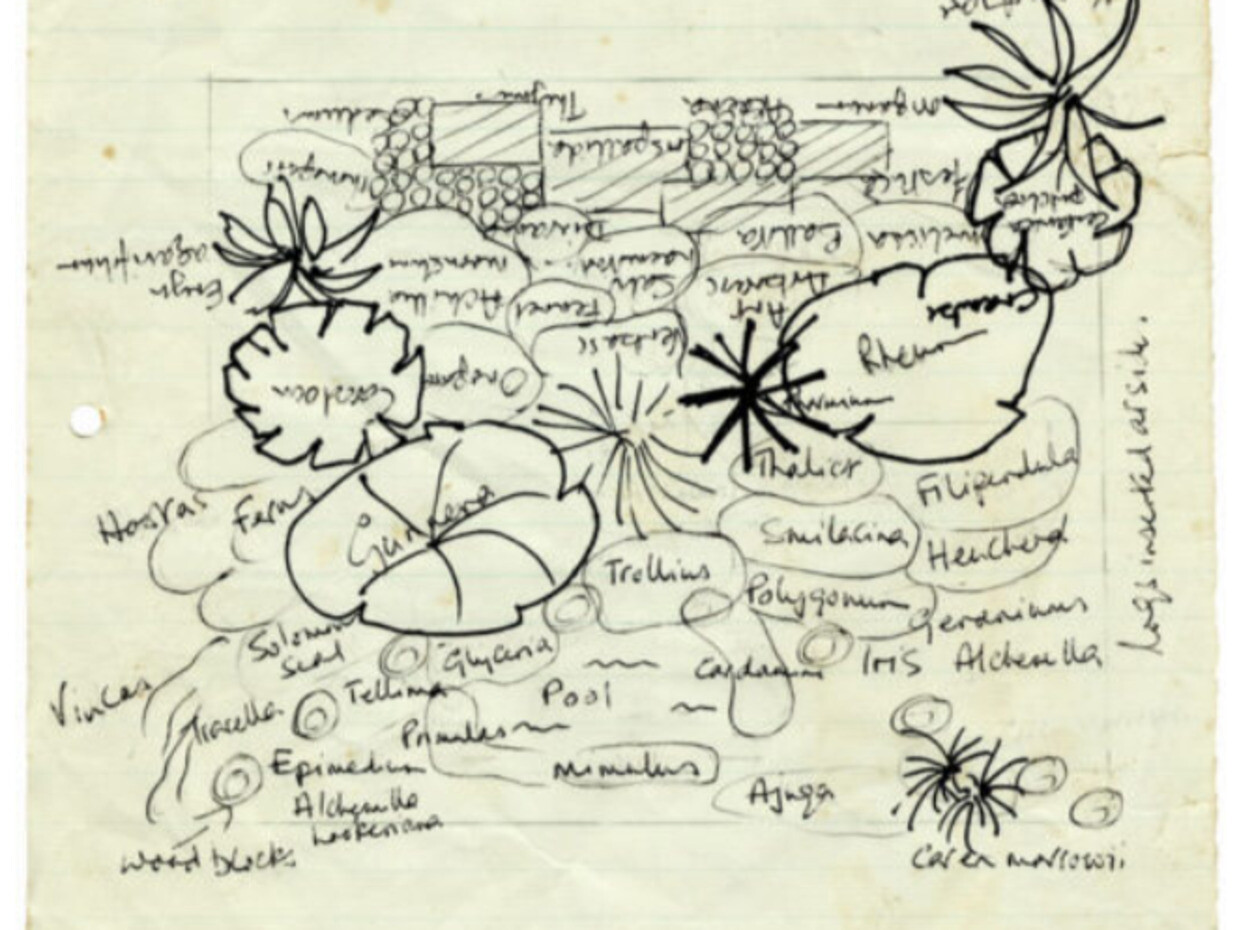
After delving into Beth's archive, we have found the plant list for her first ever Chelsea Flower Show stand from 1976.
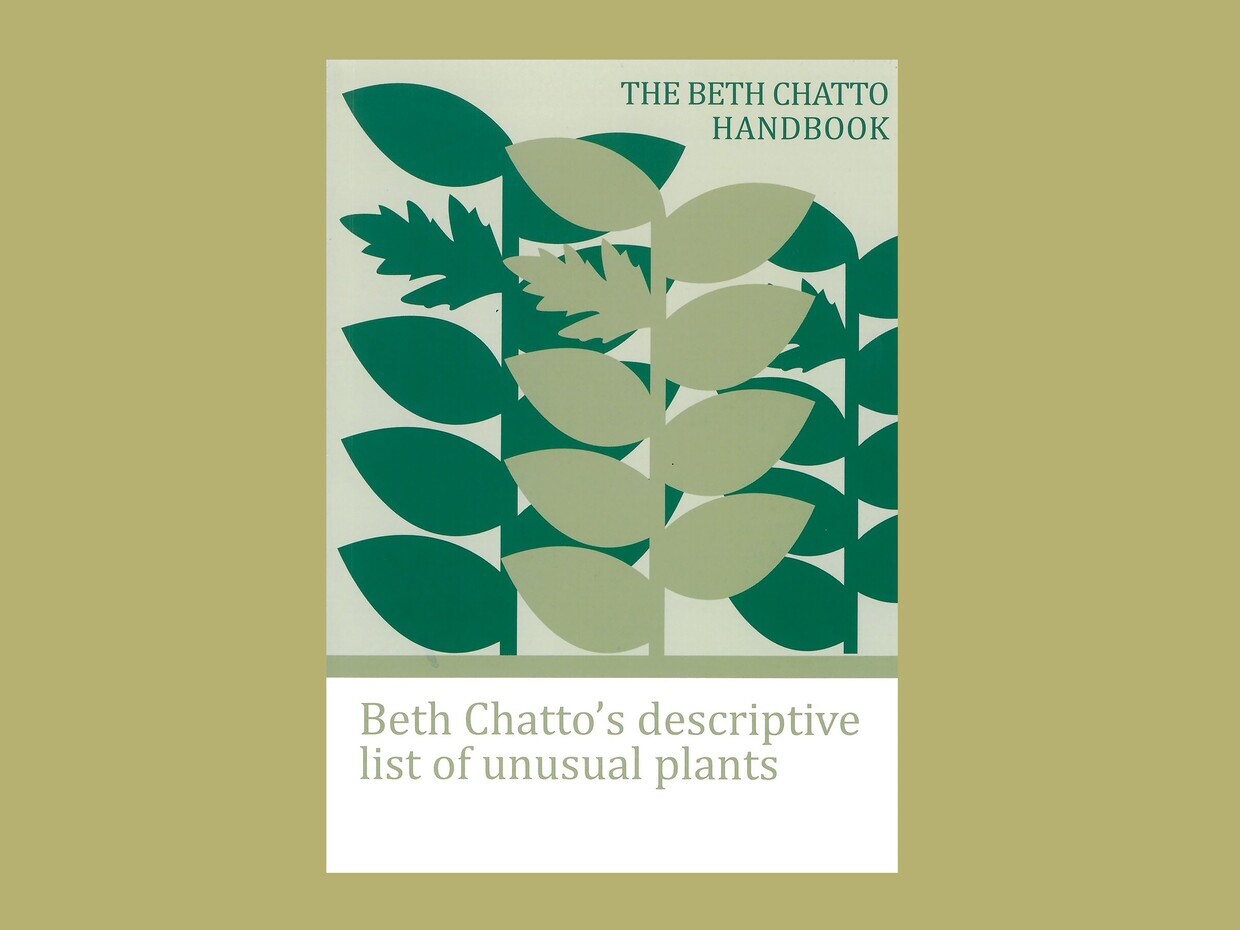
The Beth Chatto Handbook
Beth Chatto's descriptive list of unusual plants
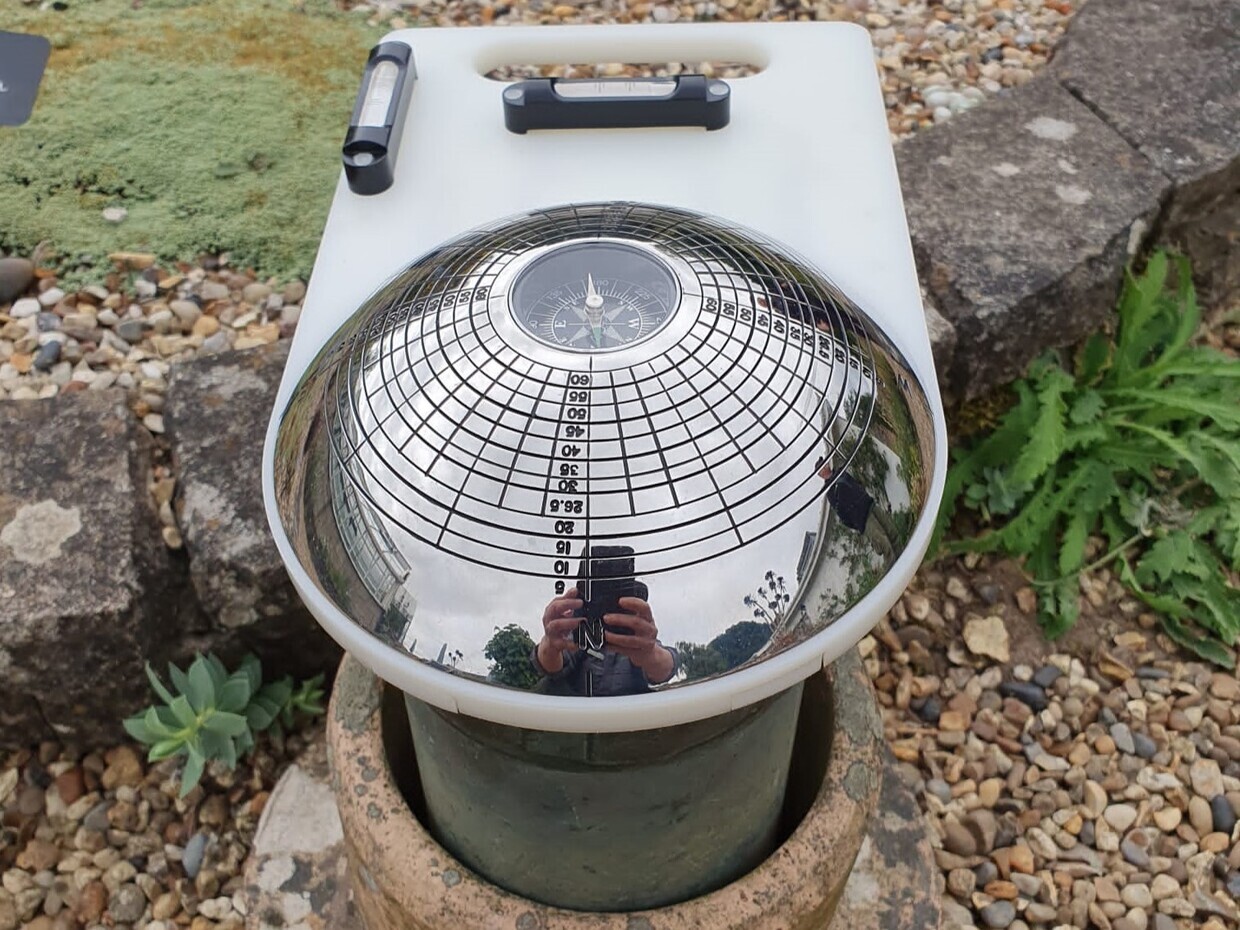
Gardener Scott gives us an update on the newly installed rain gauge and the rainfall total of the year.
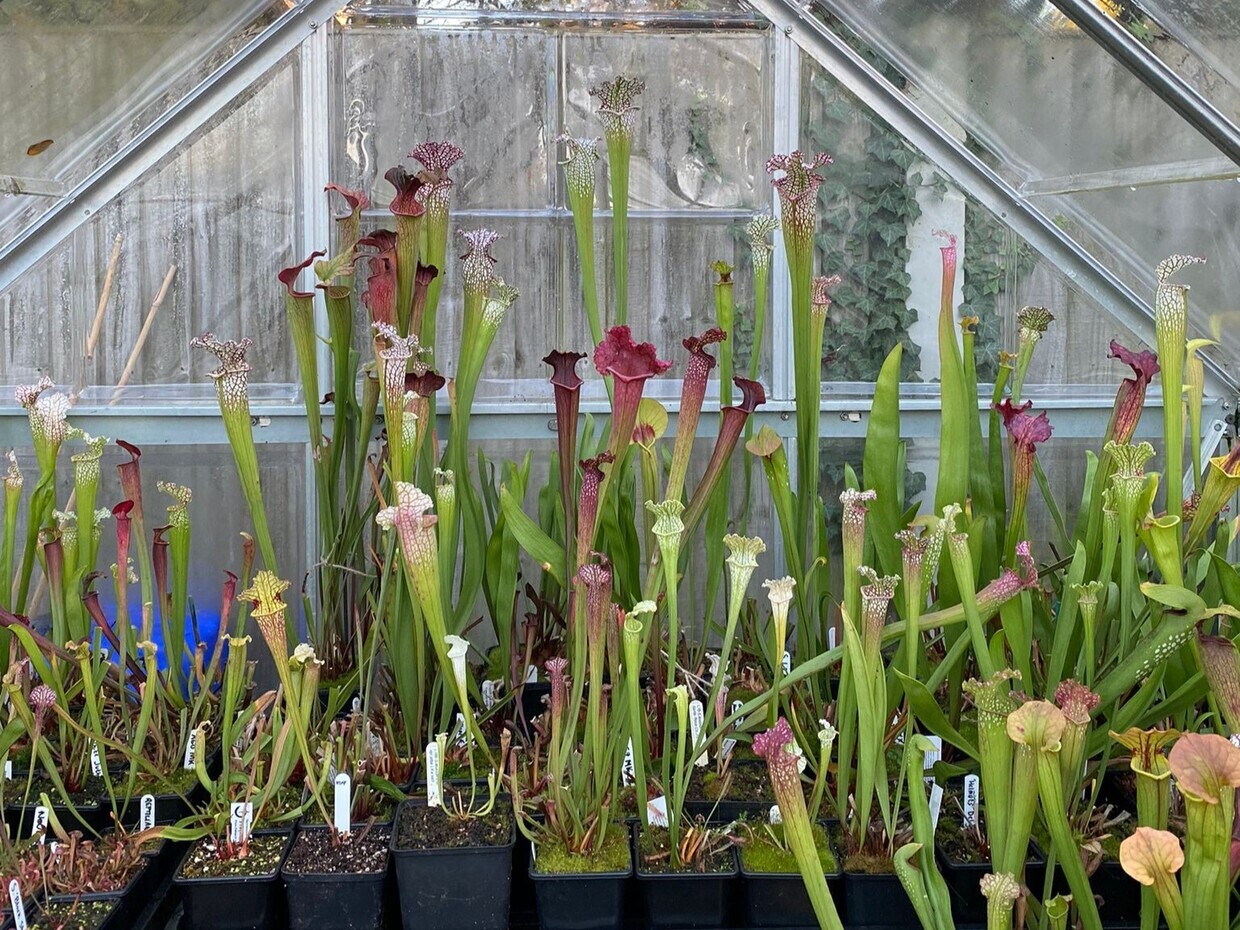
Find out how to look after and propagate carnivorous plants with production assistant Megan.
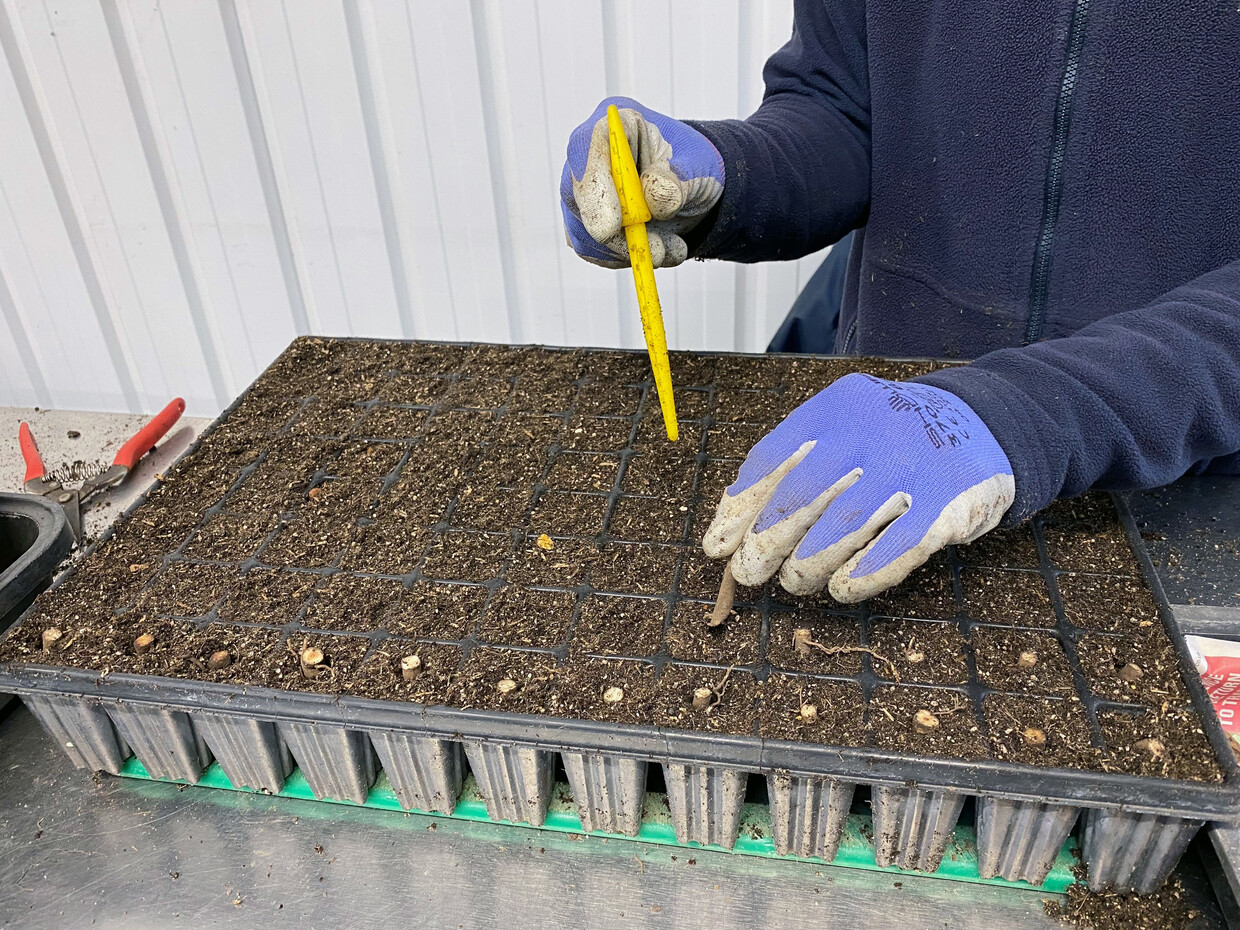
Find out how the team increase our stock over winter using root cuttings.
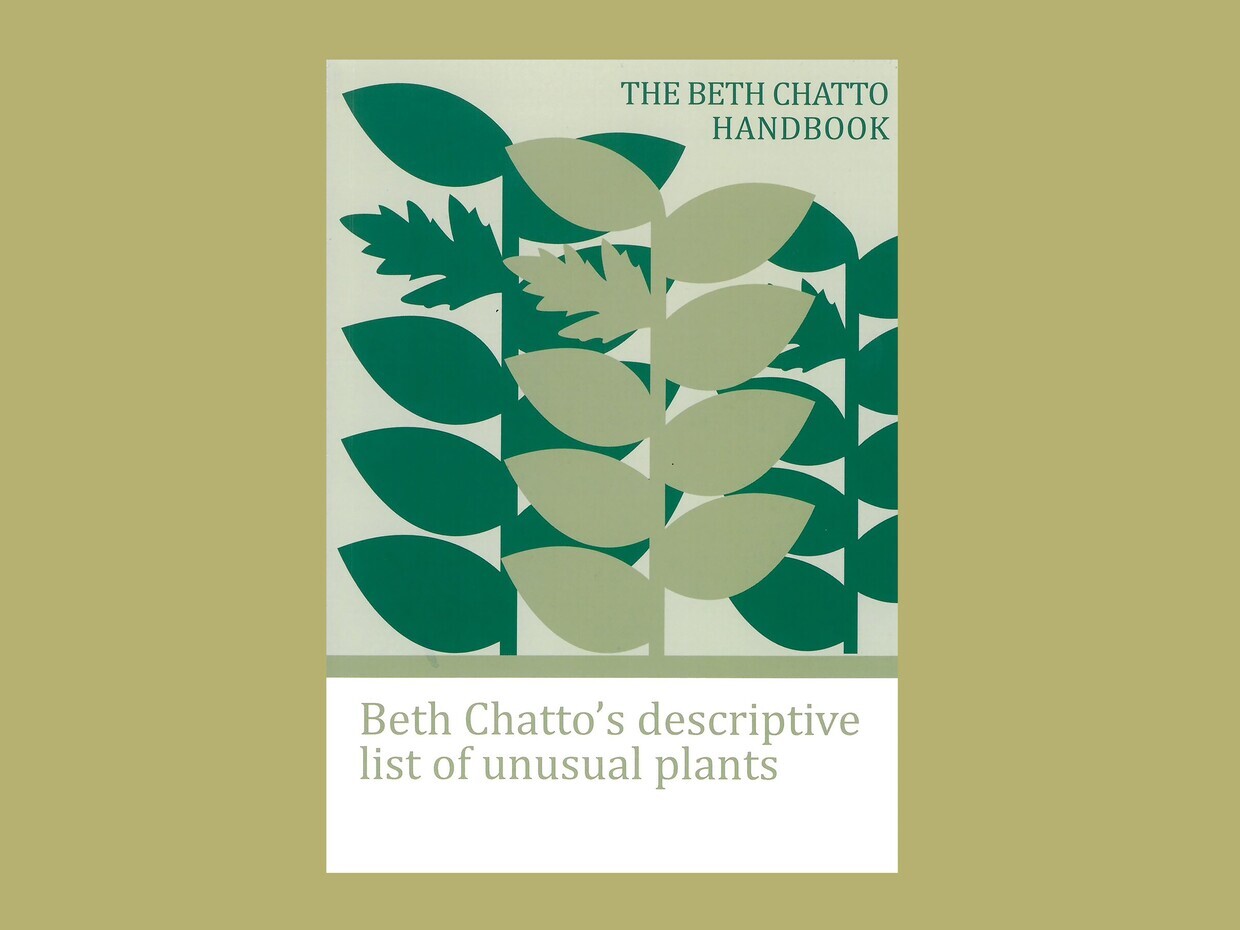
Seed Heads
The Beth Chatto Handbook
Beth Chatto's descriptive list of unusual plants

Autumn colour has finally arrived in the garden!

With winter fast approaching, find out how the propagation team are preparing.
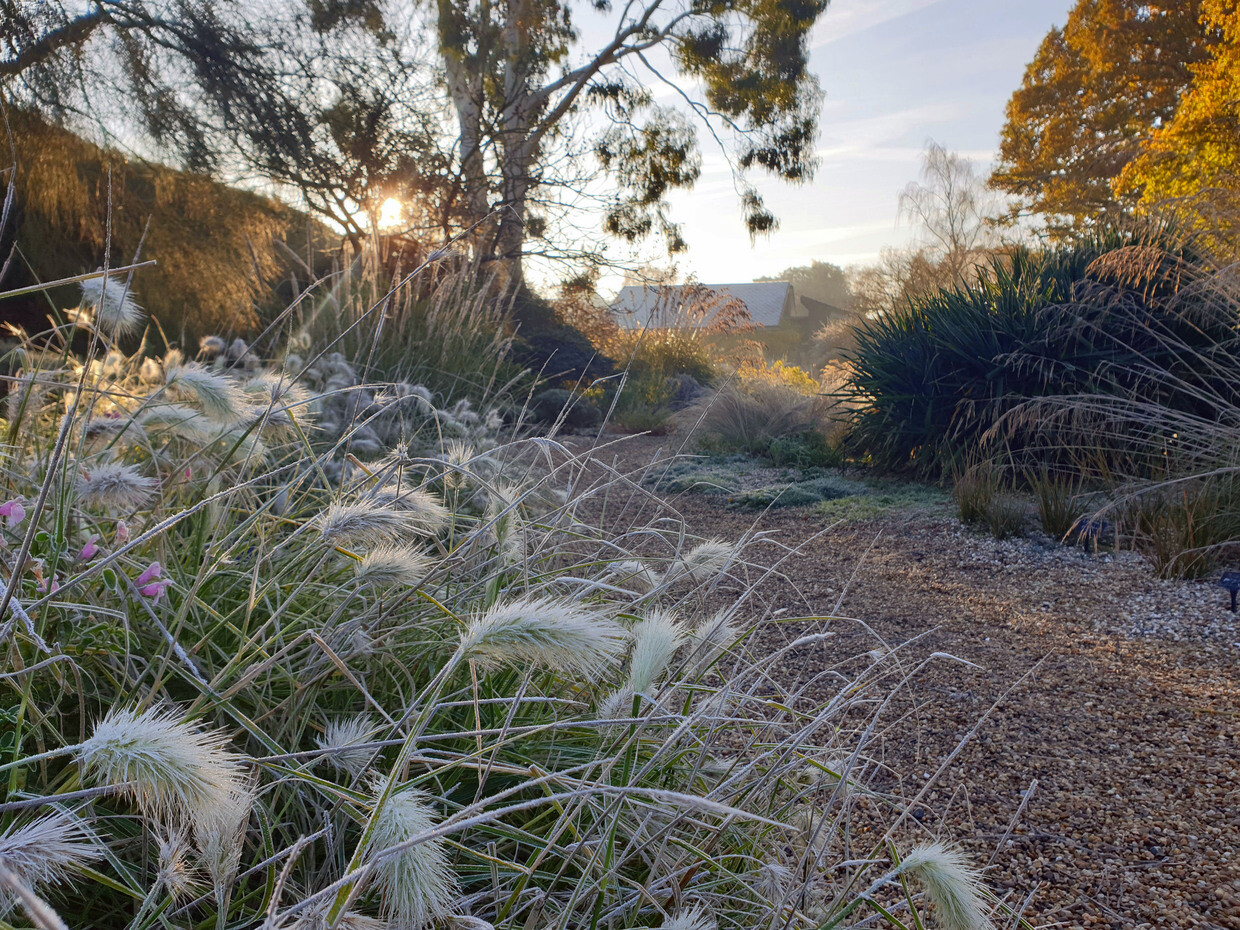
See which seedheads are adding interest to the garden this autumn.
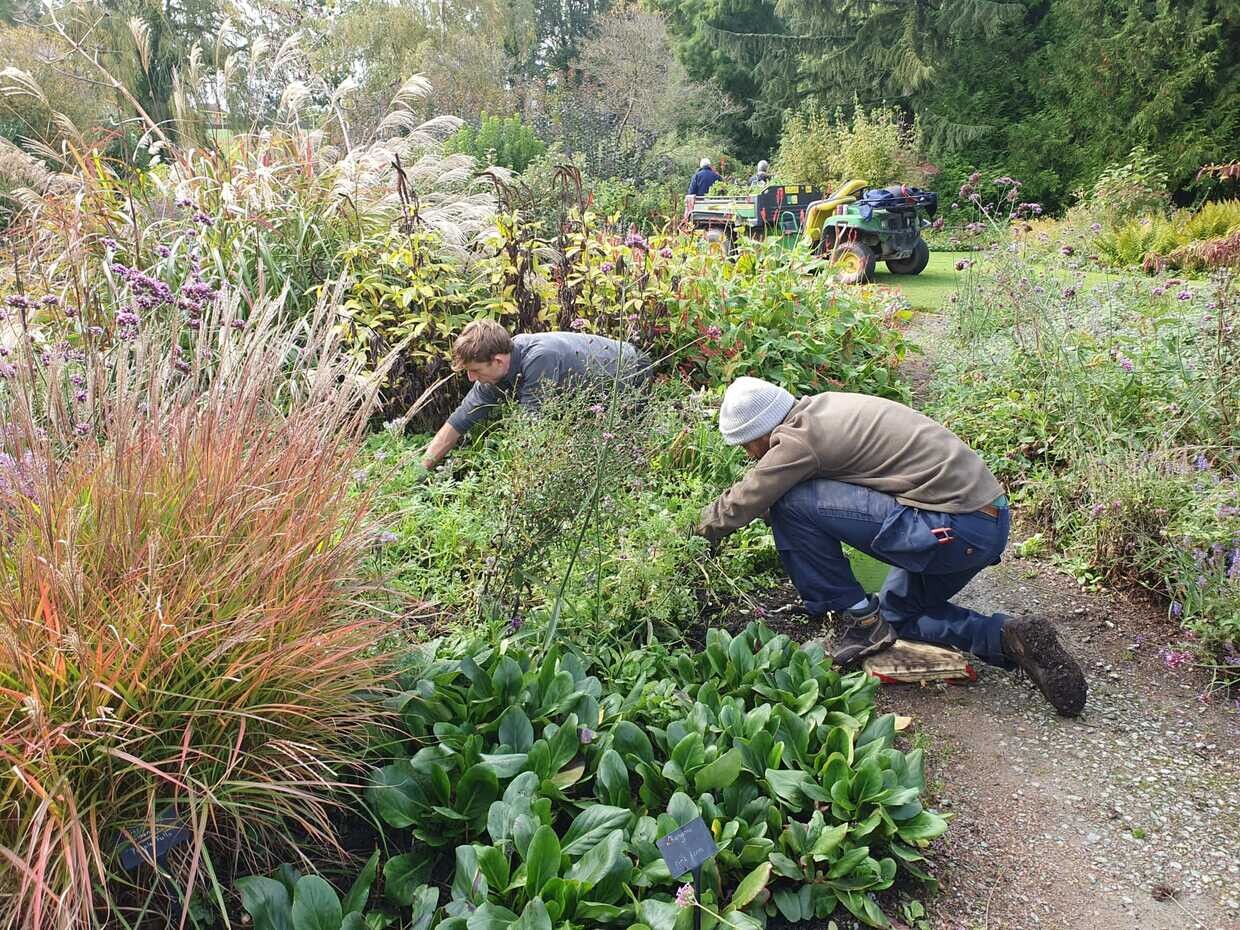
Find out what the garden team have been up to this week.
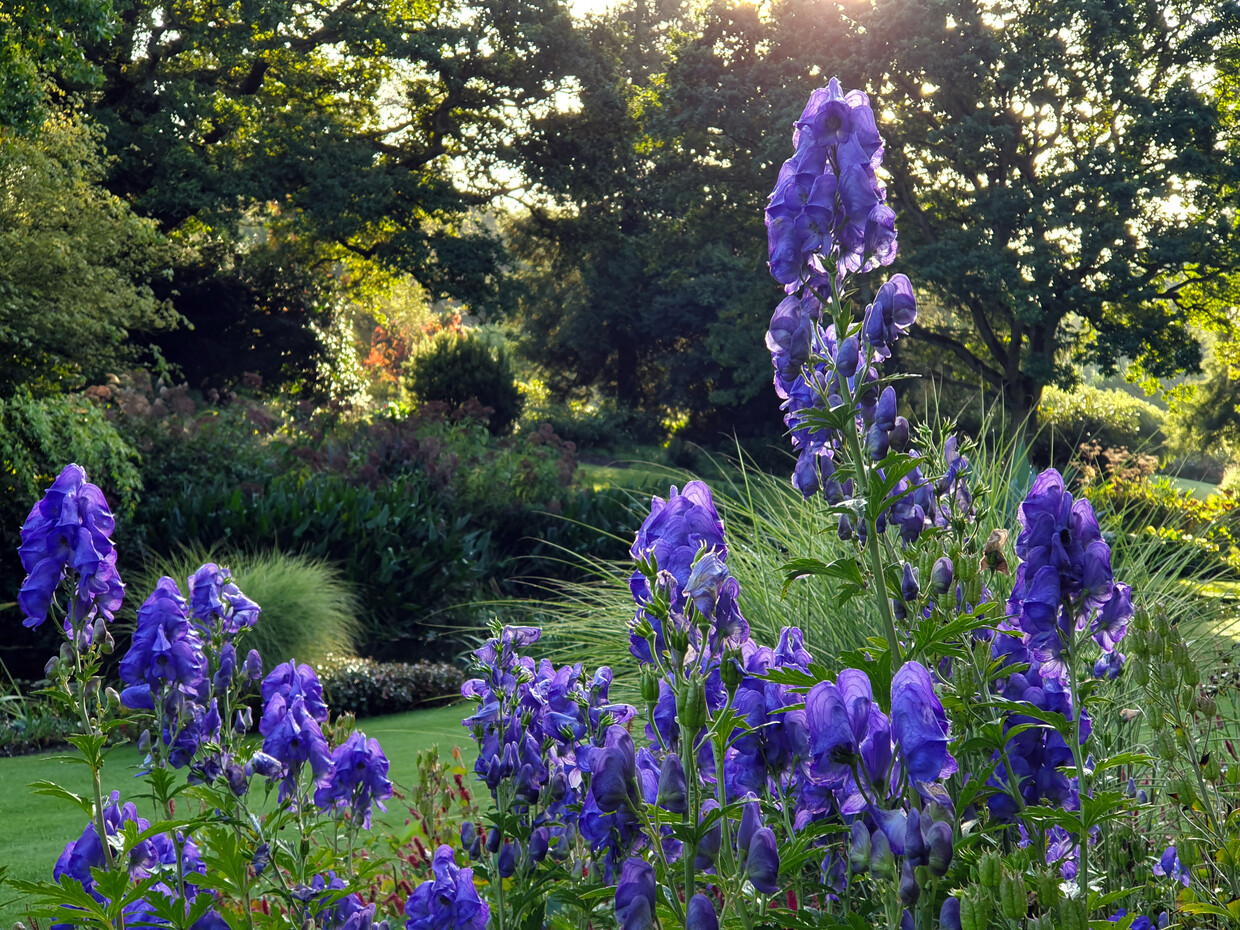
As the season continues to shift, all is not lost. A walk around the garden reveals a number of plants still happily flowering away in mid-October, injecting pops of colour which bridge the gap between summer’s abundant displays and the imminent arrival of autumn’s intense shades.
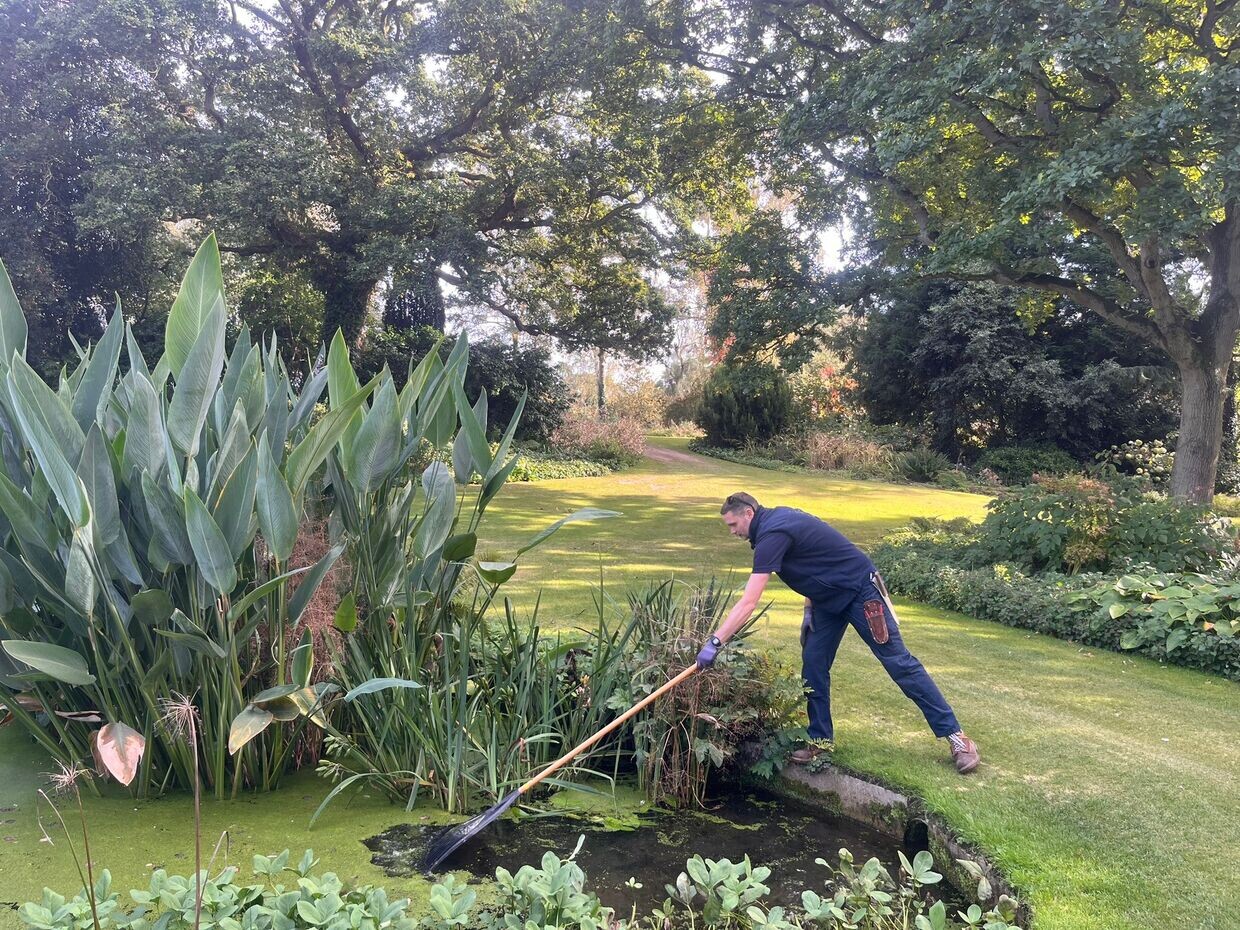
Find out about some of the jobs the garden team have been tackling this autumn.
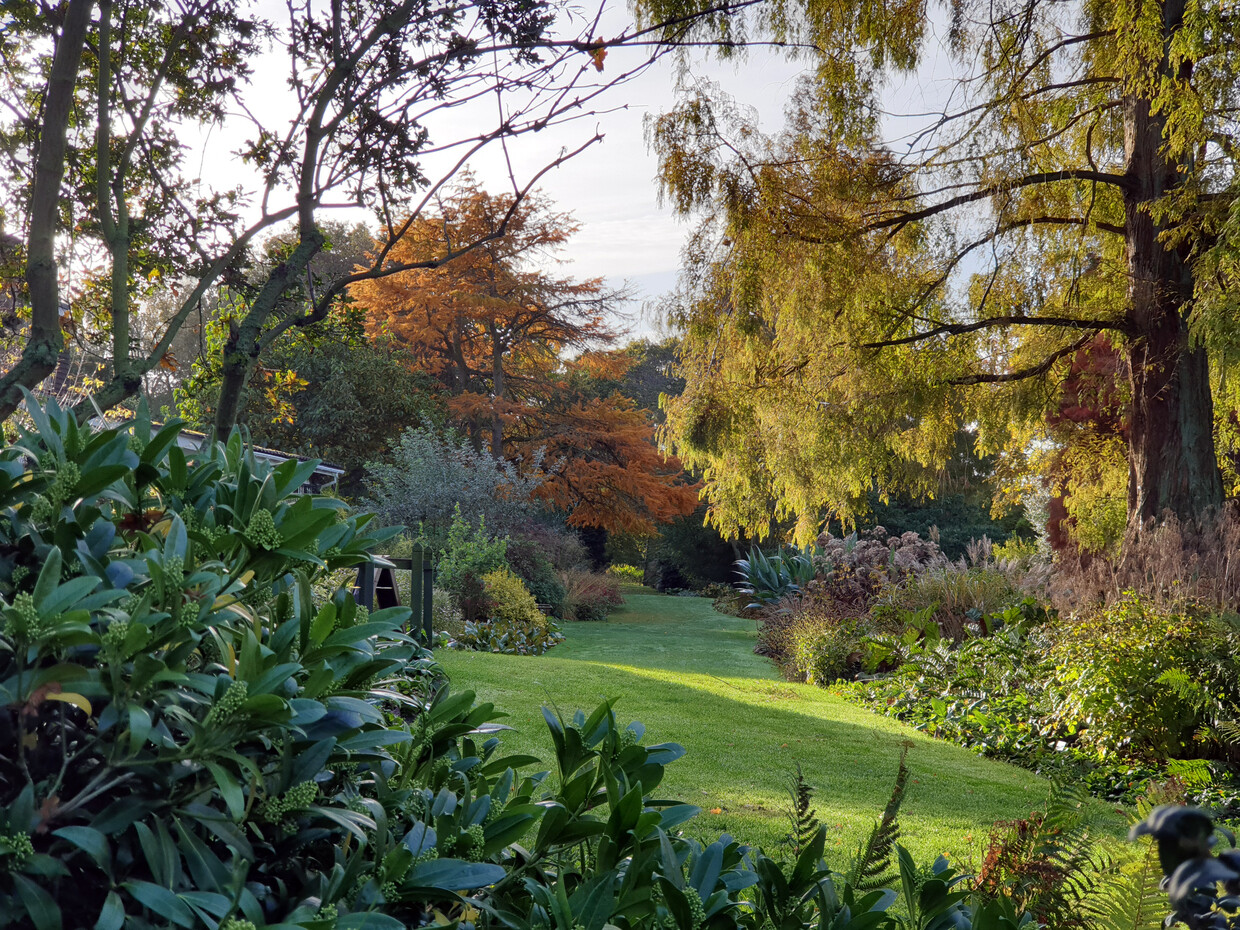
Contrary to popular belief, autumn is actually the time of year when you should be doing the most planting. With moisture and warmth still in the soil, plants have the opportunity to put down roots and establish before the winter cold sets in.
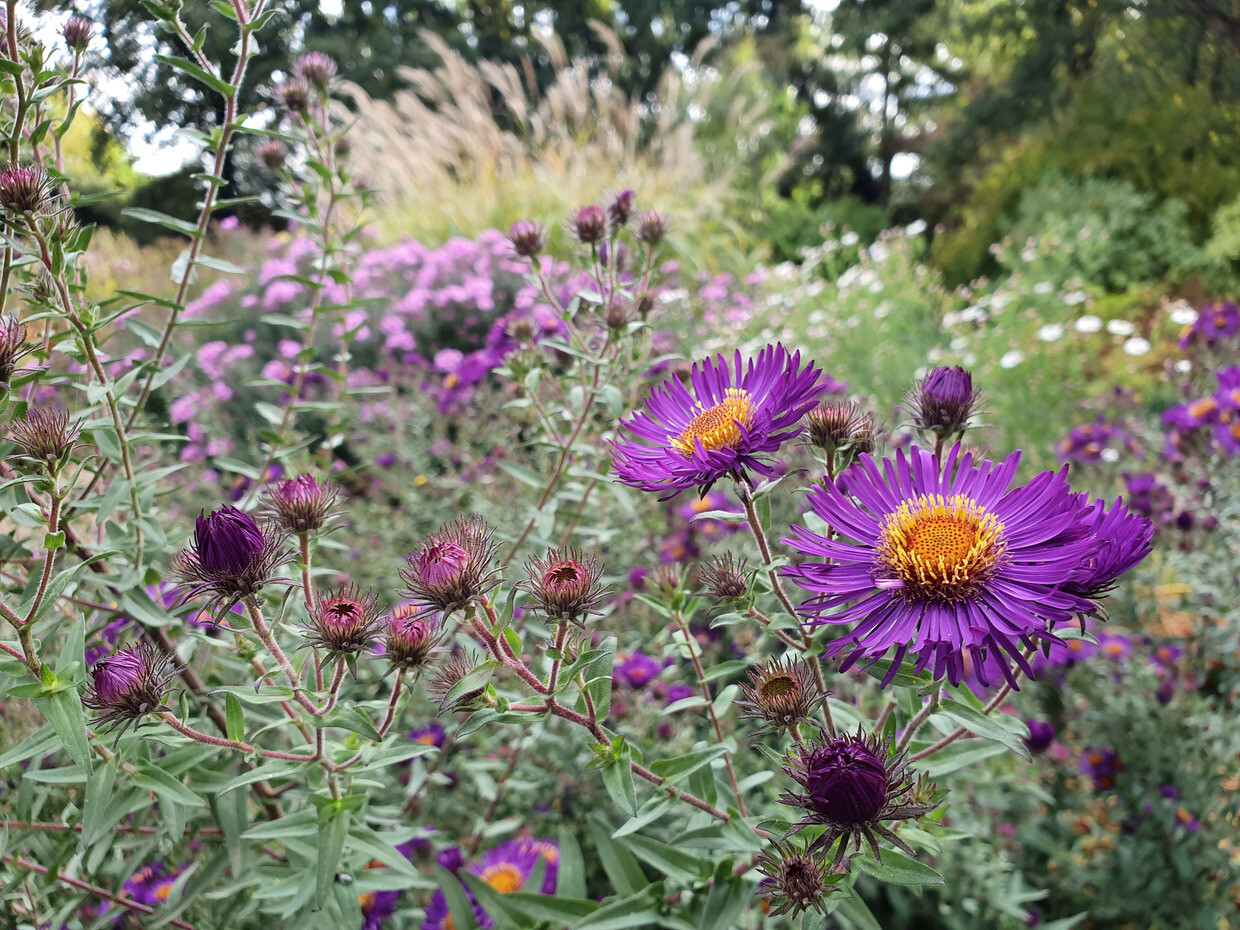
The aster genus consists of a range of species, each one offering something different in height, colour and flower size. There are also a large number of cultivars available to provide you with good displays of late summer and autumn colour.
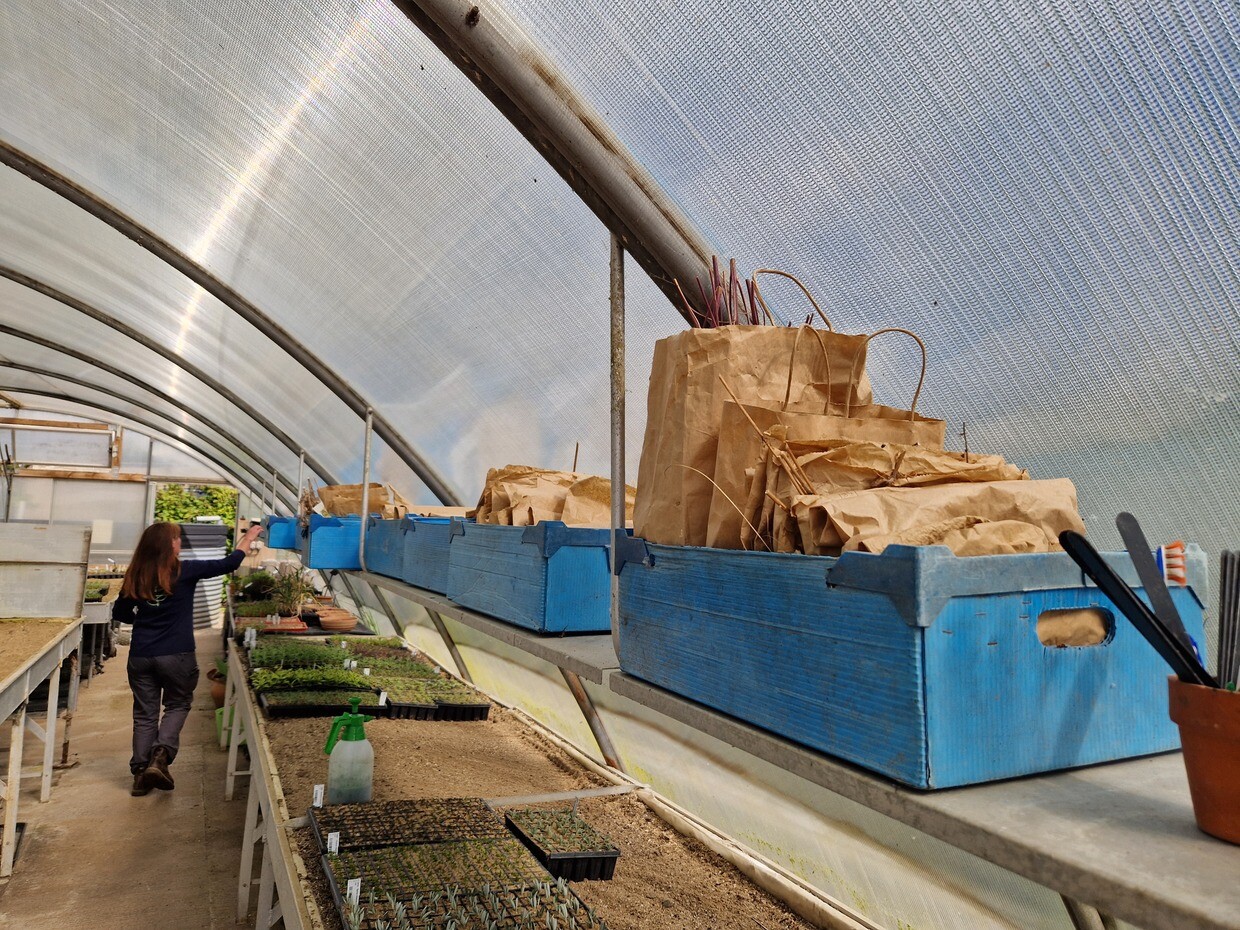
Find out how we collect and store seed from the garden.
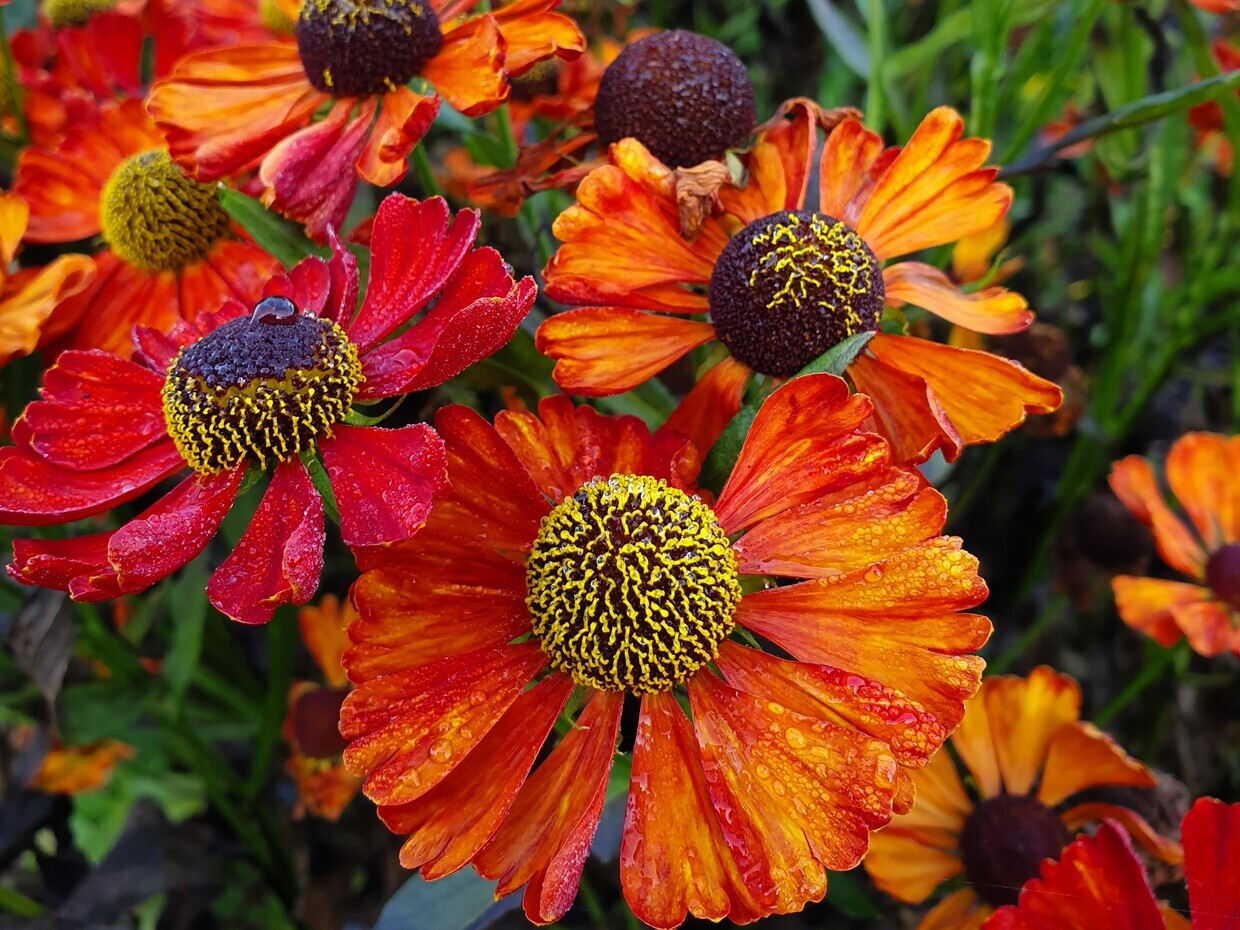
Which plants will bring colour to your garden in late summer? Read on to find out about our favourites.
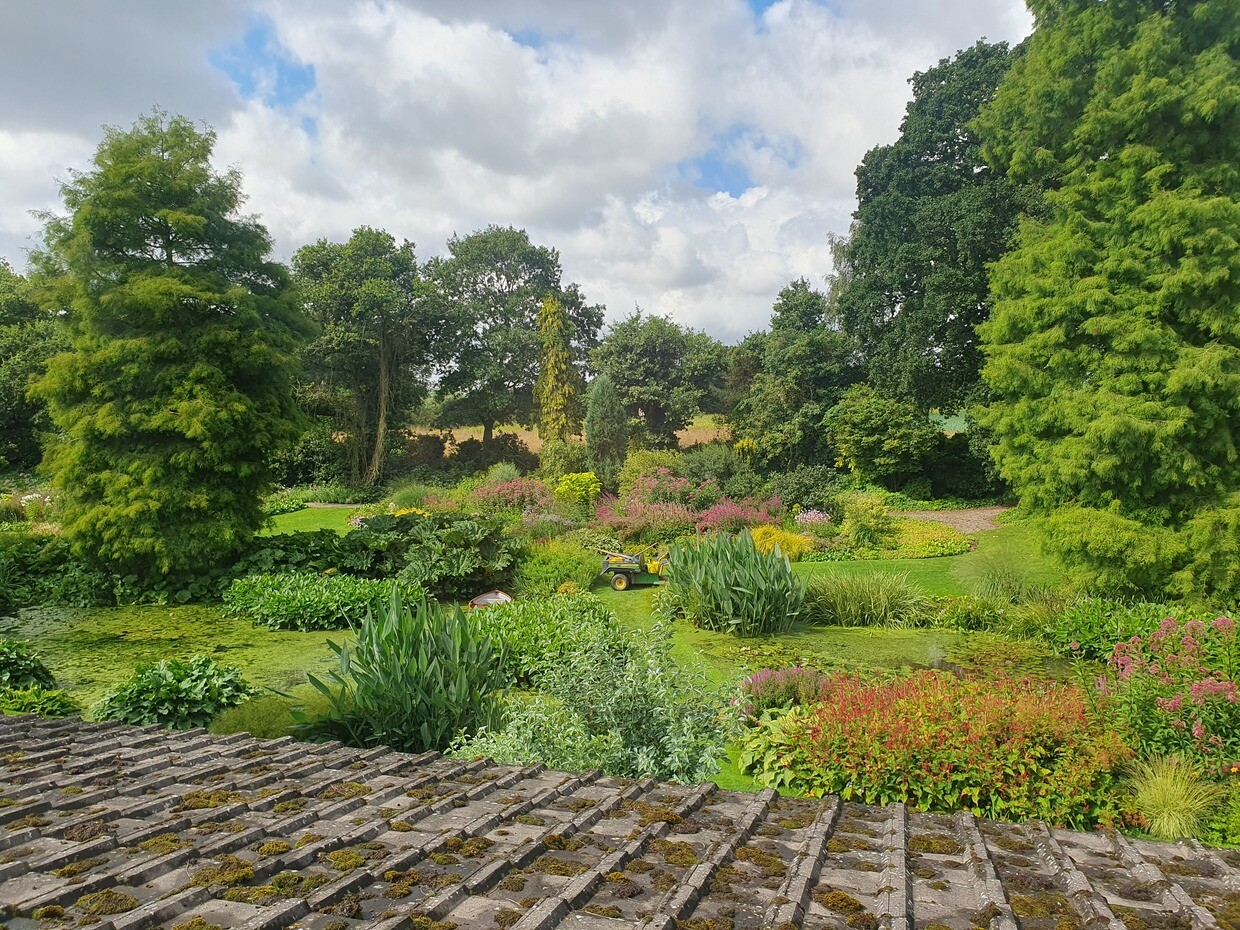
Head Gardener Åsa tells us about recent jobs carried out by the garden team.
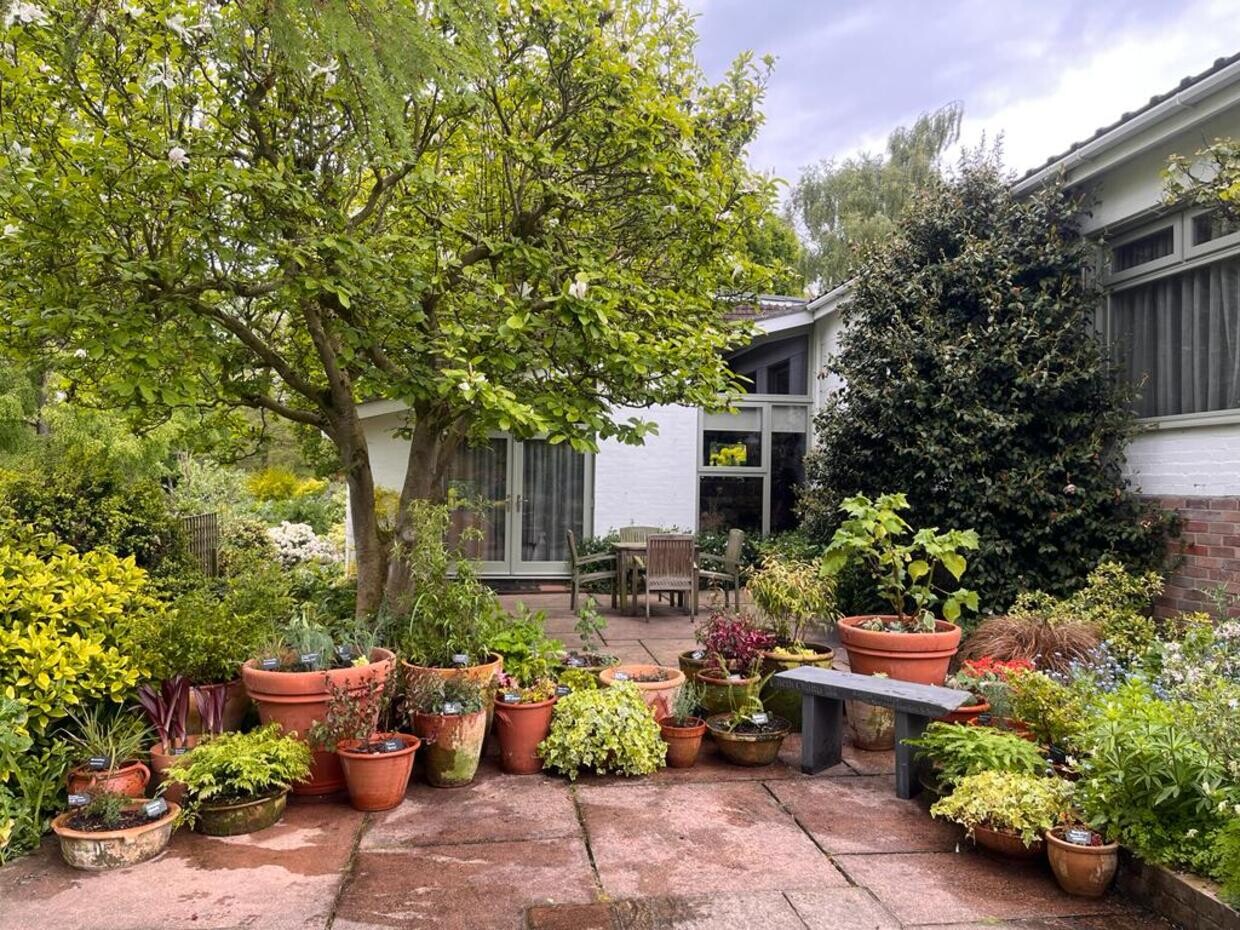
Gardener Malin tells us how the team have put together their recent summer pot displays.
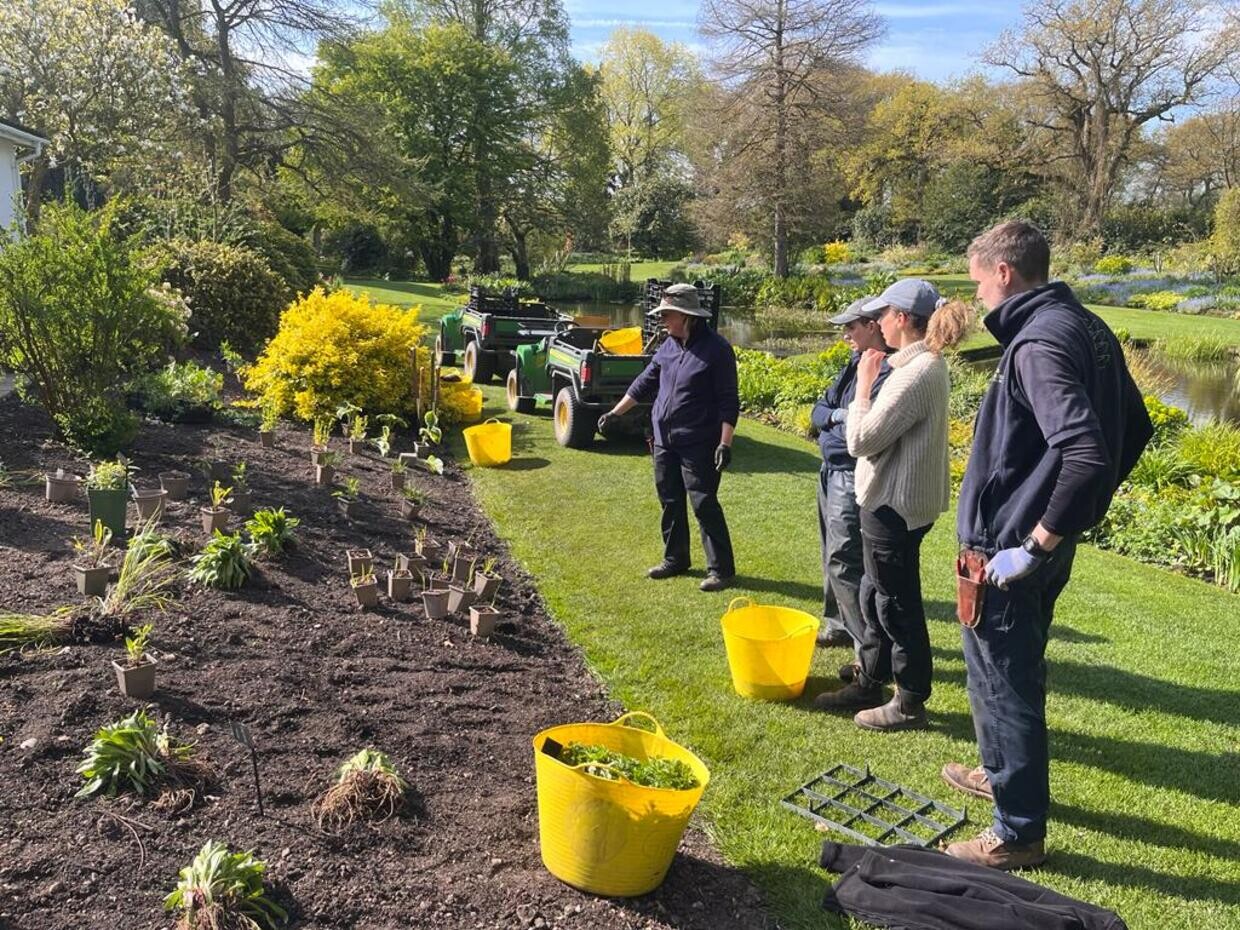
Read about how the garden team have renewed an area of planting in the Water Garden below Beth and Andrew's house.
A list of plants used is also included.
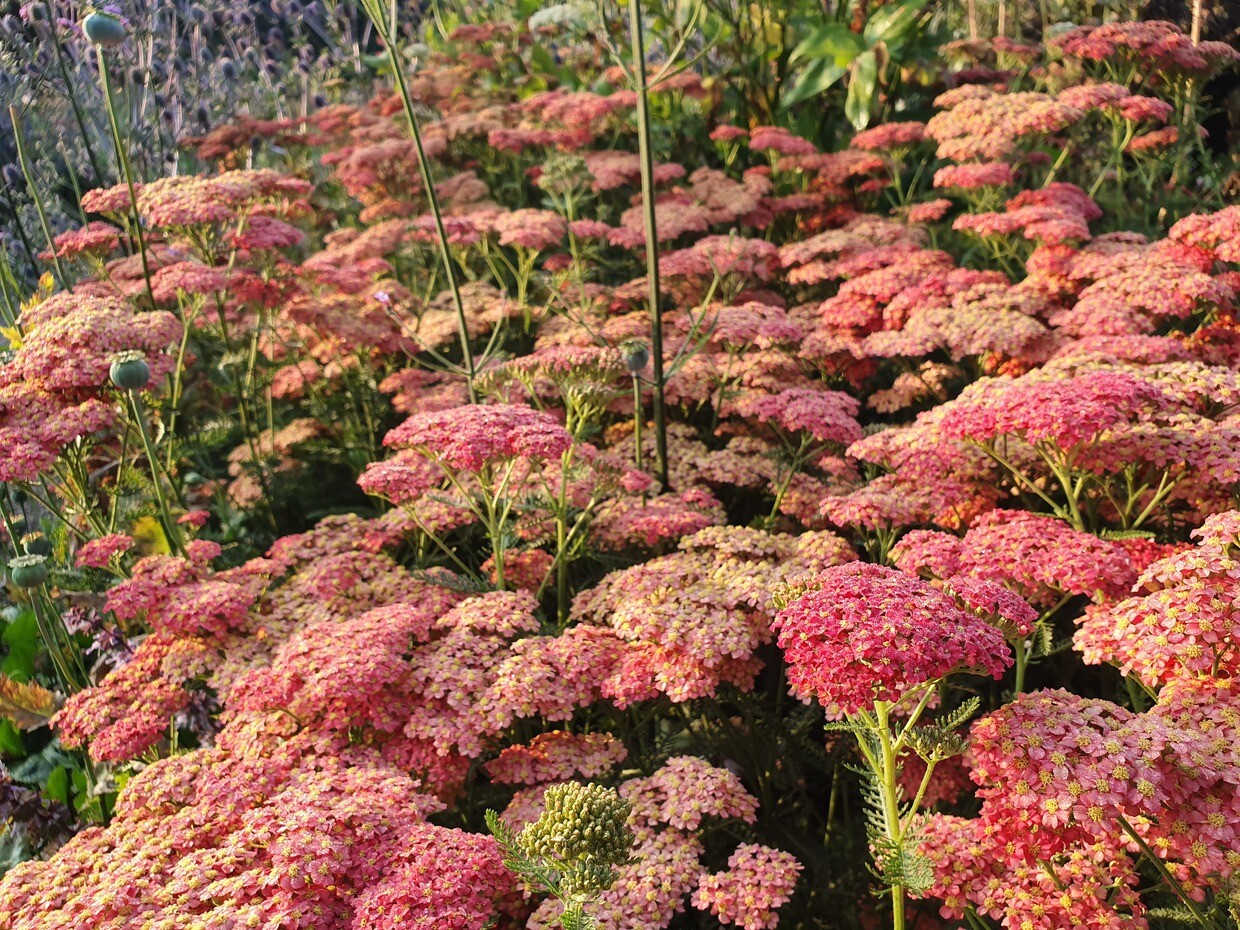
An easy to grow, much loved perennial which will add a pop of colour to your borders. Each flat flowerhead is comprised of hundreds of tiny, daisy-like flowers available in a wide range of colours.
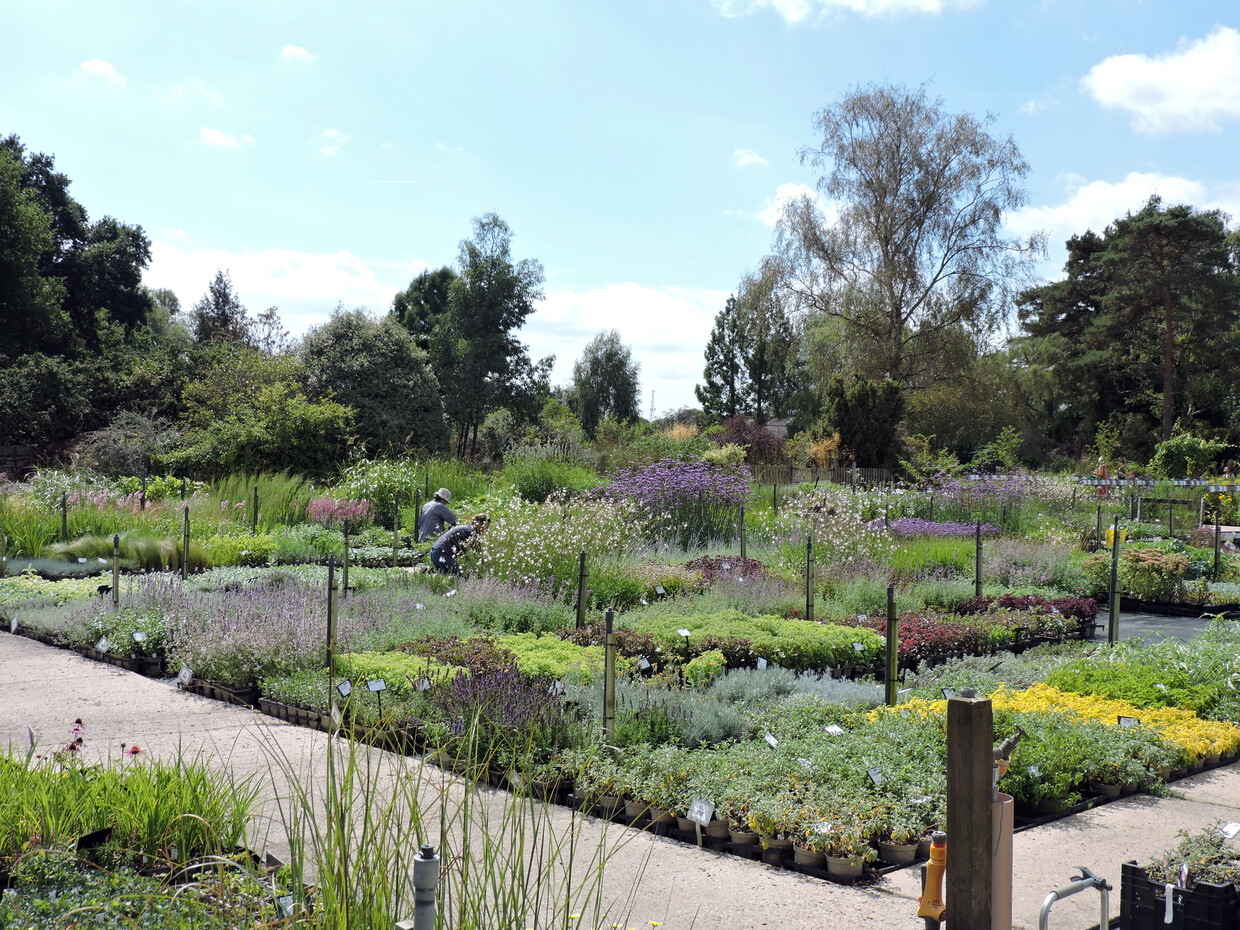
What to do once your plants arrive? Here's a quick guide to help answer any questions you may have.
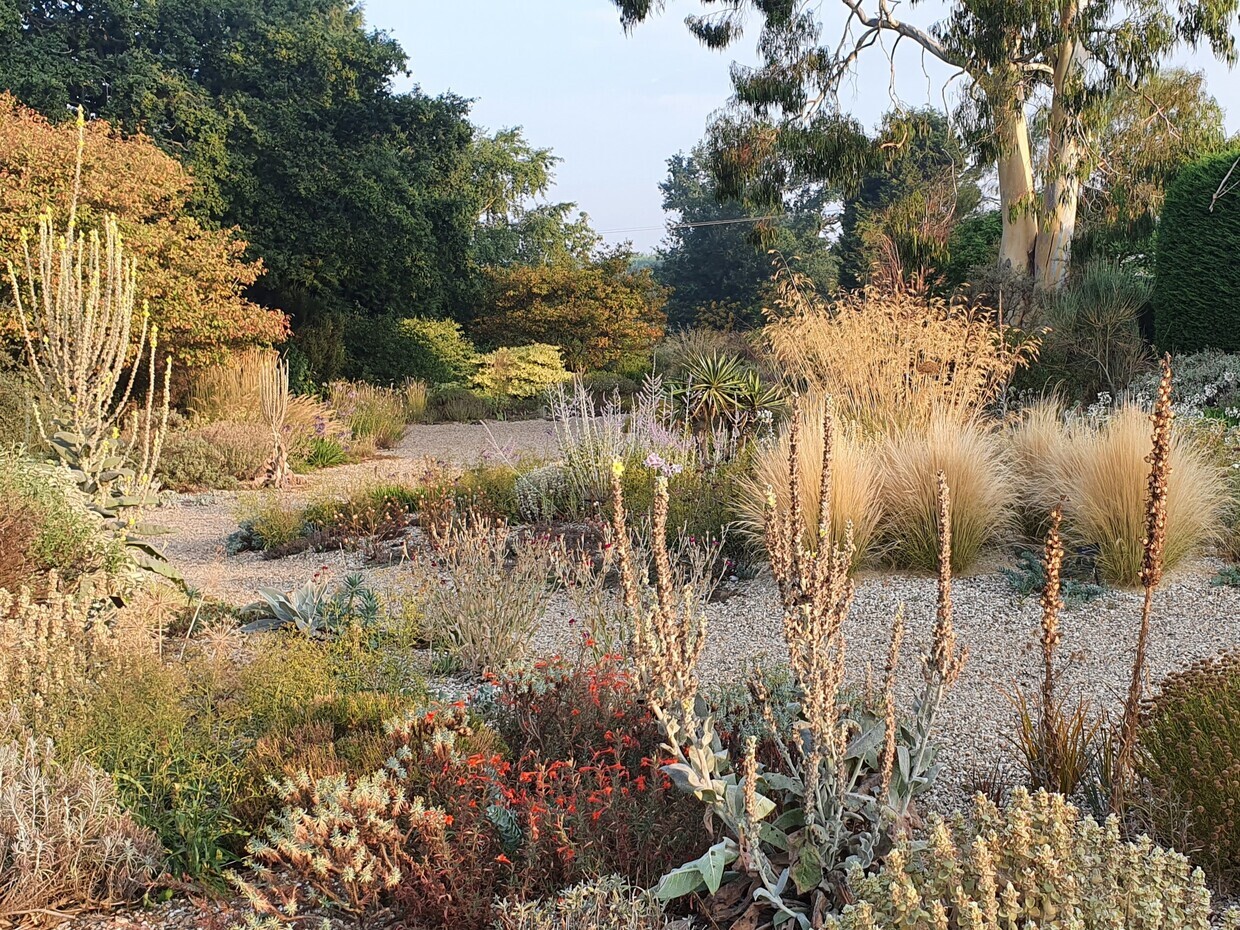
Read about how the garden team have coped with this years drought and what they have learnt.
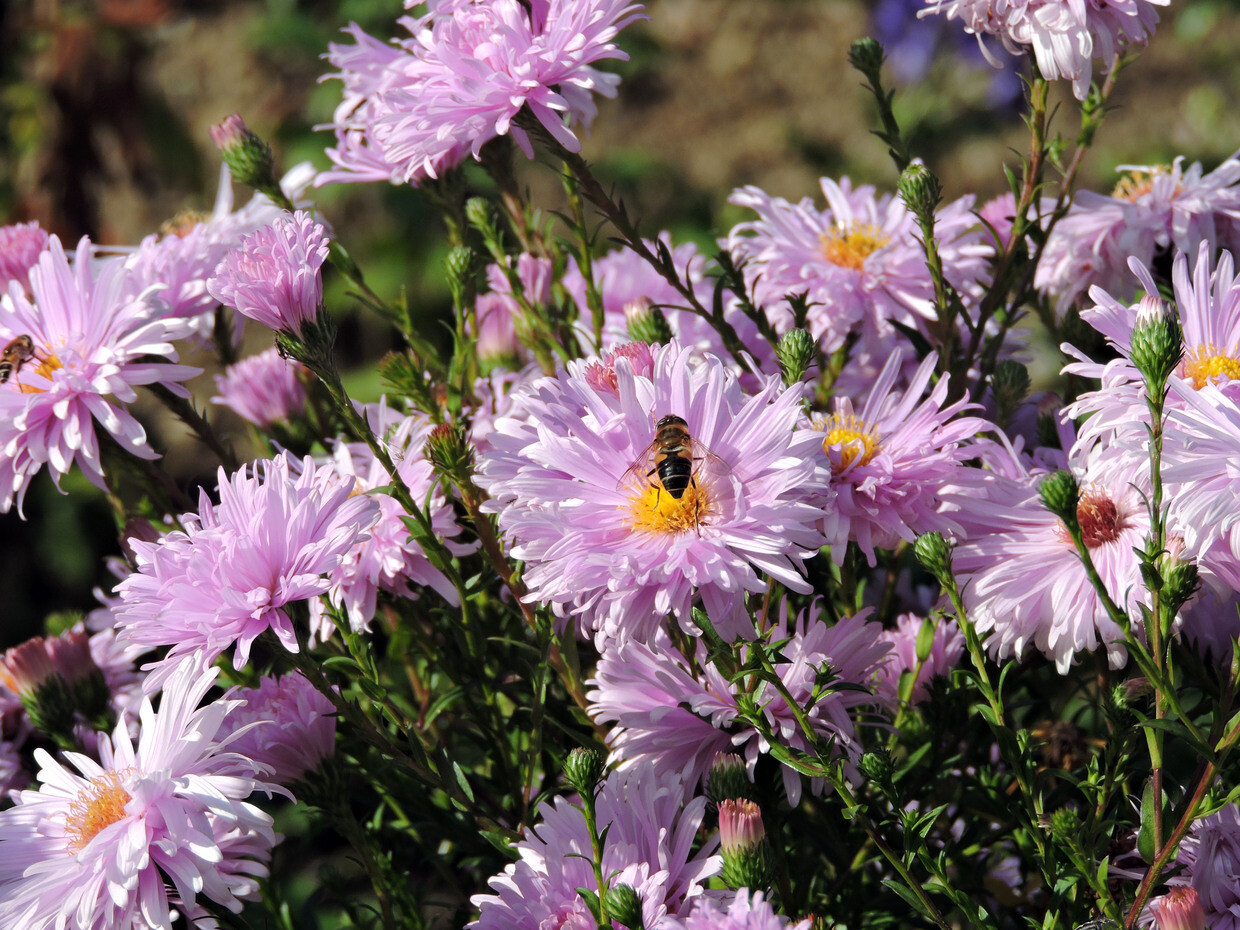
A wonderful, varied group of plants, previously included in the genus aster. Several years ago, the genus was separated into a number of genera. Aster now includes most European and Asian asters, while plants native to North America now belong to symphyotrichum.
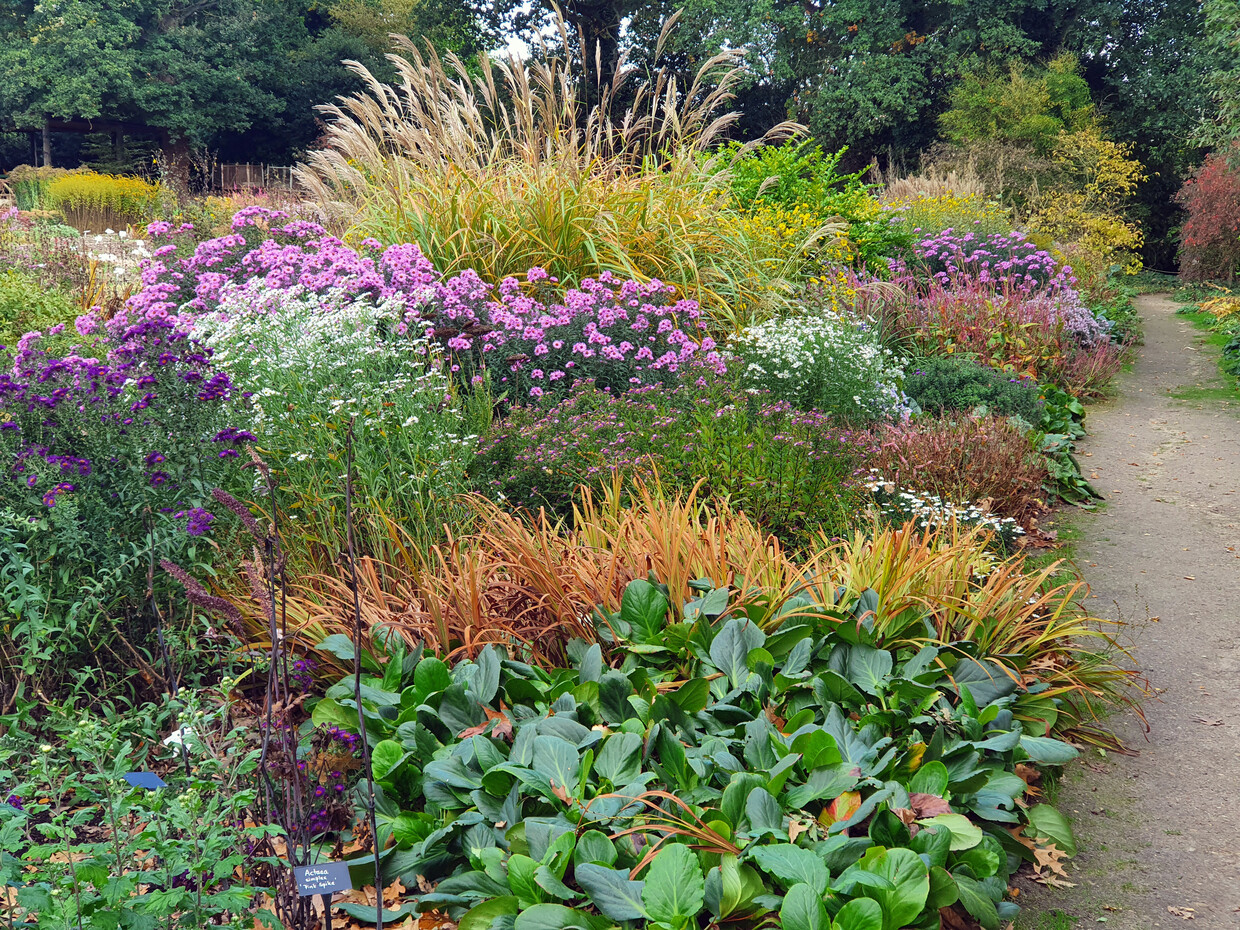
As the nights draw in and temperatures fall, people begin to look forward to the colours of autumn starting to show in the trees around them. But in the borders, herbaceous plants can go out in a blaze of autumn colour too.
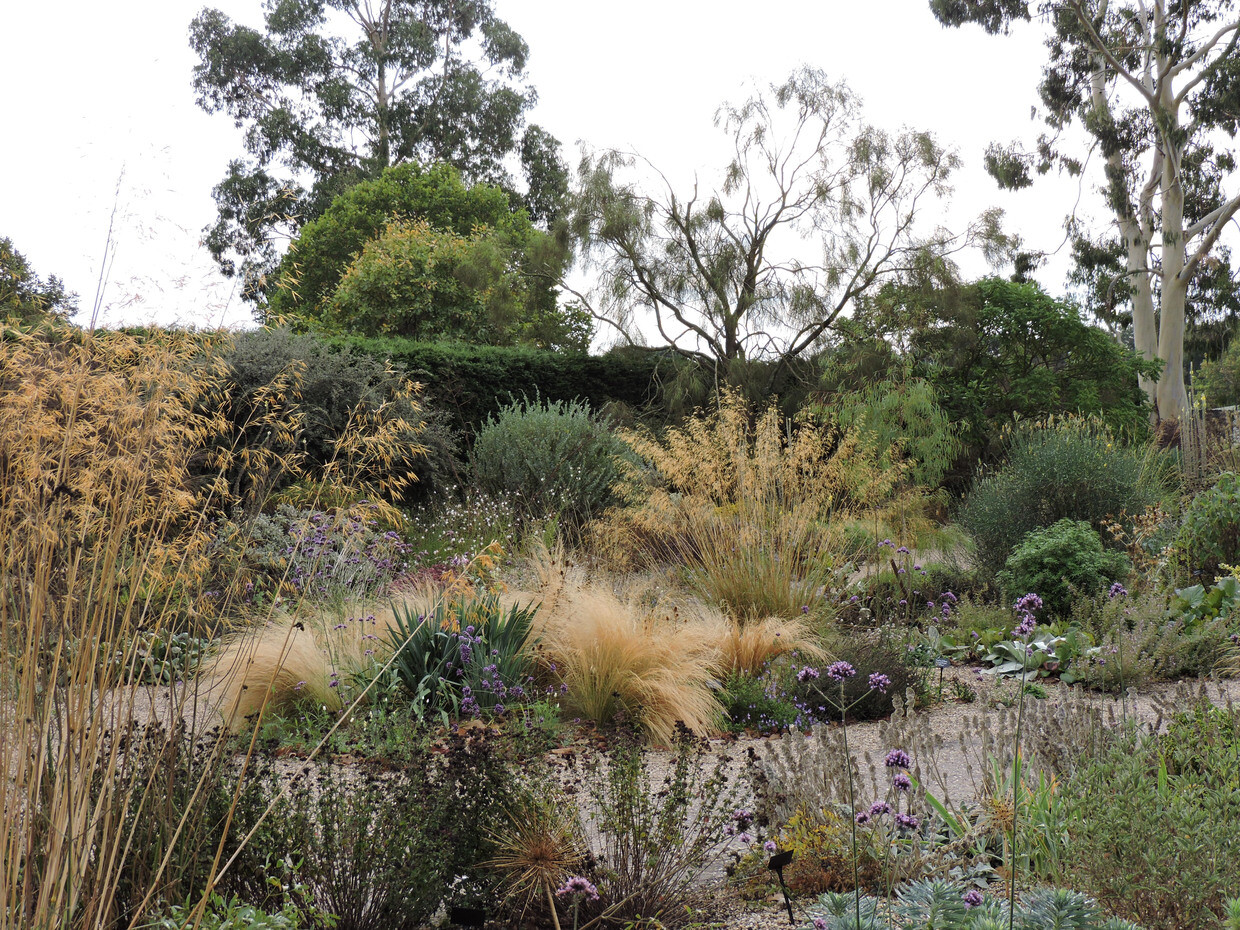
A genus of around 300 perennial grasses whose foliage, flowers and seedheads add texture, movement and structure to borders.
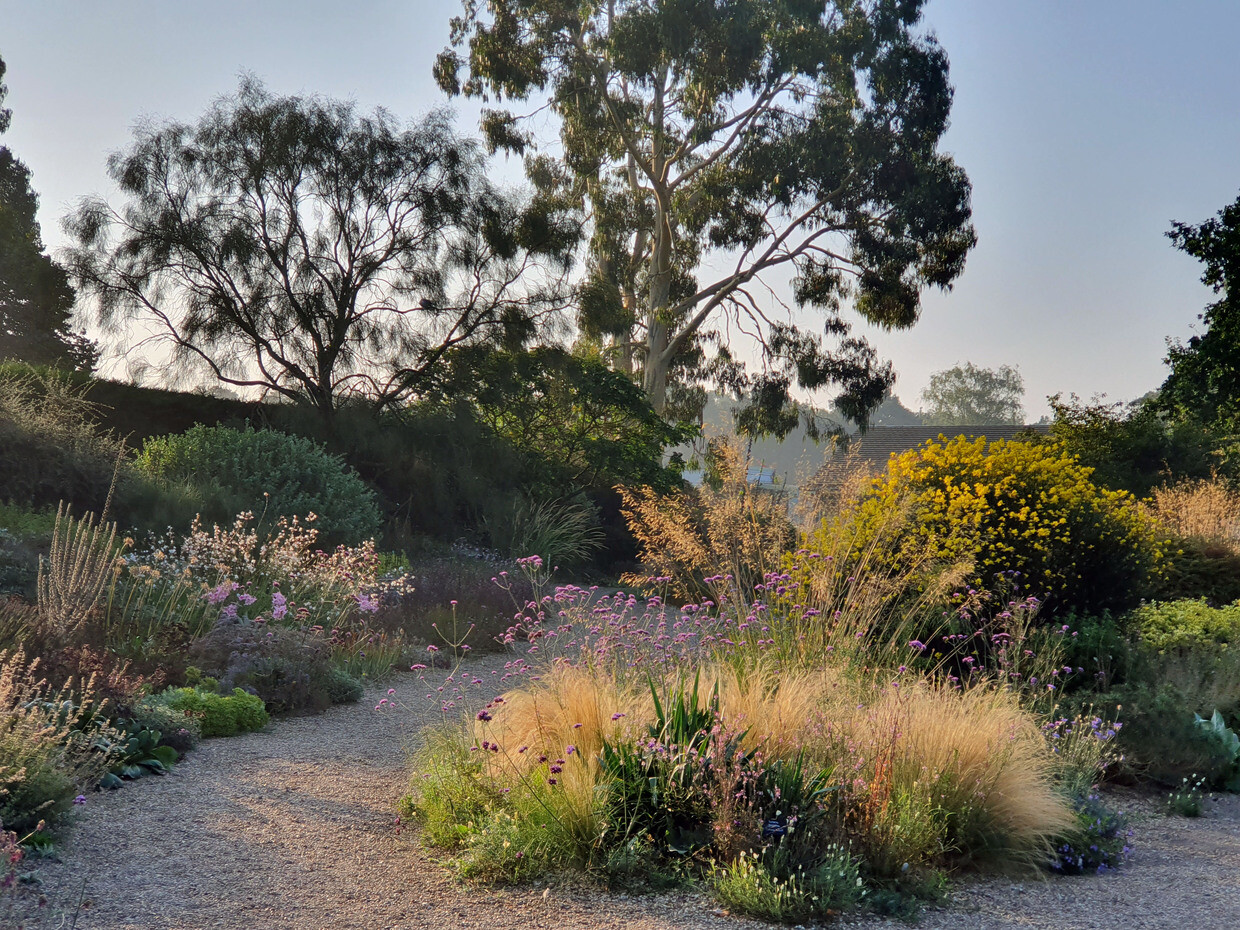
Ornamental grasses are adapted to grow in a wide variety of situations from dry to damp, sunny to shady. There is a wide variety of size, shape and colour to choose from.
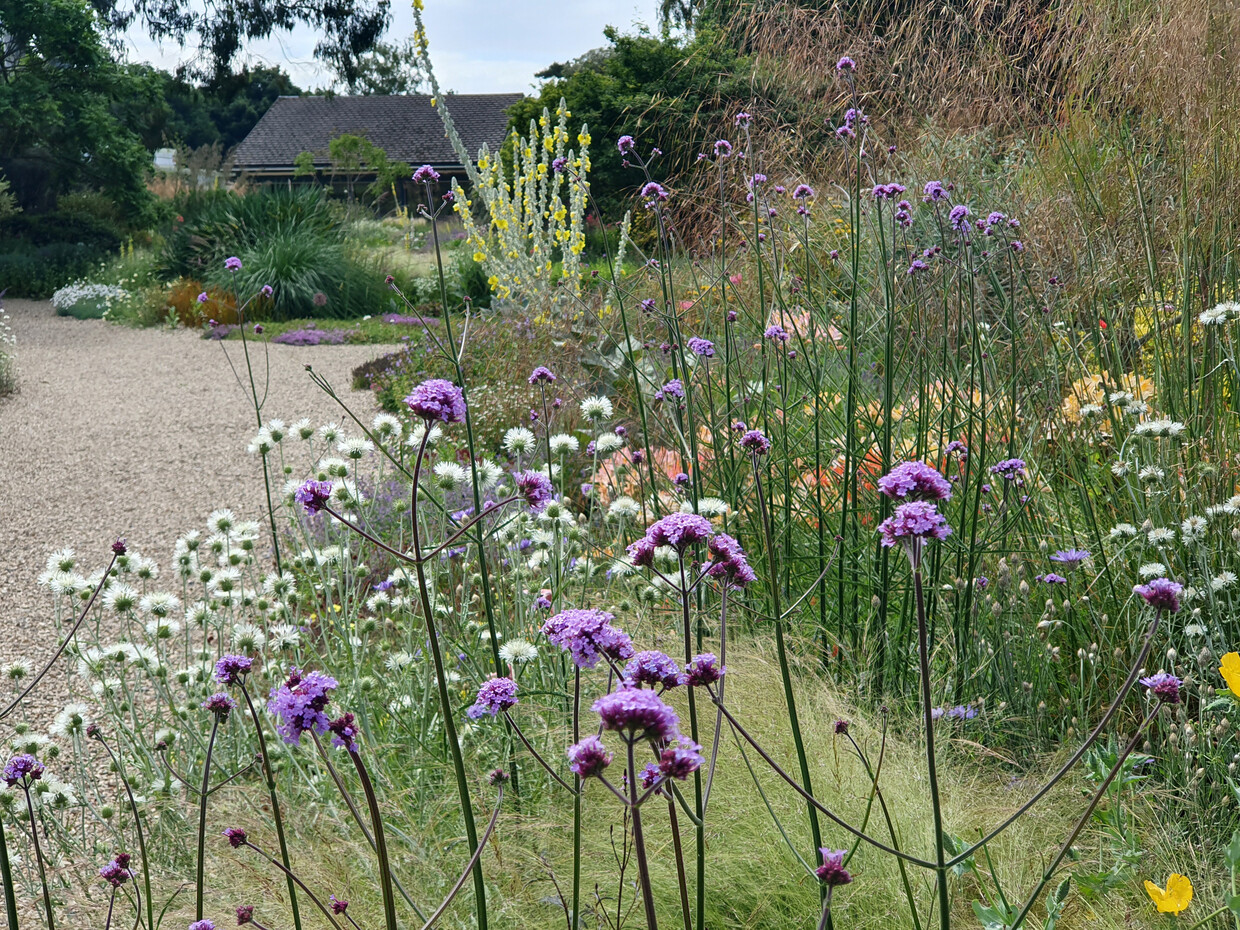
An easy to grow, varied genus with long-lasting flowers. Some species are hardier than others, but we have found that a sheltered spot and a very free draining soil help plants survive the winter in this part of the country. The nectar-rich flowers are loved by pollinators and if left to go to seed, they will be eaten by birds.
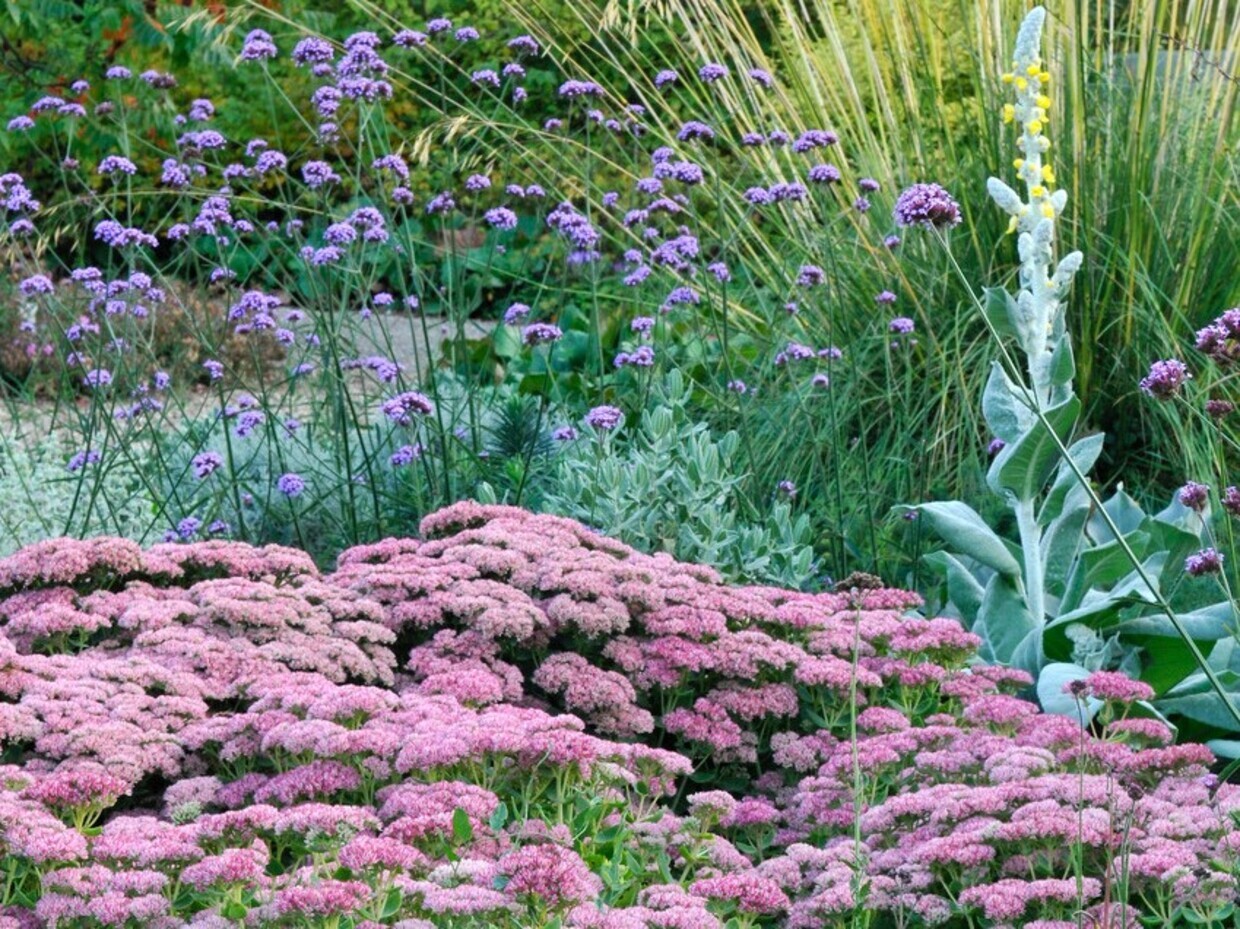
The month of August heralds the pinnacle of summer, sweltering days with cool evenings, a suggestion of slipping into an autumnal rhythm. In the garden, it might be imagined the show is over; however, a perennial coming into its own just now is Hylotelephium telephium (formerly Sedum).
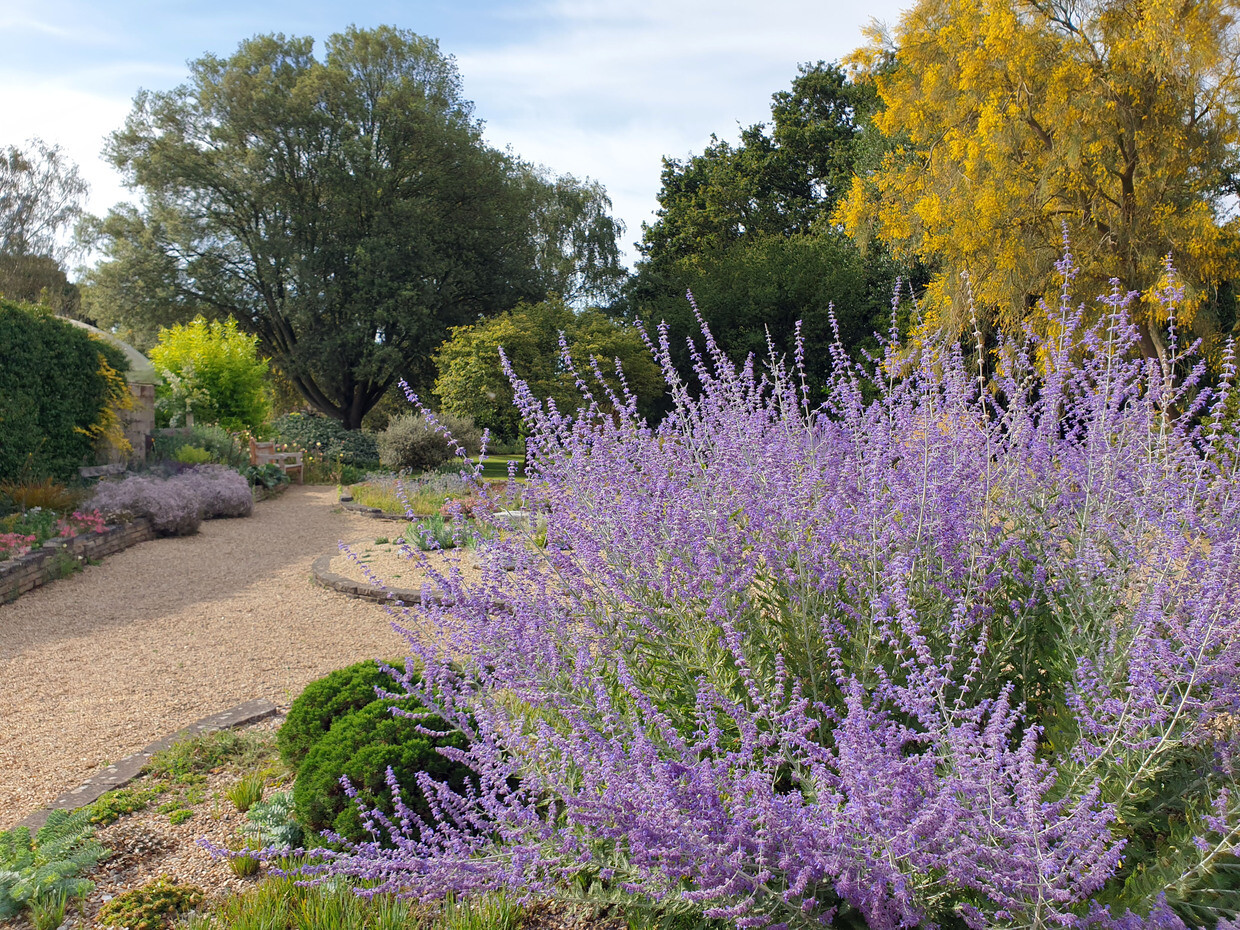
An upright, deciduous, woody perennial (sub-shrub) which adds colour to the Gravel and Scree Gardens in late summer at a time when plants offering similar shades of purple and blue, such as lavender and nepeta, have finished flowering.
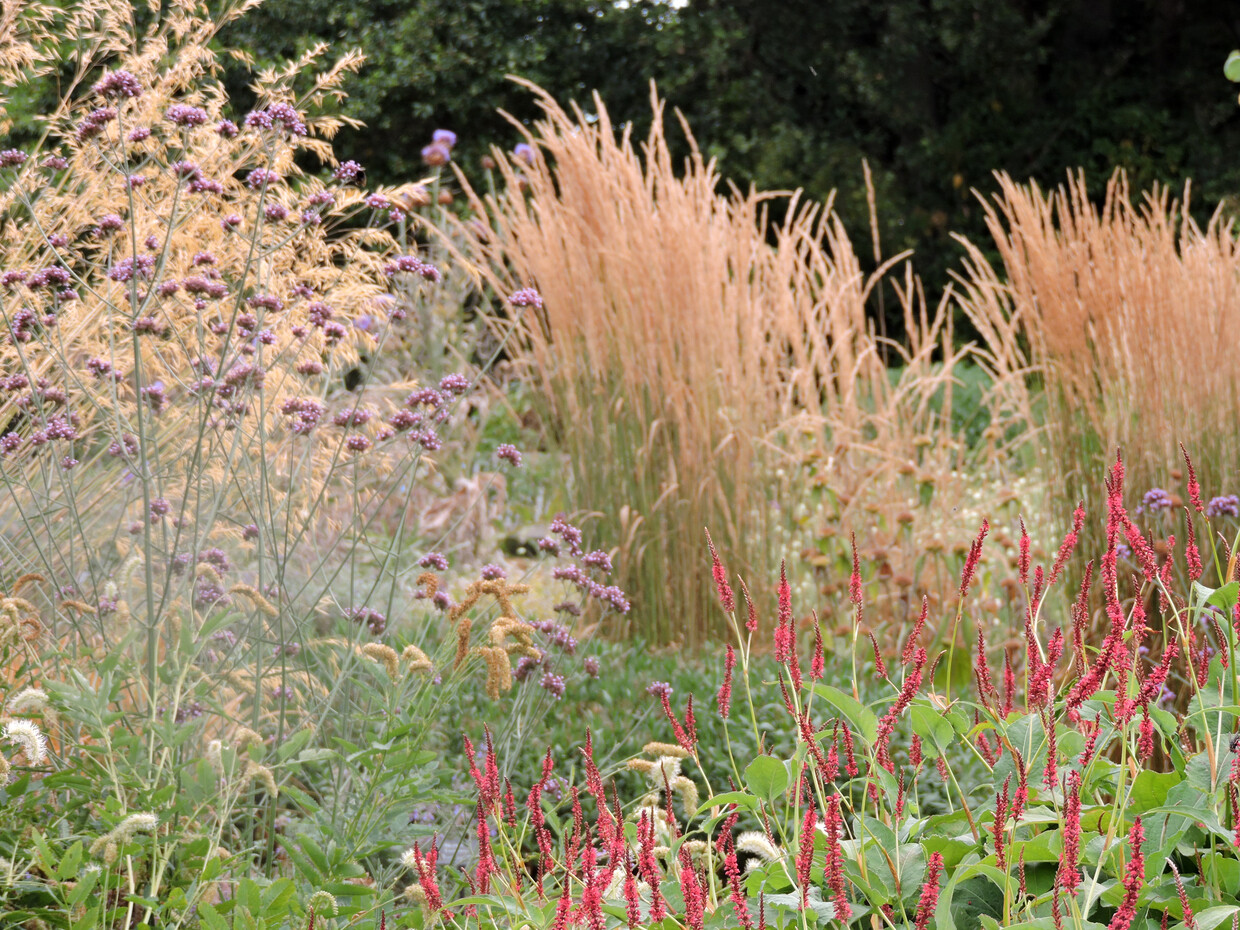
We are currently experiencing the longest drought period we have seen- the garden hasn’t received rainfall since the week ending 20th June (our rainfall is measured and recorded every Monday). Thankfully we have rain forecast in the coming days.
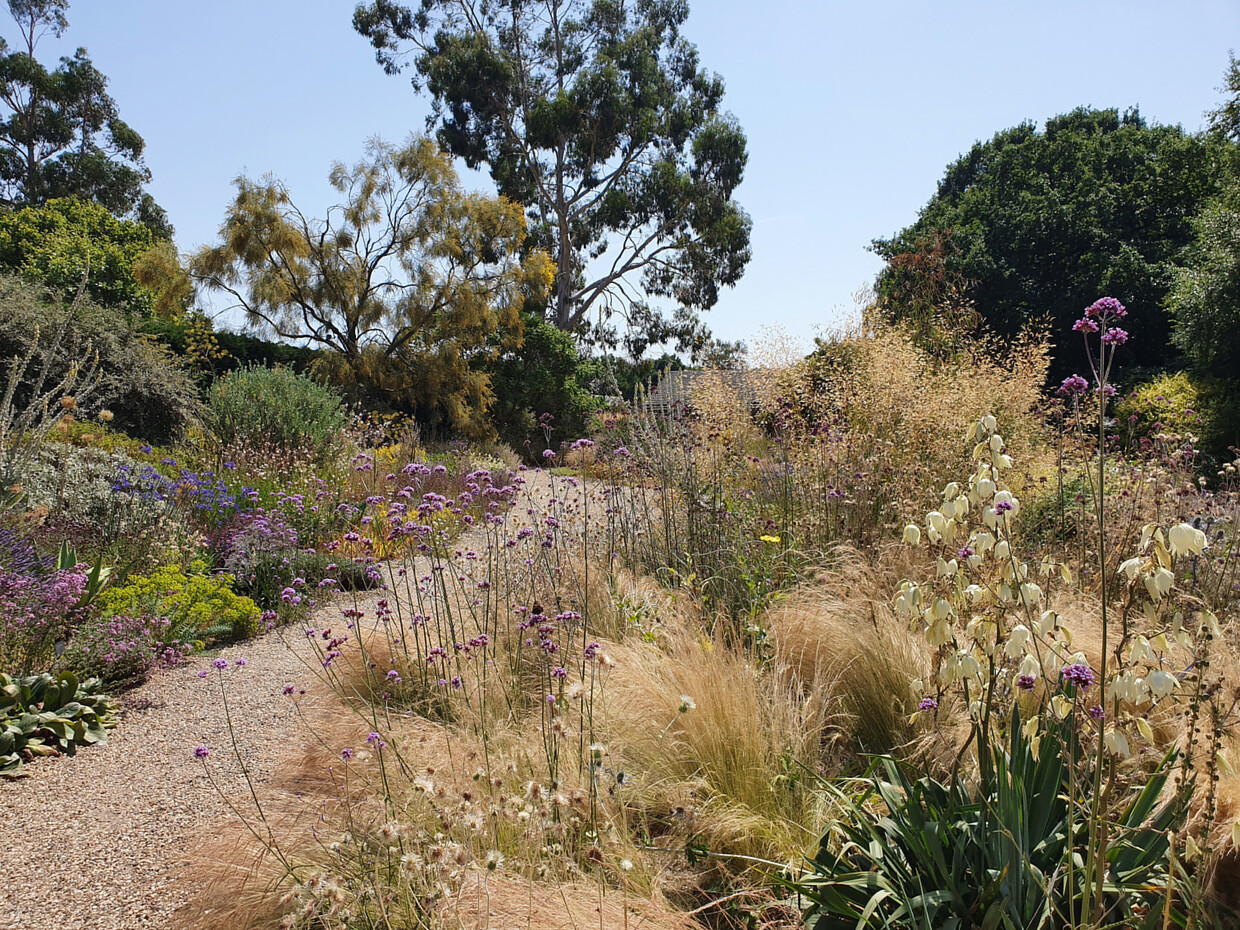
Drought-resistant plants originate from regions with low rainfall and hot summers, such as the Mediterranean. To survive these extreme conditions, plants have evolved features to help reduce water loss and reflect sunlight away from leaves.
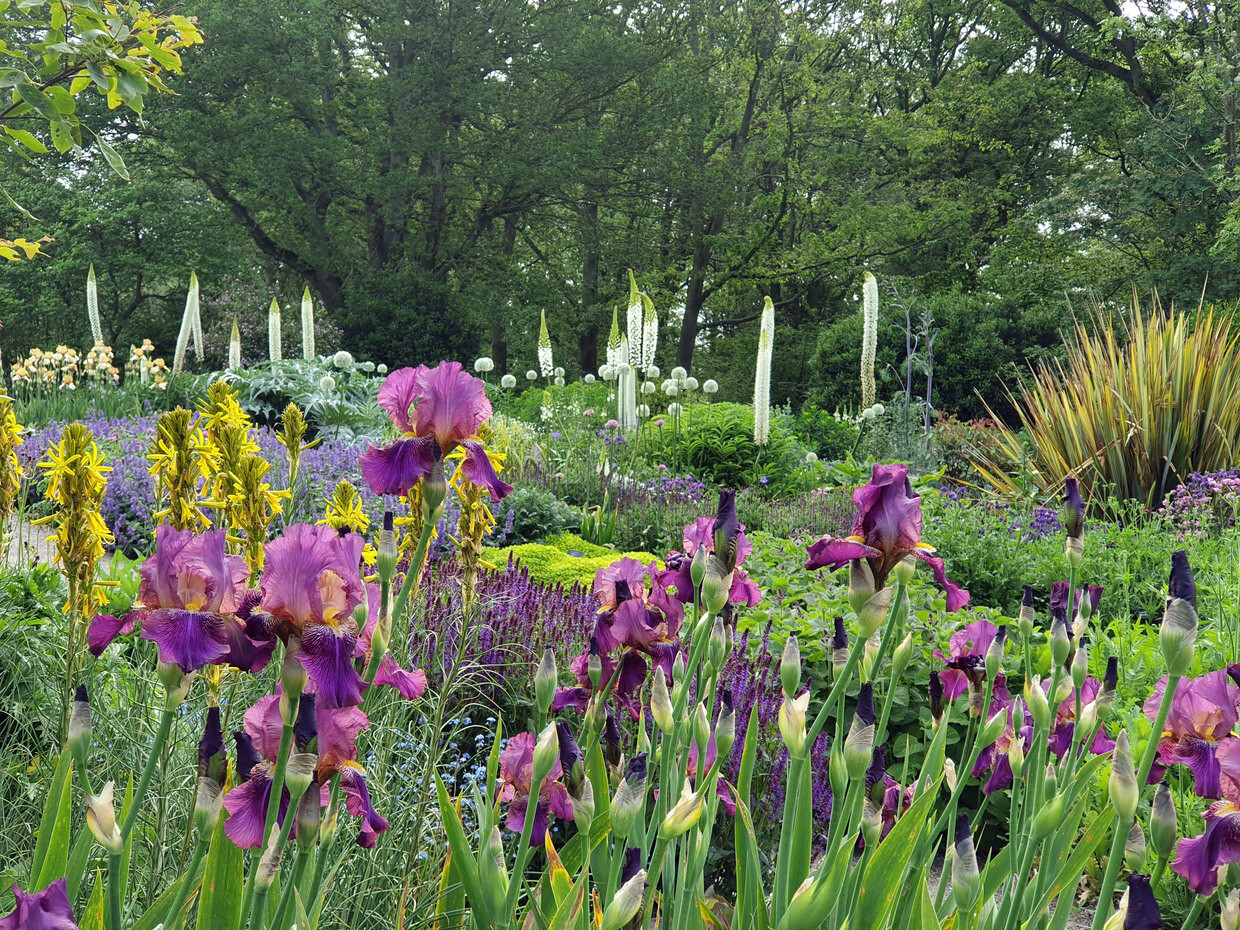
Whether you love them or loath them, it cannot be denied that the tall bearded iris is a statement plant, a structural plant, a plant that creates an opinion and a plant which drives the need, in some of us to collect. I had never considered myself an iris collector until now but upon writing this blog I have discovered that I have clearly become one.
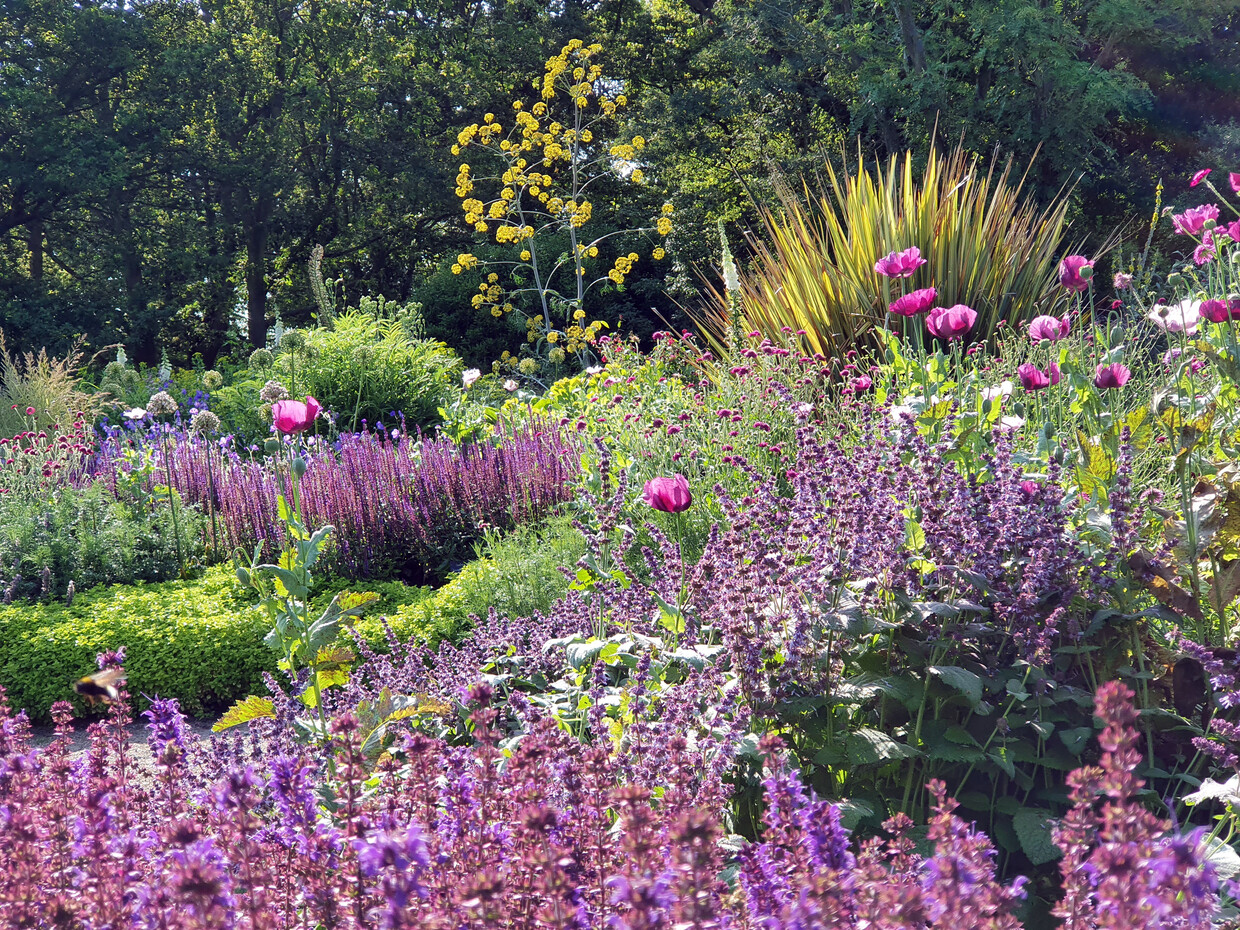
The species name- nemorosa (‘of woods’) refers to the natural habitat of this salvia, typically found growing in groves and woods across central Europe and Western Asia.
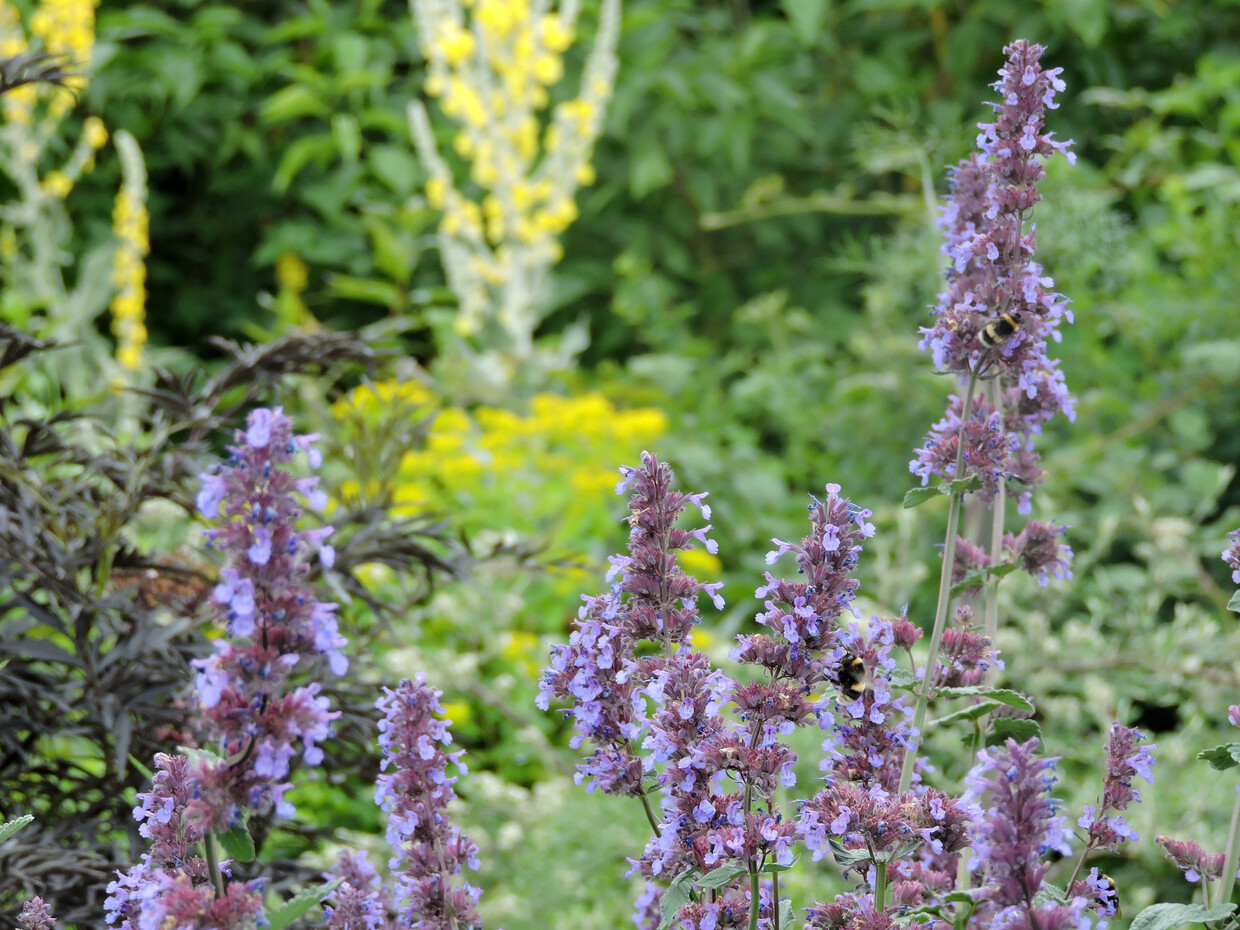
This much-loved perennial is easy to grow, loved by pollinators and a very attractive addition to the garden. In early summer, these reliable plants produce an abundance of mostly lavender-blue flowers, held above grey-green foliage.

Beth opened her plant nursery, then named Unusual Plants, in 1967. Her catalogues of plants were divided into sections determined by different growing conditions enabling customers to search for plants specific to the conditions on offer in their own gardens.
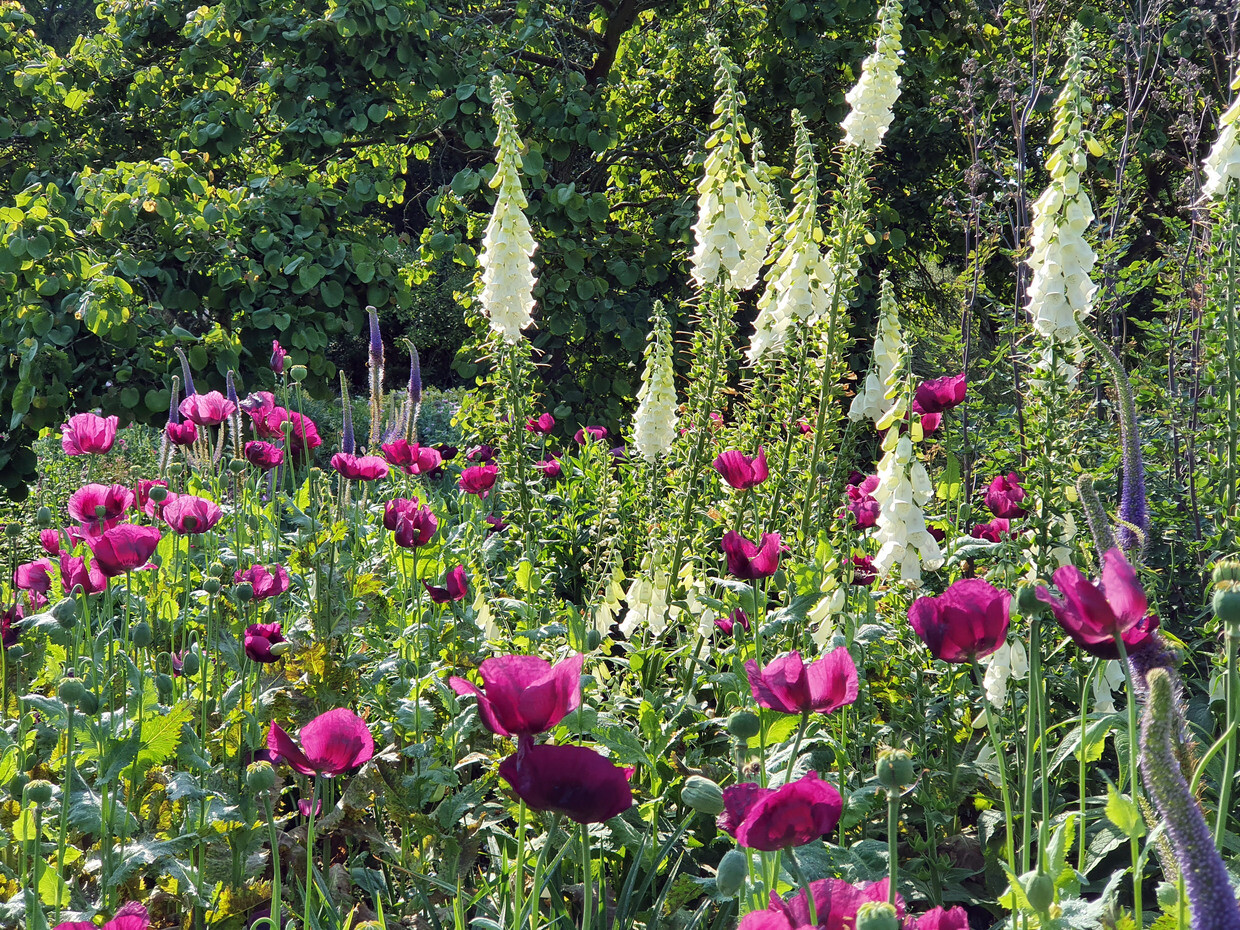
Beth was known at Chelsea not only for her naturalistic planting style, but her choice of ‘natural’ plants - species plants rather than cultivars - notably those plants that the RHS at that time didn’t consider to be garden worthy; wildflowers like foxgloves and mulleins. Opinions and priorities in plant choice have shifted and now they have become much-loved, not only for their appearance but because they are an excellent source of pollen for insects.
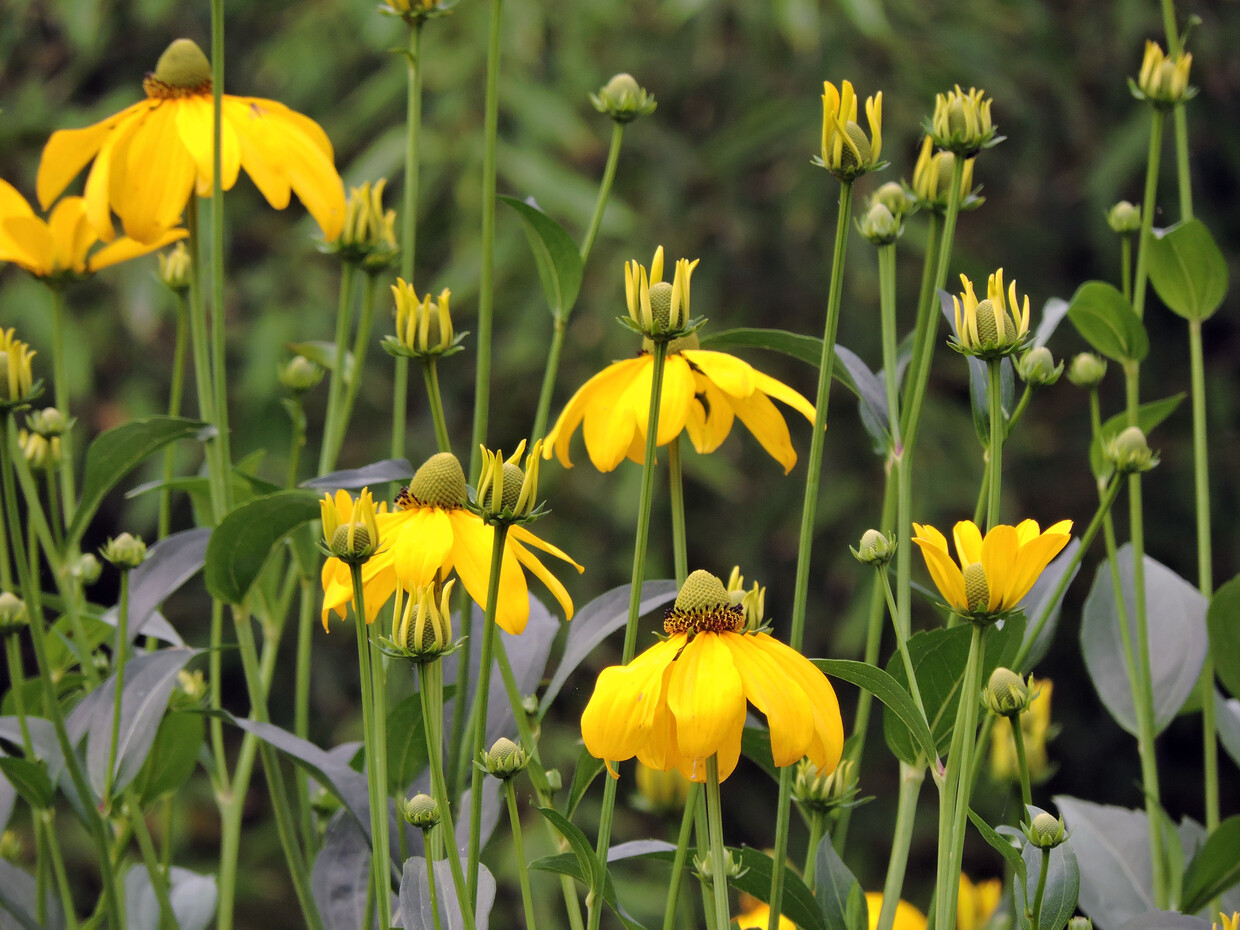
Read about the Chelsea chop and watch our video showing how we do it.
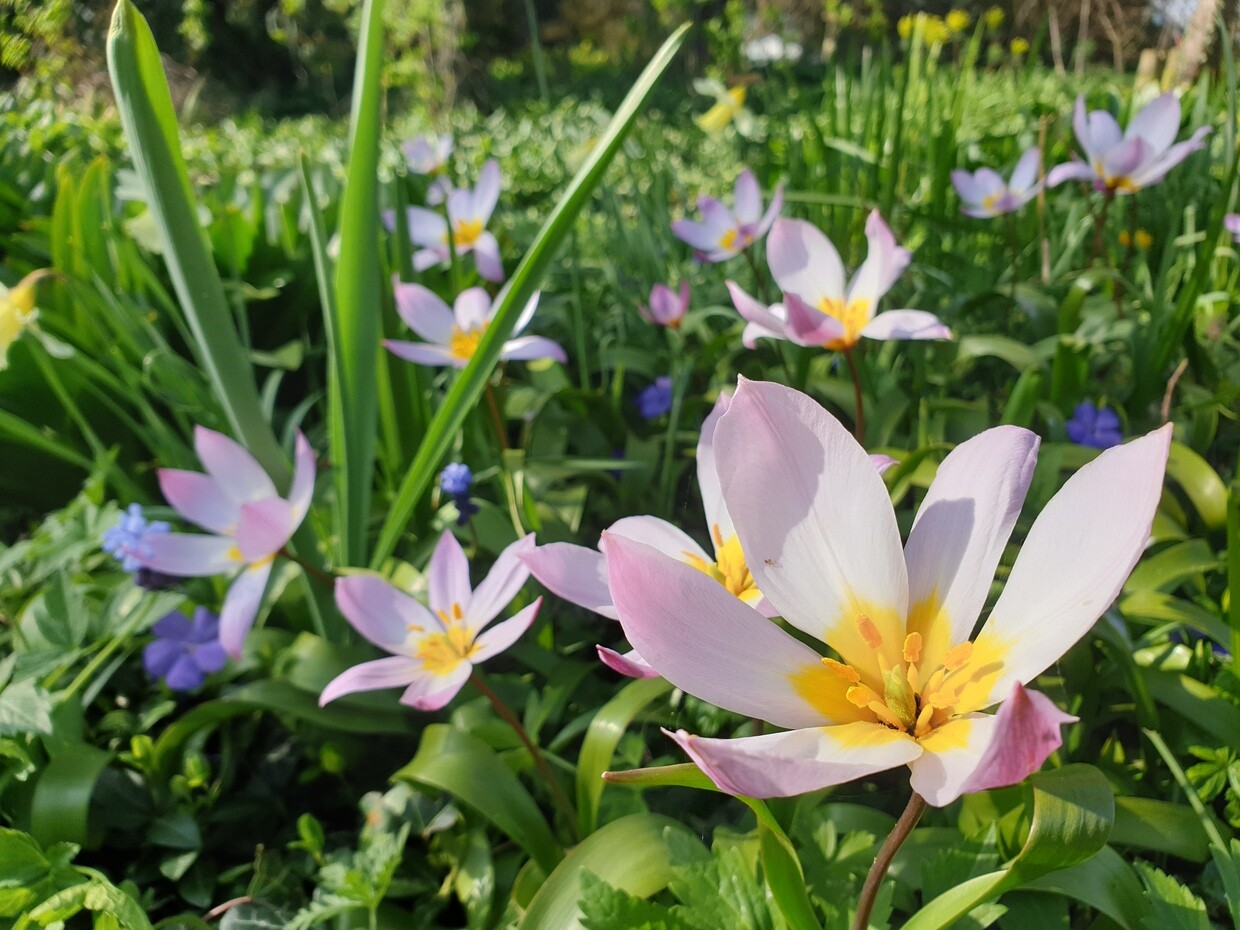
The key to success with all plants is understanding their origins, helping you to realise their preferred growing conditions and specific requirements. Tulips grow wild high up in the mountains and valleys of Europe and Central Asia, indicating they are adapted to growing in free-draining, rocky soils in extreme conditions. Summers here are long, hot and dry, with cold winters bringing heavy rainfall.
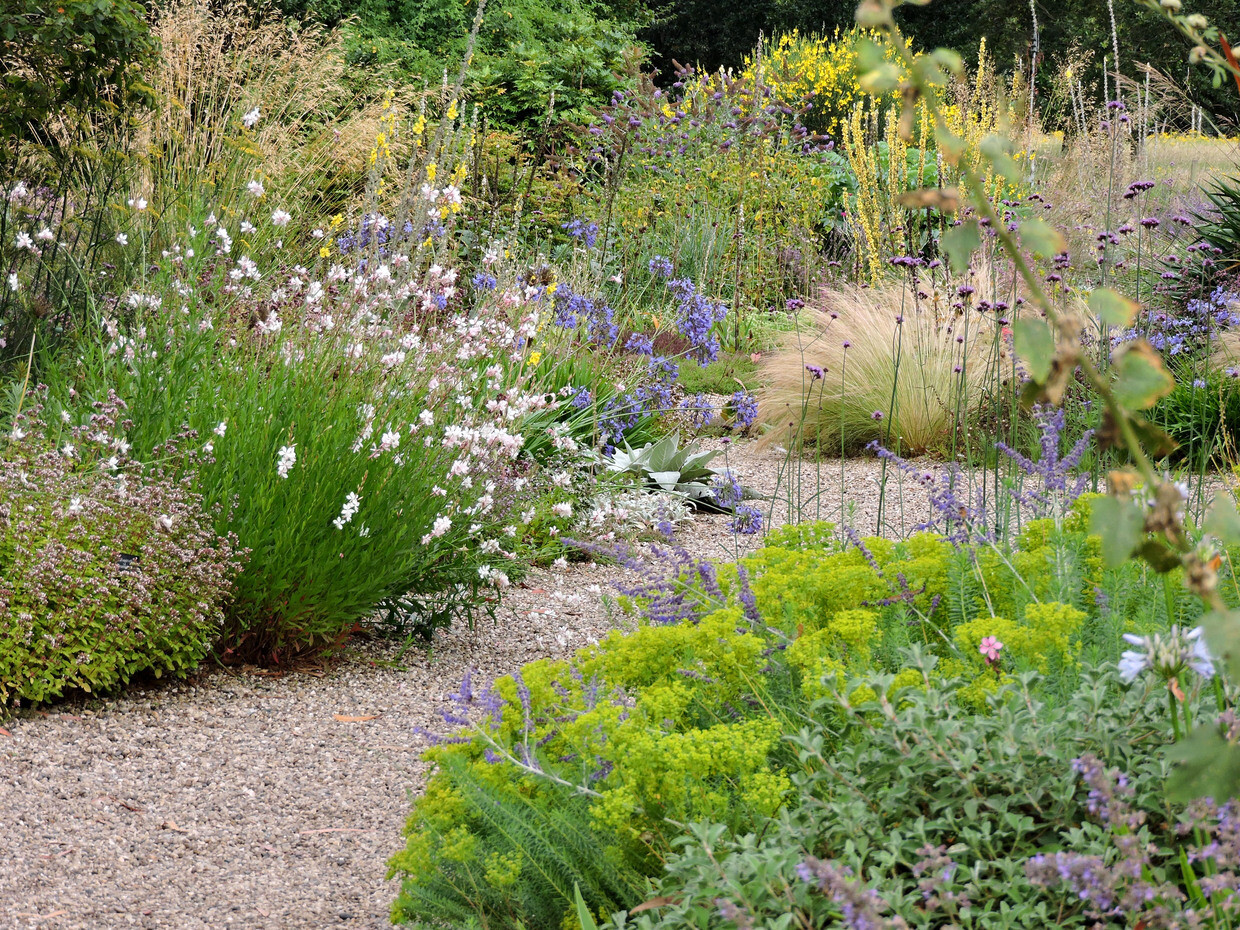
For people who enjoy plants and gardens, and for people working in horticulture, one big question we ask is “how can we get more people interested in gardening?”
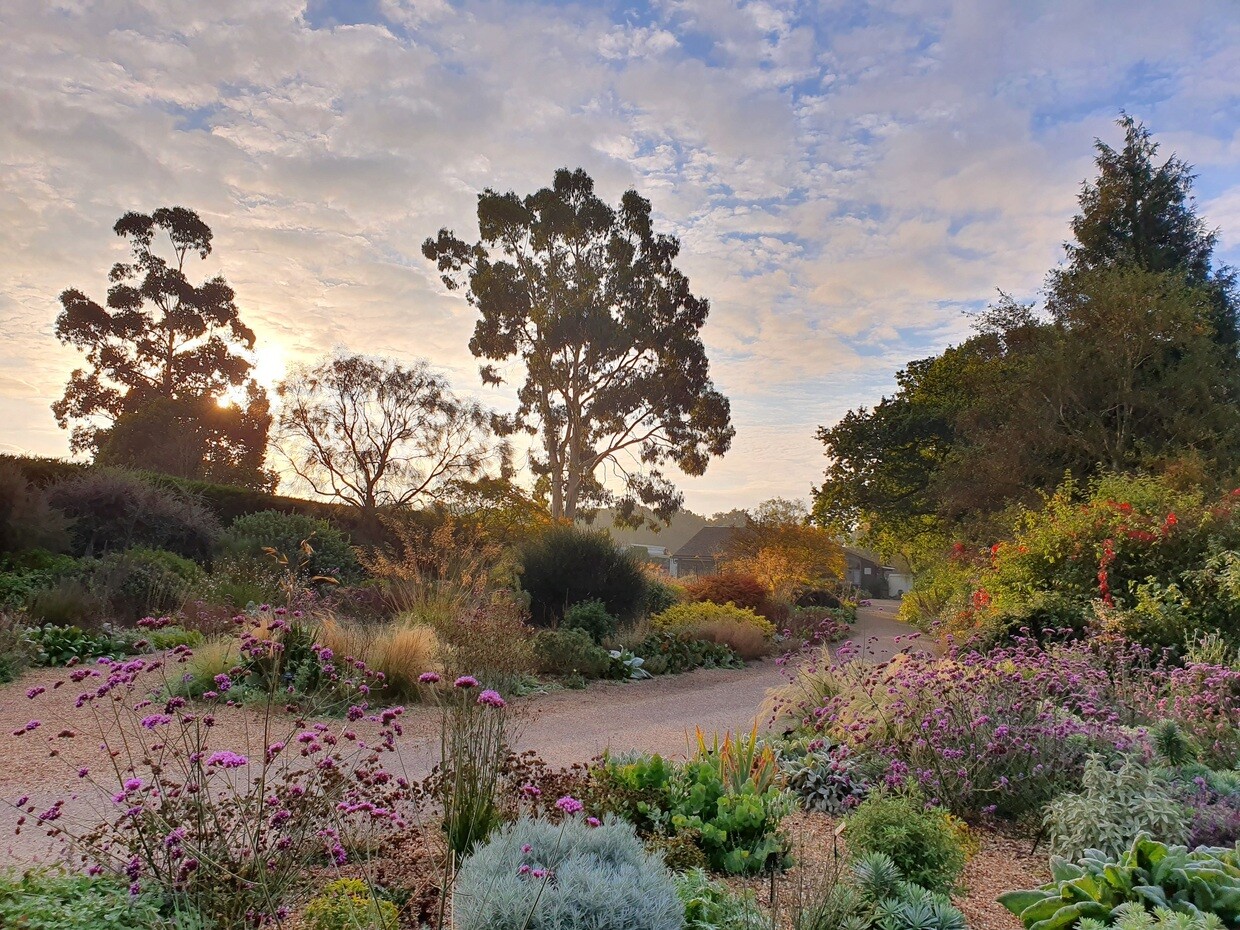
The rainfall at Beth Chatto's has been measured continuously since 1953. Initially, it was recorded as a practical tool for the Chatto fruit farm monitoring how much rainfall the trees were receiving.
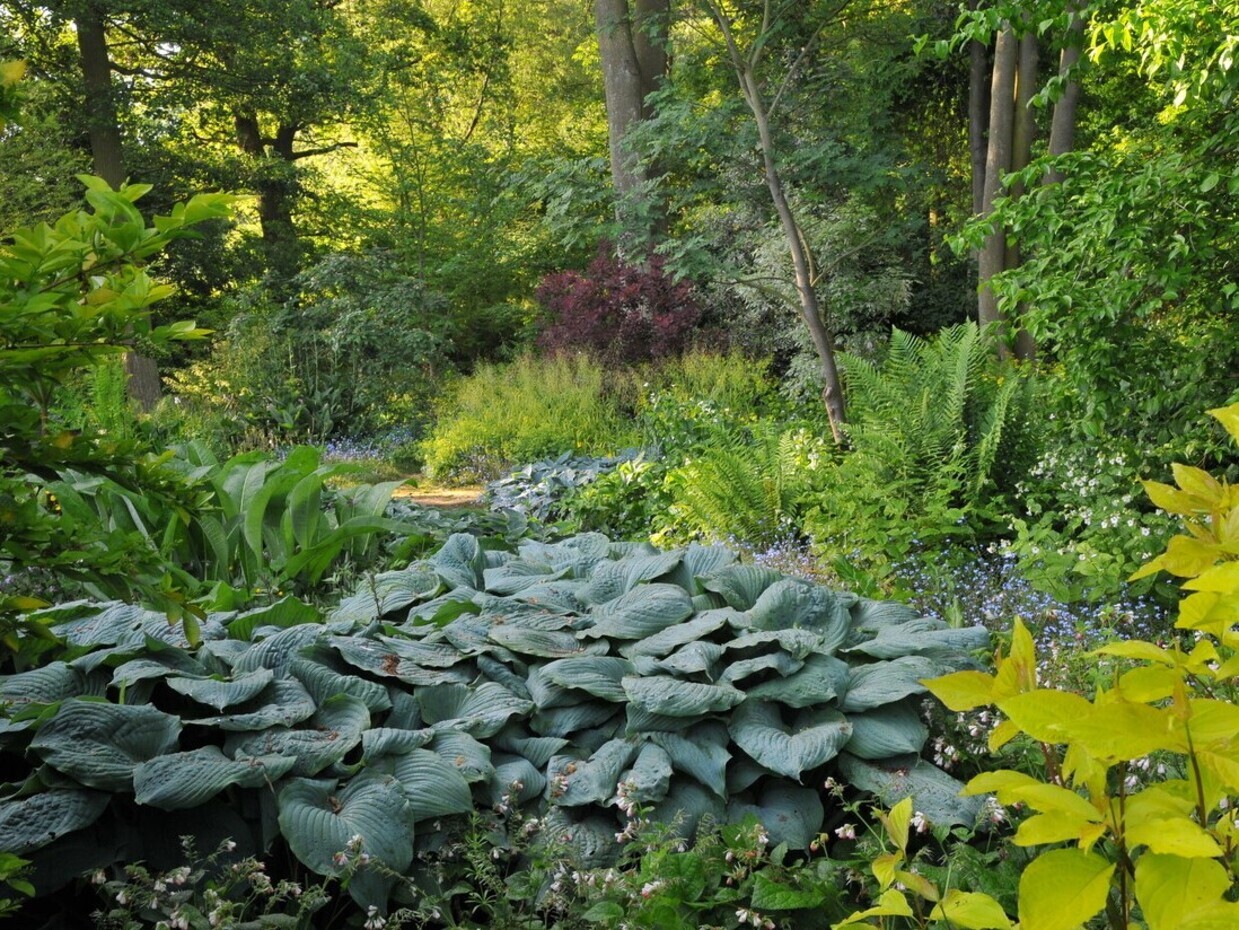
Hostas are a firm favourite loved by gardeners and collectors. A vast range of cultivars and forms are available offering different shapes, sizes, colours and textures.
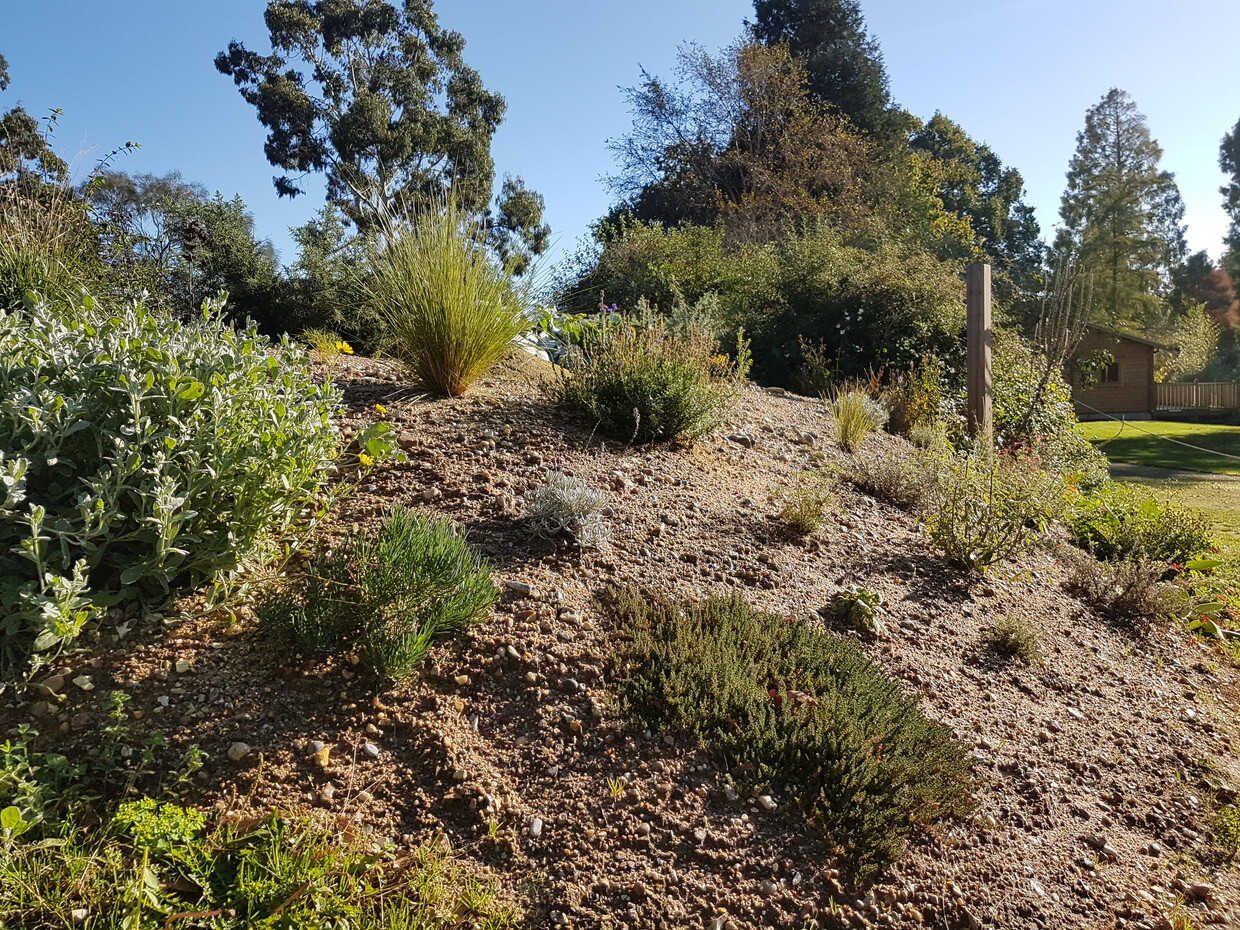
Following the removal of two large Leyland cypress trees and a few old shrubs from the Gravel Garden, a substantial area was made available for replanting.
This presented the ideal opportunity to experiment with a slightly less intensive approach to growing drought resistant plants

Over time, some autumn bulbs multiply and create drifts; they naturalise, flowering en masse through grass, under trees, in gravel or through ground cover plants.

No-mow May - what happens when you stop mowing? Which plants and wildlife appear that weren't there before? We stopped mowing an area of Essex grassland and the results are incredible...
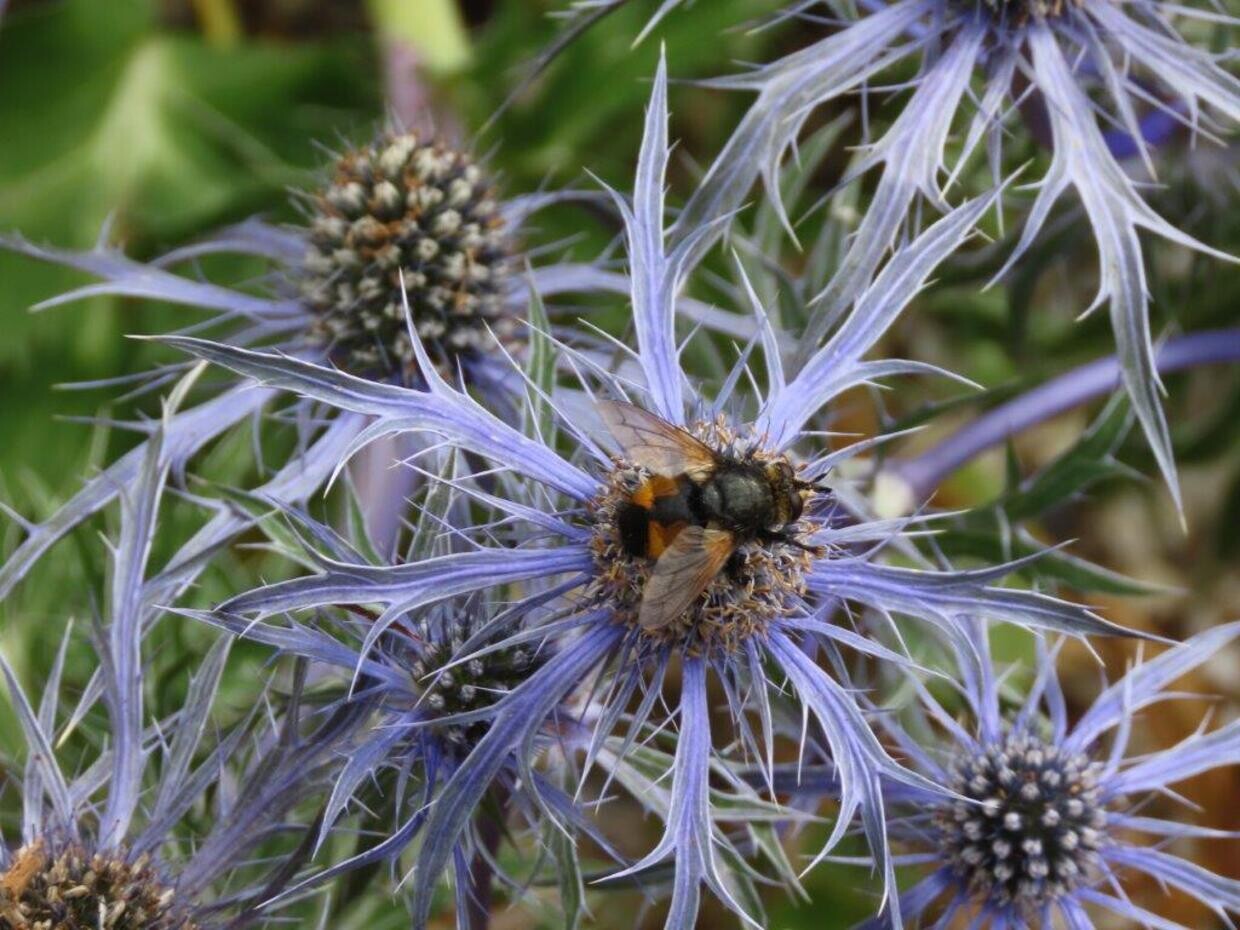
Which plants will encourage the most wildlife to your garden? Our wildlife expert Dr Chris Gibson, reveals the naughty and nice of the plant world
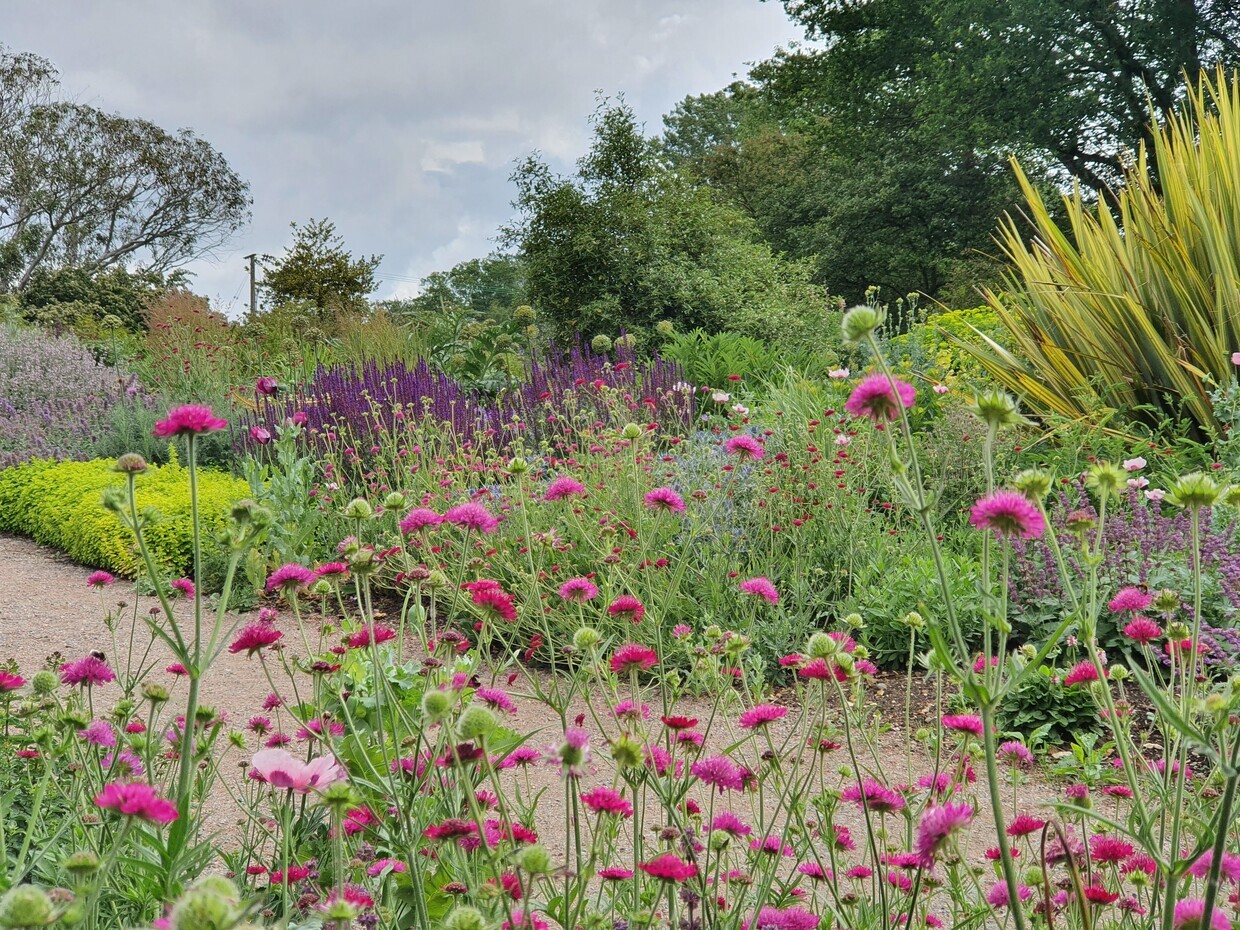
It’s that wonderful time of year when the long, warm days of summer are spread out ahead of us and the colour of garden flowers begin to intensify.
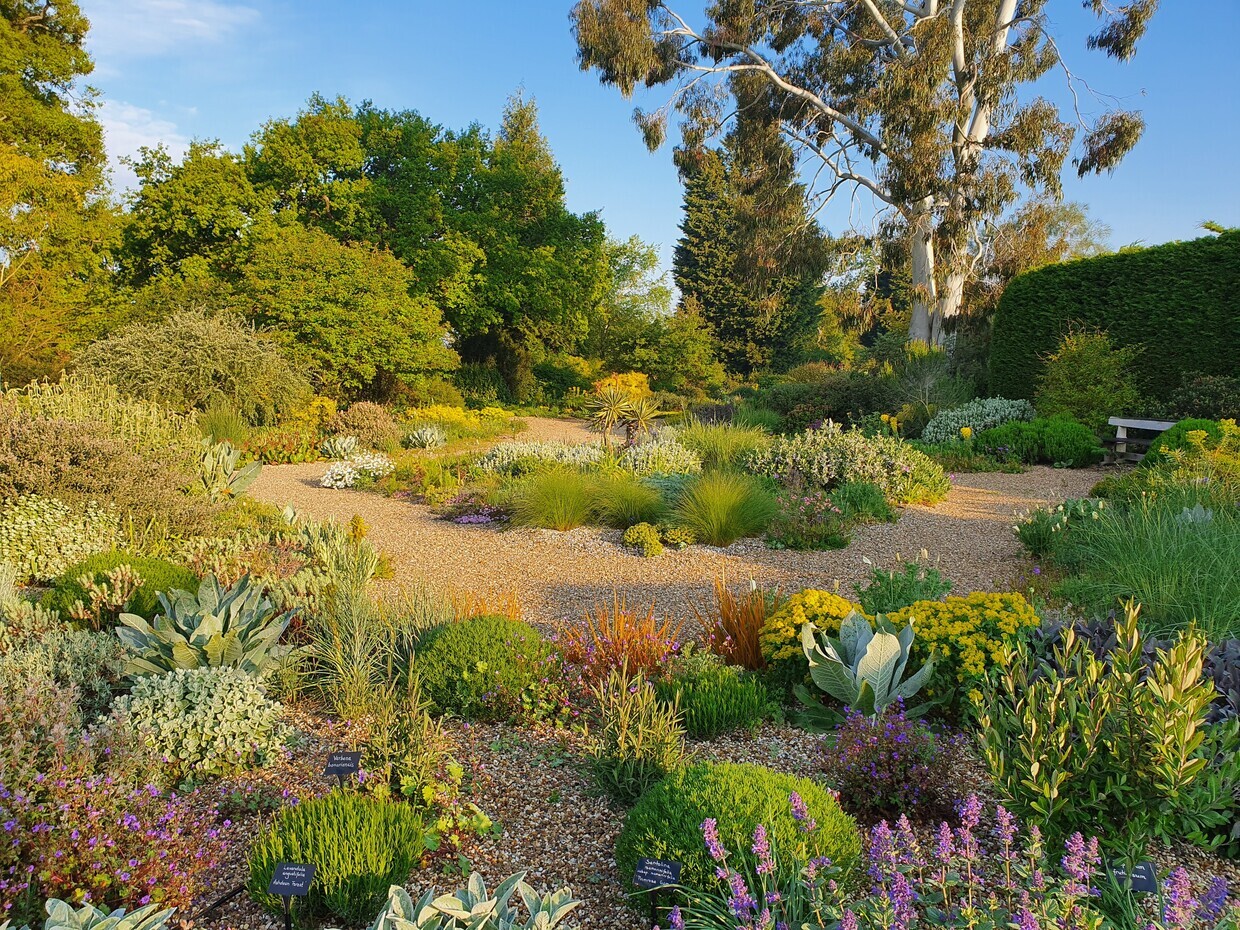
Self seeders - integral to Beth's Gravel Garden design. The 21 drought-tolerant perennial, biennial and annuals which thrive in the drought tolerant conditions here in Essex.
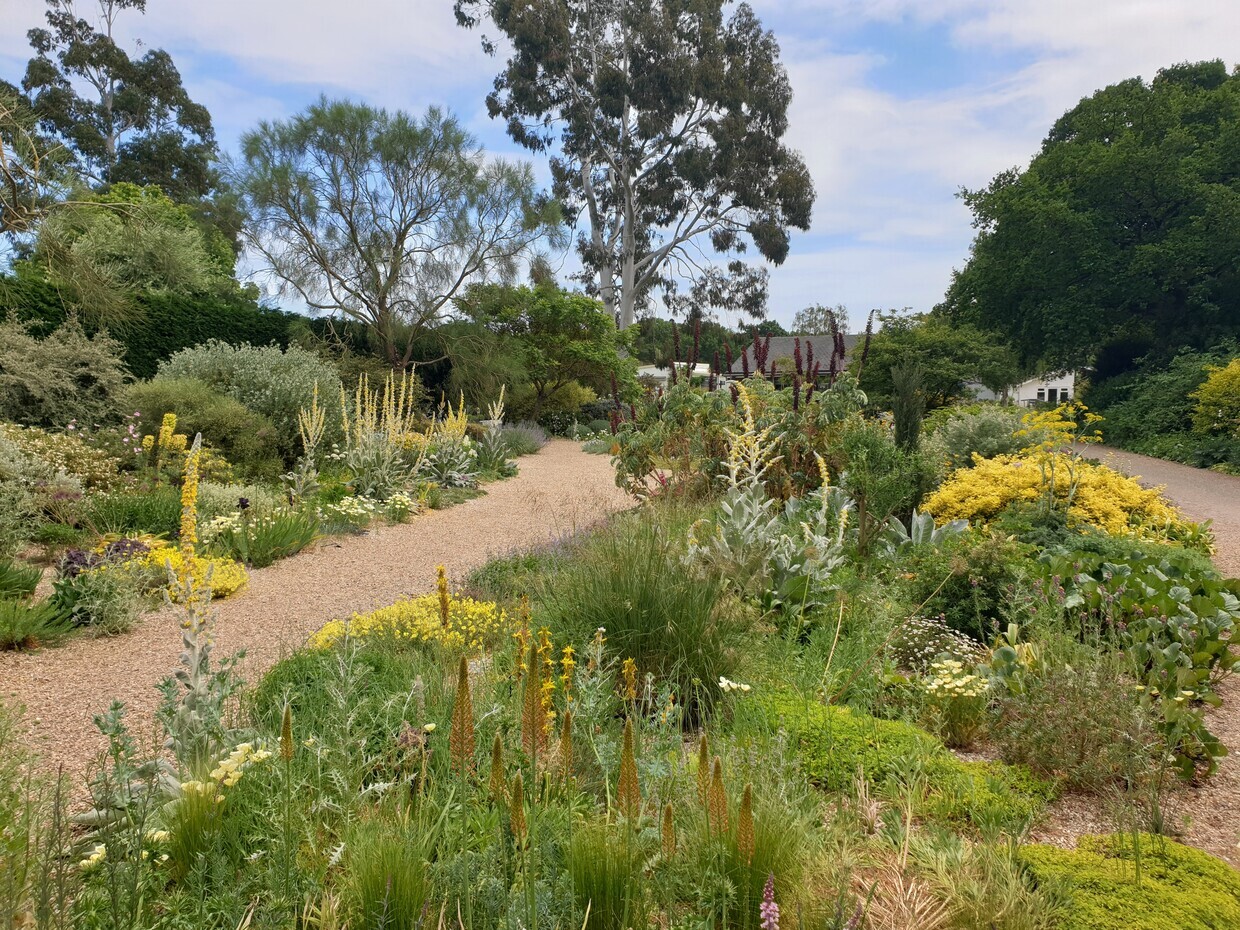
Glorious May plant tapestries for your garden
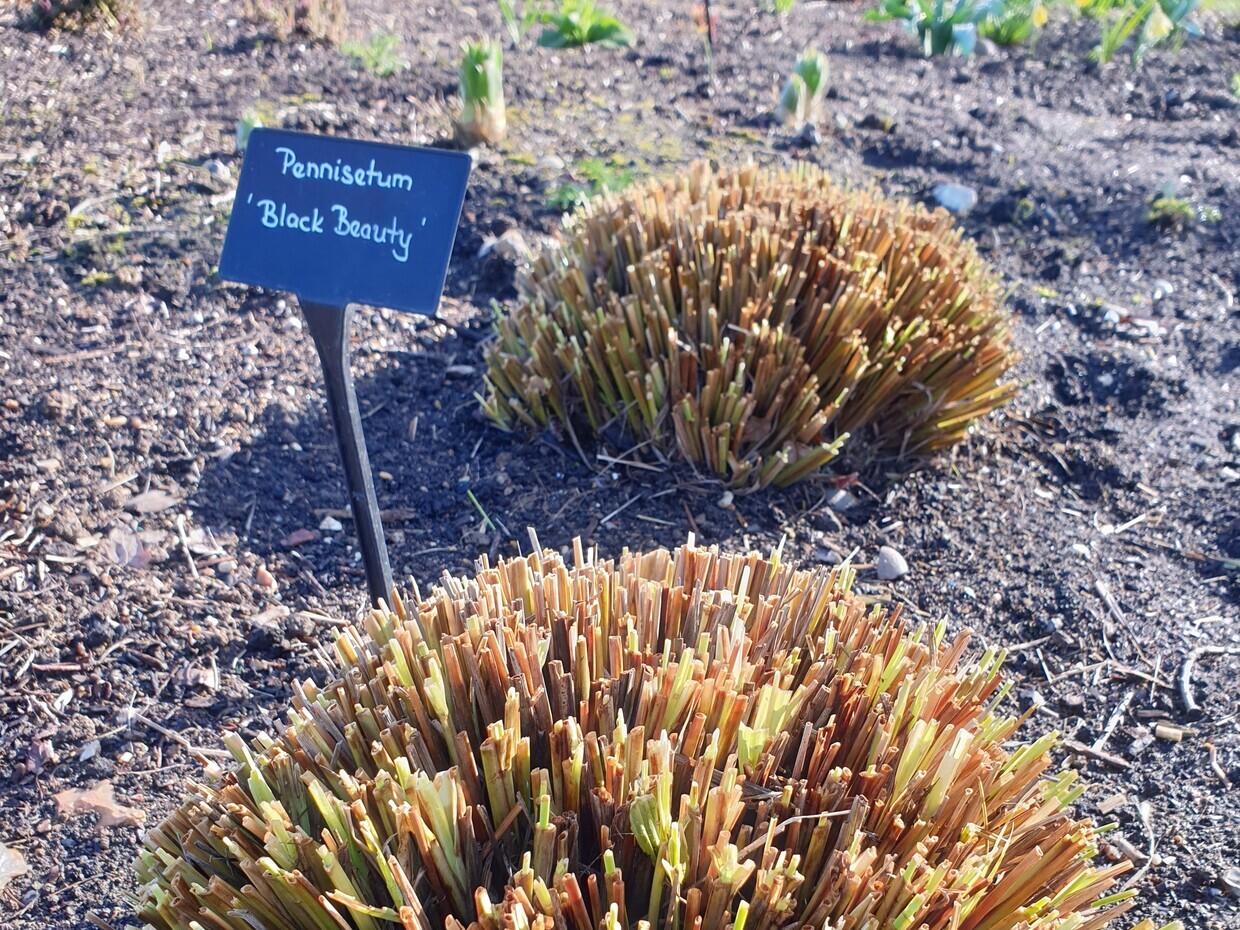
With the worst of the weather (hopefully) out of the way and plants now waking up from their winter sleep, now is the perfect time to cut back all of last season’s spent plant material.
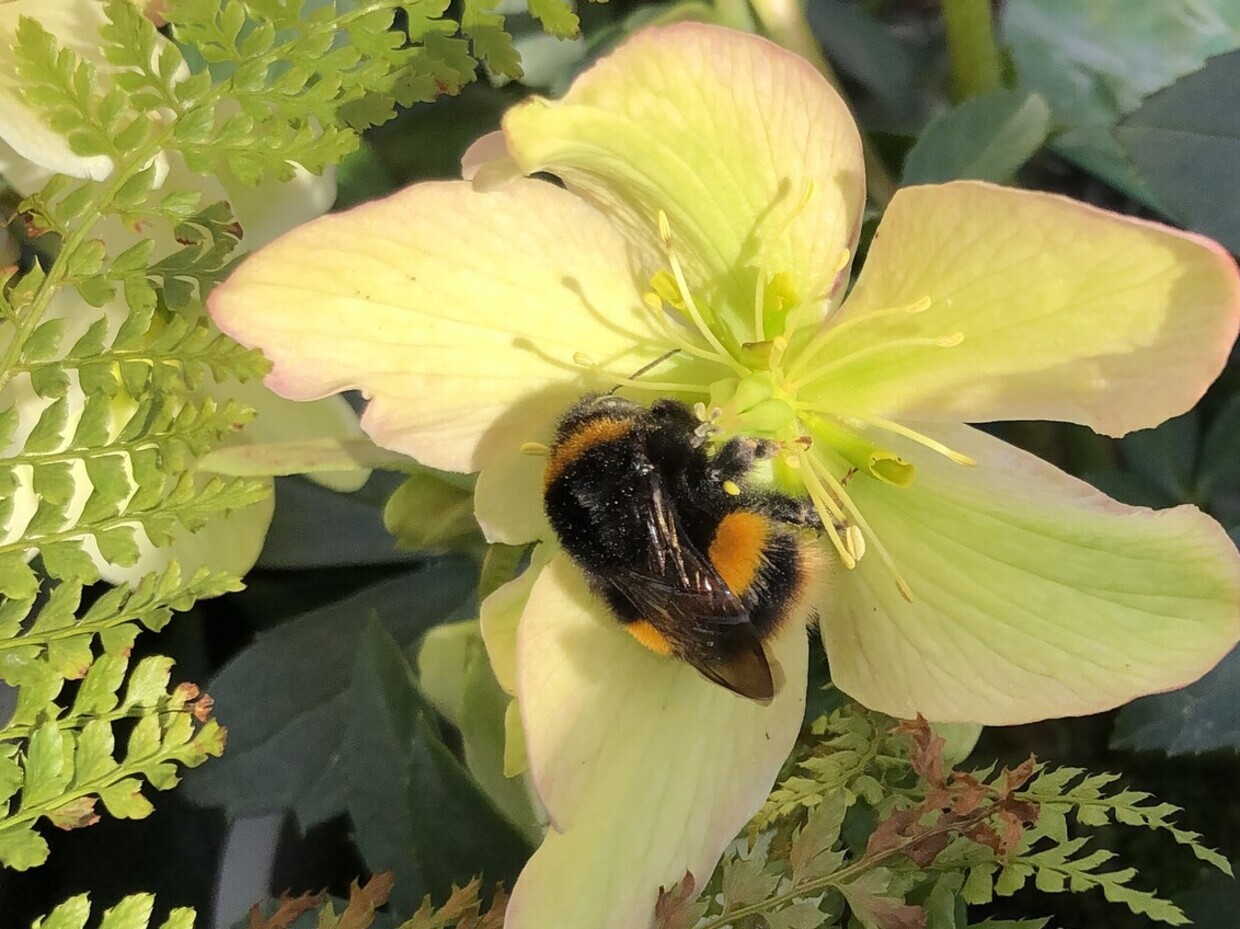
Some bees are emerging early this year and early nectar sources are so important for their survival: here are the plants we have observed them making a zoom for. Let's increase the buzz!
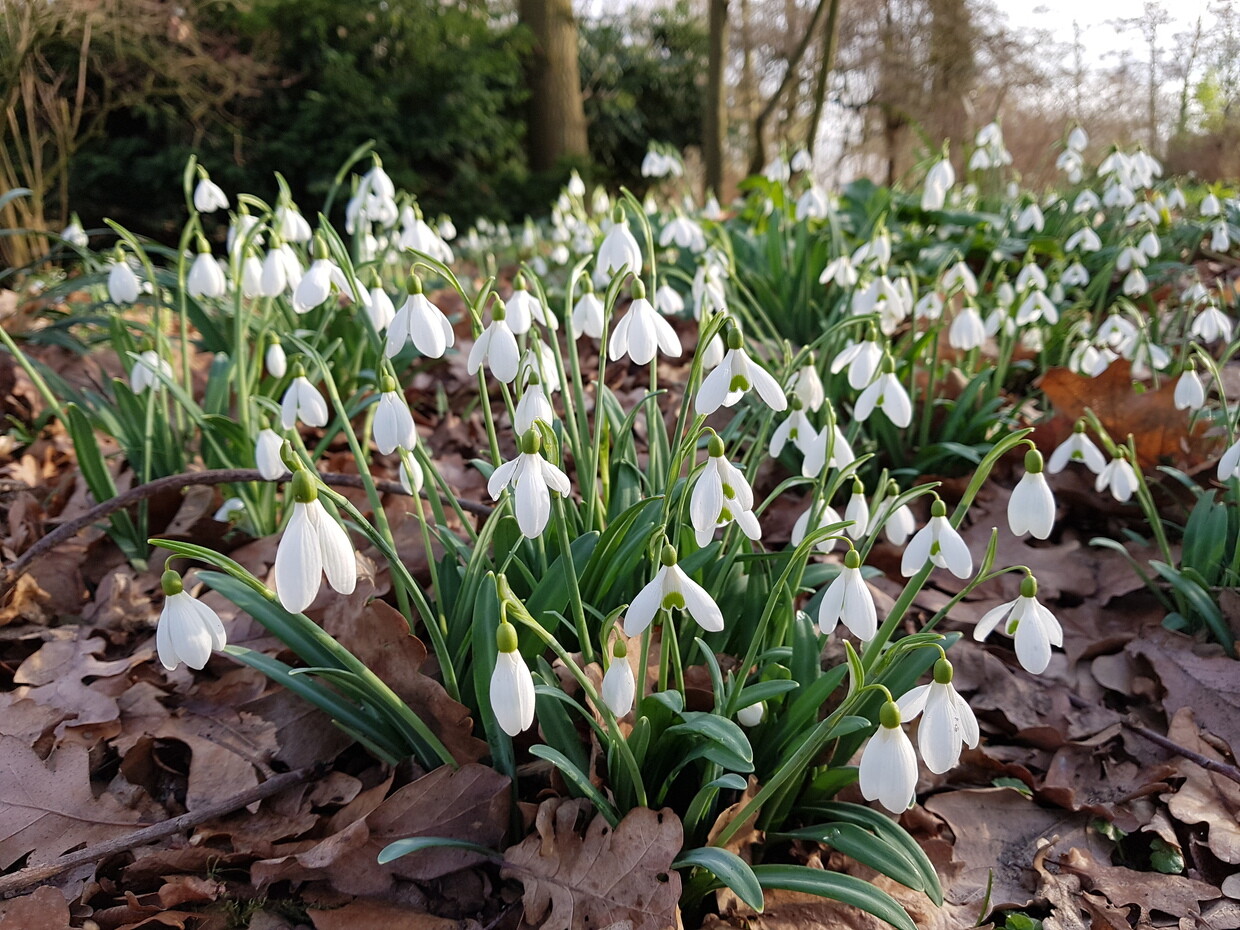
It was the first time I really felt like planting this weekend... beautiful spring sunshine and the garden was calling out for attention! If you'd like some guidance on early spring plants, here are Jake's top 10 favourite plants for this time of year.

As spring plants fly out of the nursery (we grow 90% of the plants we sell), we focus on our champions for spring.
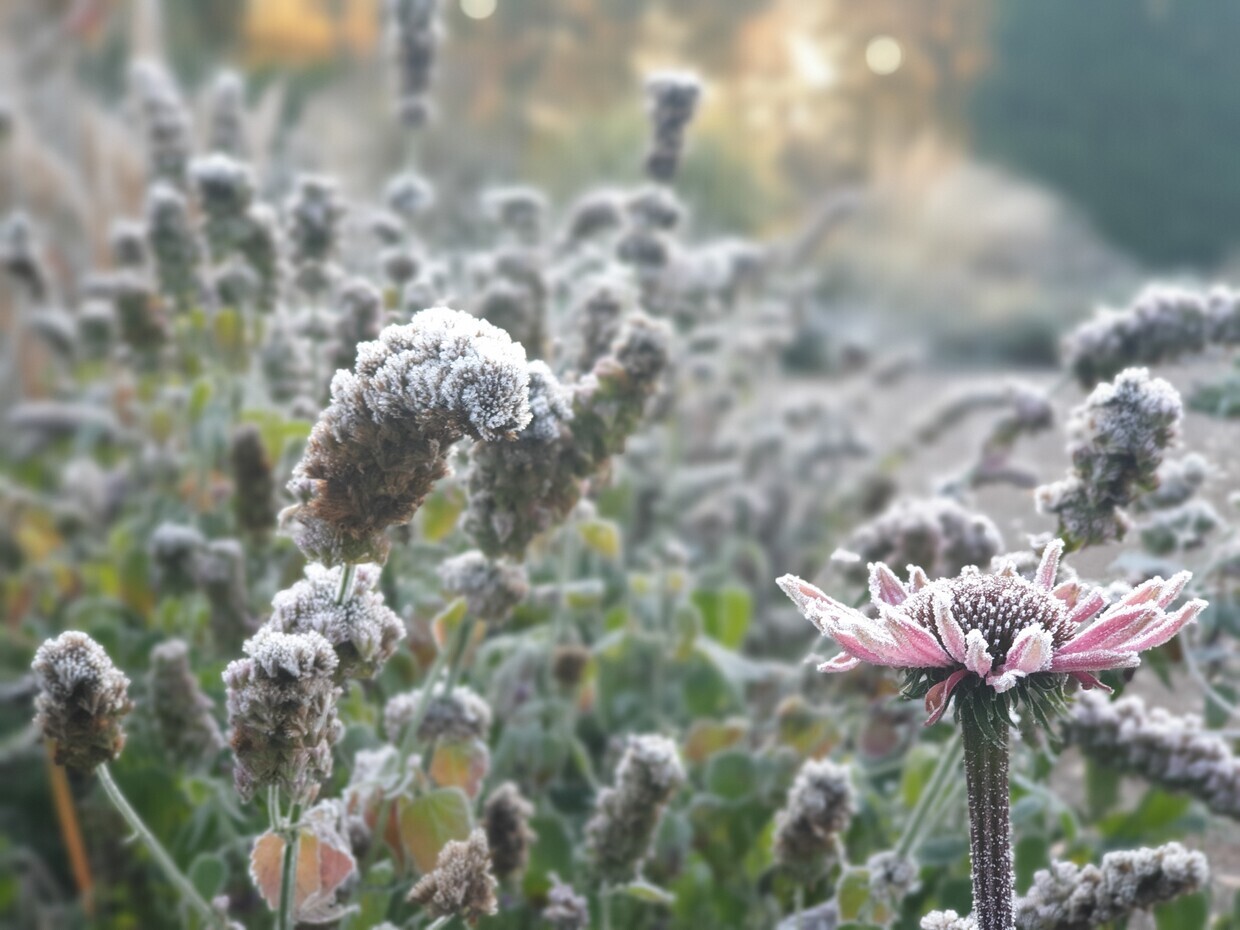
Using seedheads to create winter interest is something we've always done at the Gardens, and it can benefit wildlife too. These plants create some beautifully frosty sillhouettes and are well worth leaving in place over winter for their architectural value.

Spring is the time for shade loving plants to come to the fore. In the woodland garden light levels are increasing, the soil is warming, plants are bursting forth. Every colour is reperesented, including a myriad green shades. Magic is in the air.....
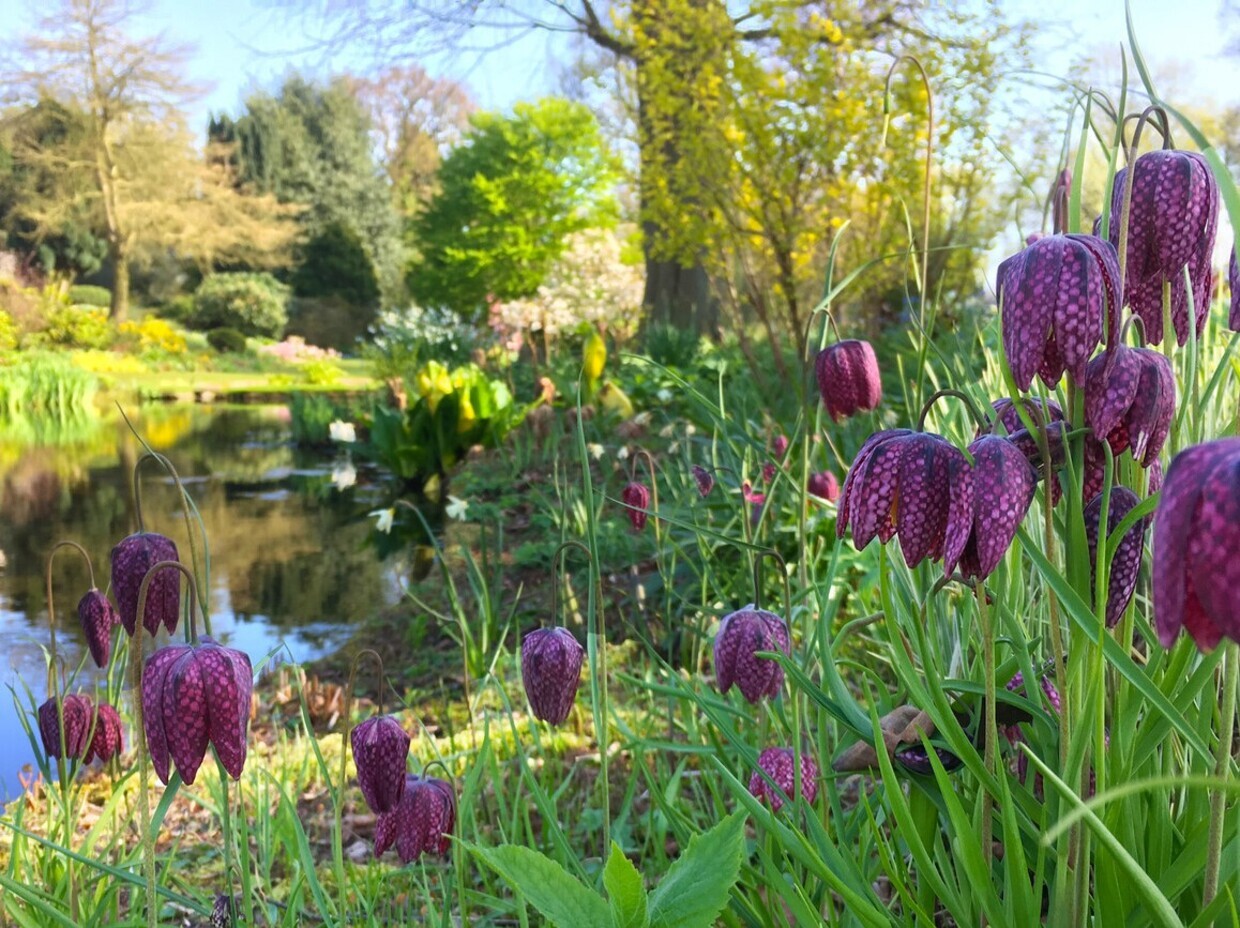
Some of the best spring plants for your Garden, chosen from Beth's 100 must-have plants

Elephant’s ears, bergenia are one of the most indispensable and widely used evergreen plants here. Unfortunately, the genus does suffer from the fact that many people consider them untidy, rather boring and a perfect home for slugs and snails.
Very often seen in large sprawling mats of creeping rhizomes and fitting of this such bad press perfectly is...
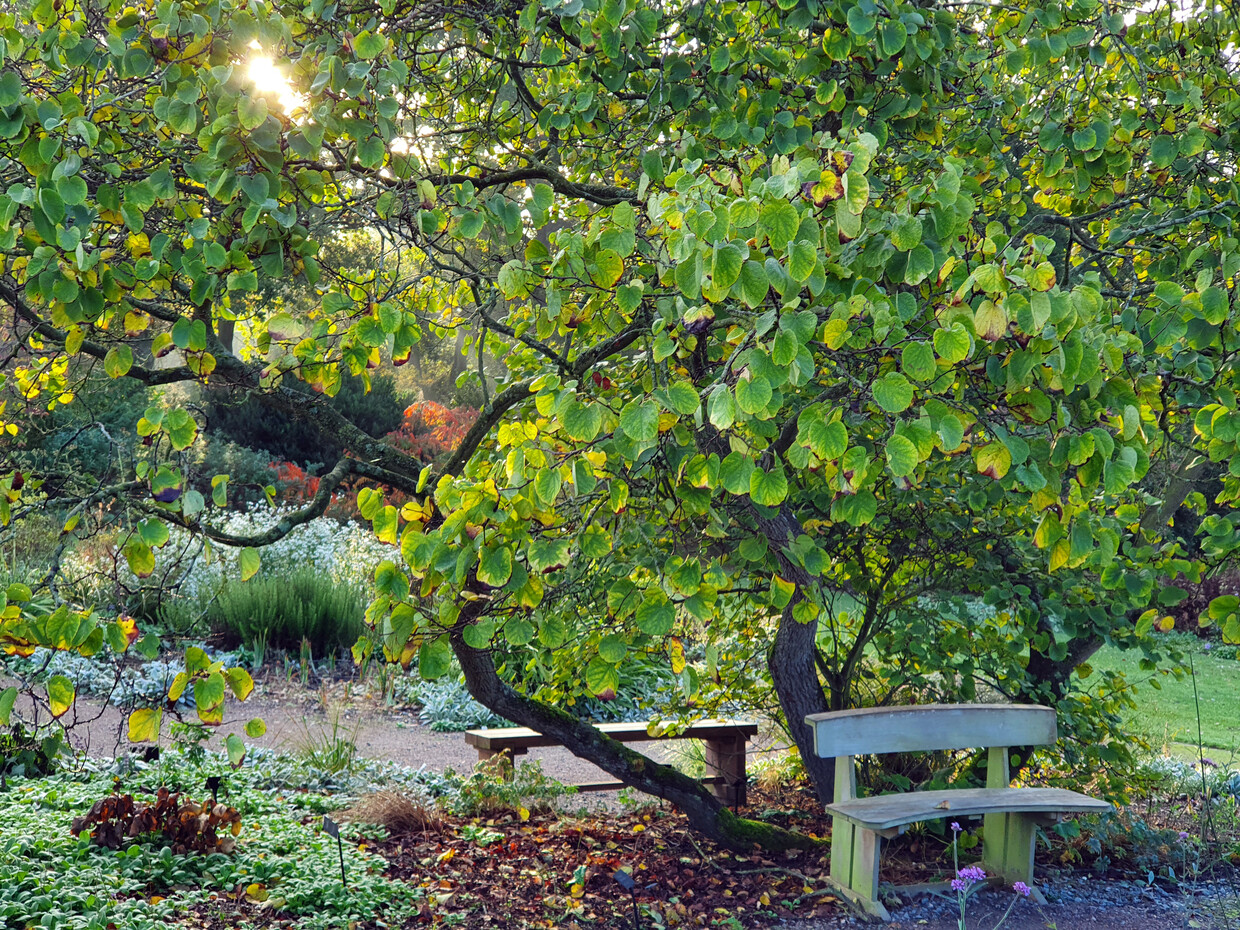
Which plants will carry on looking good throughout autumn and into winter? Our Plant Manager, Jake, reveals his favourites.
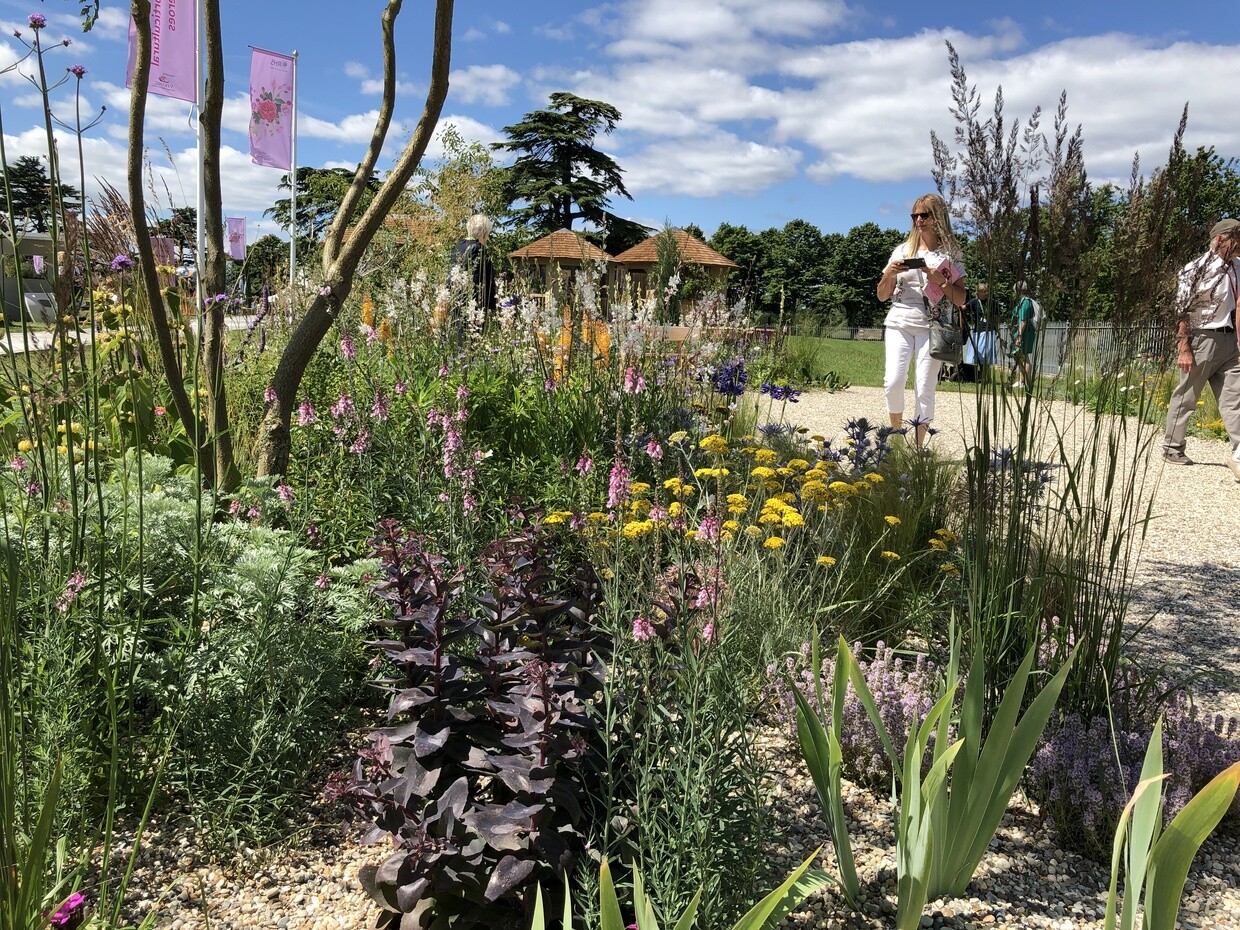
Hampton Court Palace Garden Festival- plants used in our show garden.
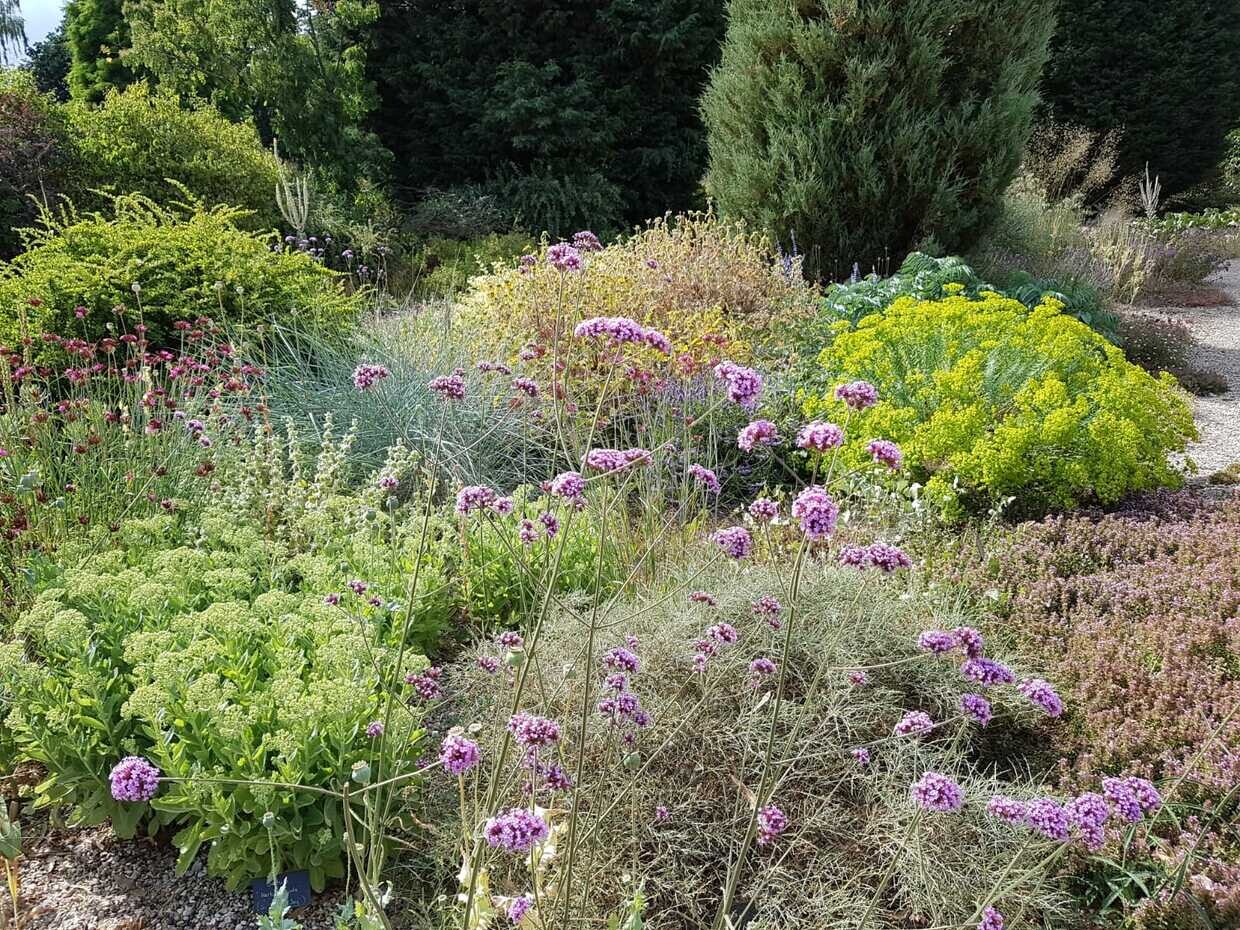
The impact of the summer heatwave on our plants and gardens; our head gardener Åsa Gregers-Warg explains what we're doing to mitigate the effects here in the driest part of the UK, and the Gravel Garden plants (never irrigated) which are still doing well.

How the Gravel Garden is surviving without rain (it is never irrigated) and the plants that can help prepare your garden against future drought.
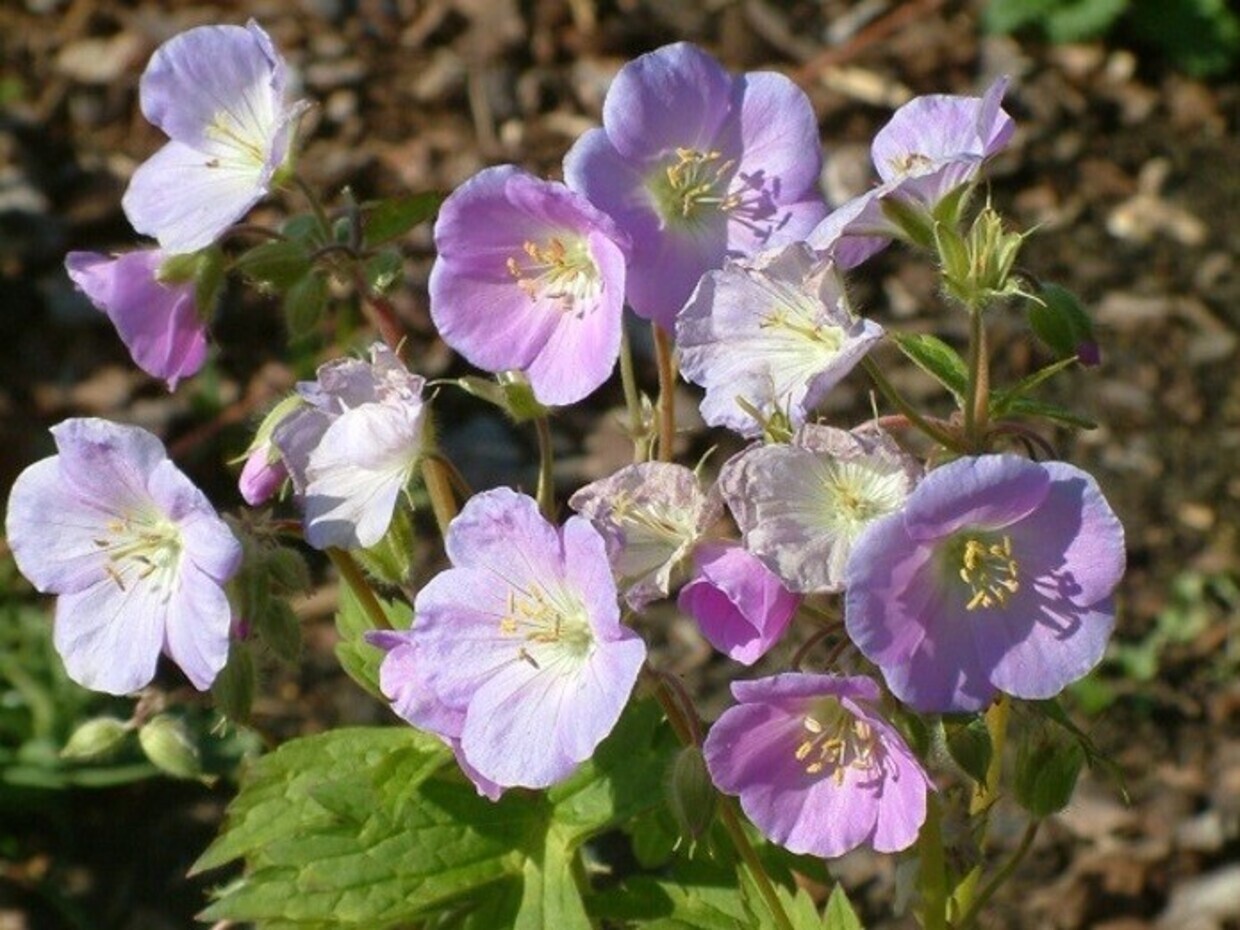
Do you use the RHS Plant Finder to find which nursery sells the plants you are looking for? Each year, we send off our submissions, and the current issue also includes this feature from the Beth Chatto Gardens...

Each year the staff at the Beth Chatto Gardens get together for a wreath-making evening in December. Here's how to make your own wreath.
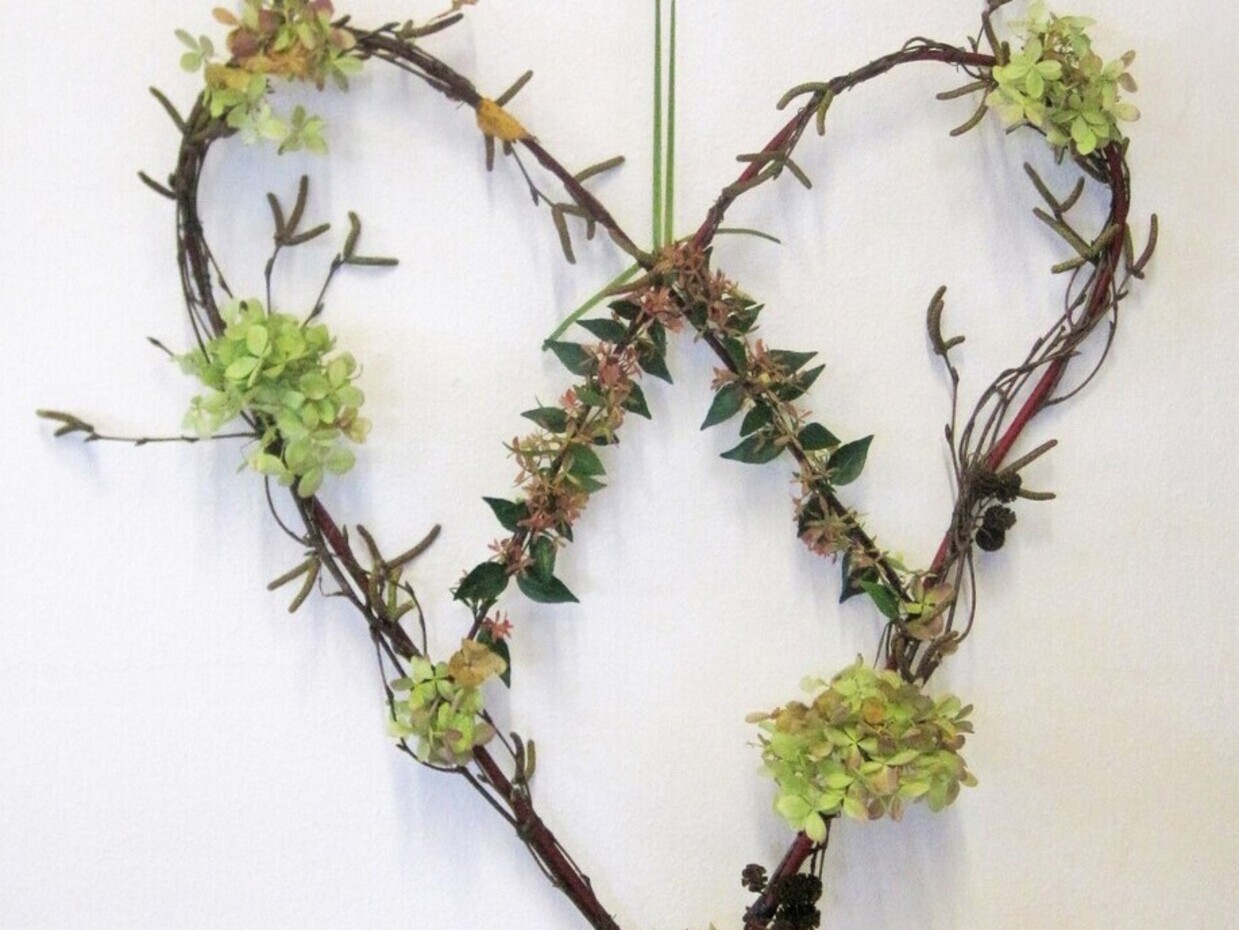
A simple, but lovely alternative to a wreath is a dogwood heart decoration

Planting in summer may well be more hard work than at other times of the year, but providing it’s done properly, you should find you’ve set your plants up for life. Beth and her husband, Andrew, embraced the conditions that were given to them here in Essex and made the decision to work with what they had, rather than trying to fight against it.
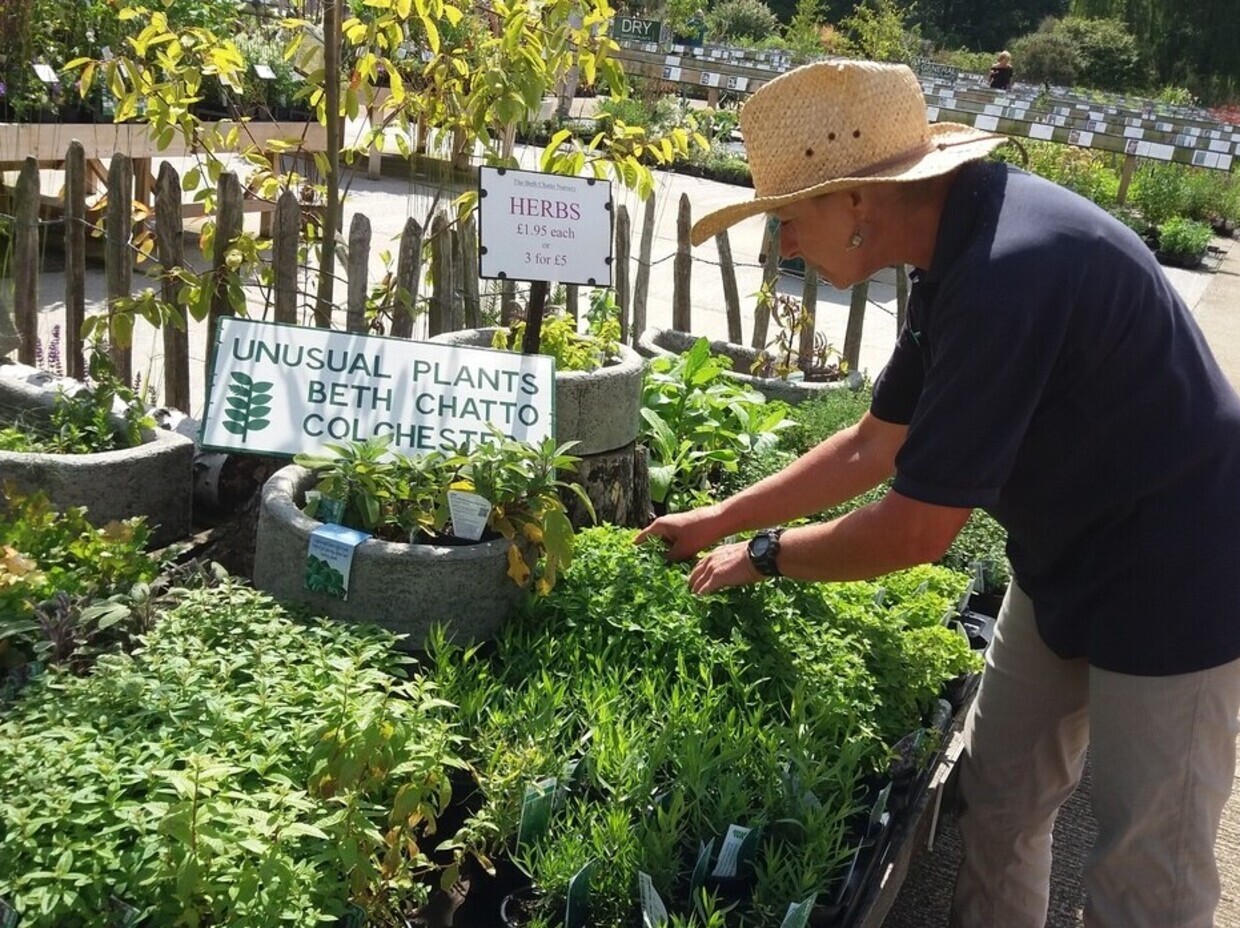
We love herbs! Not only do they look pretty in containers and borders, attract bees and butterflies, but they also smell and taste delicious
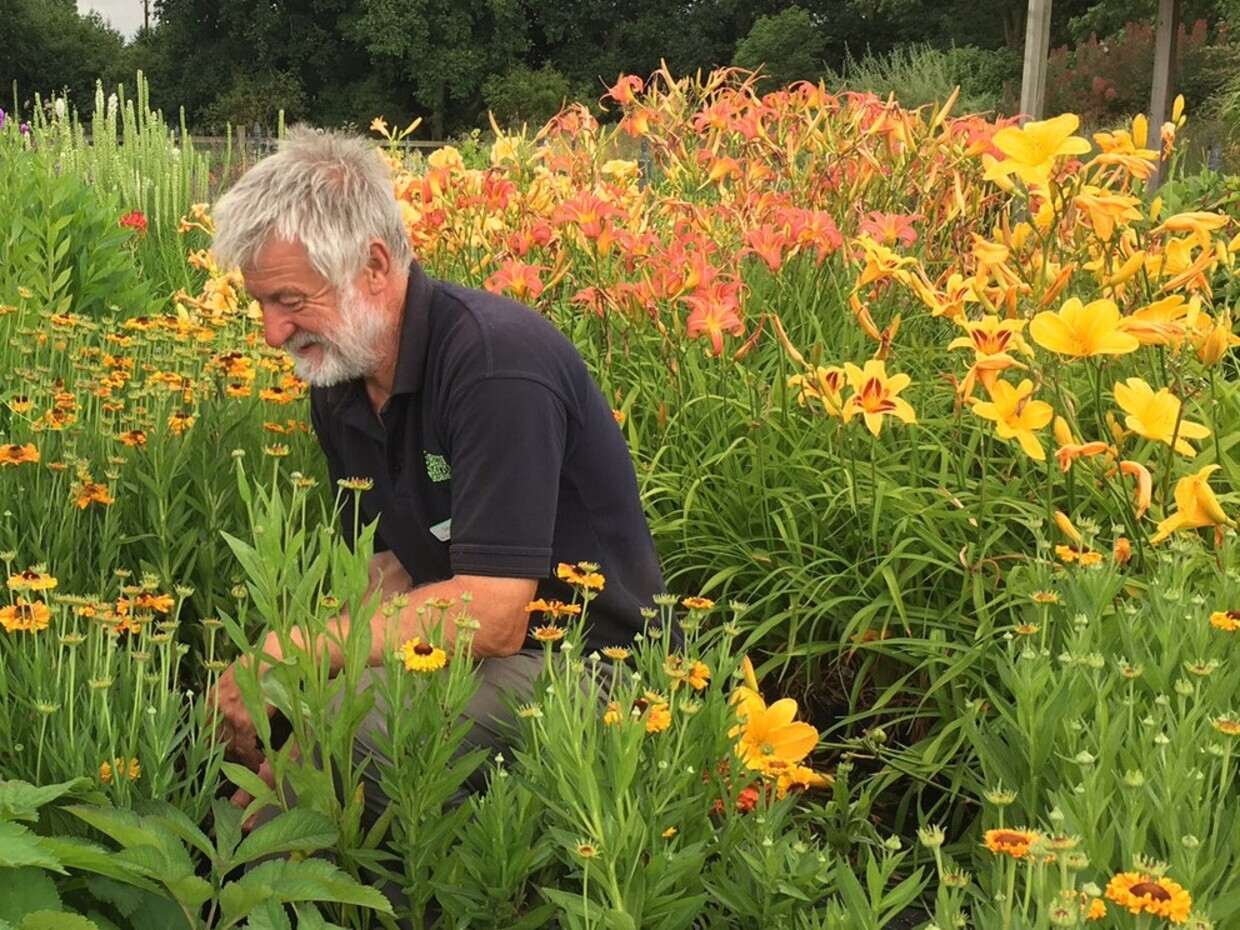
If there’s one reliable perennial you should have for your garden, it’s got to be the day lily...but it is a travesty to eat them...
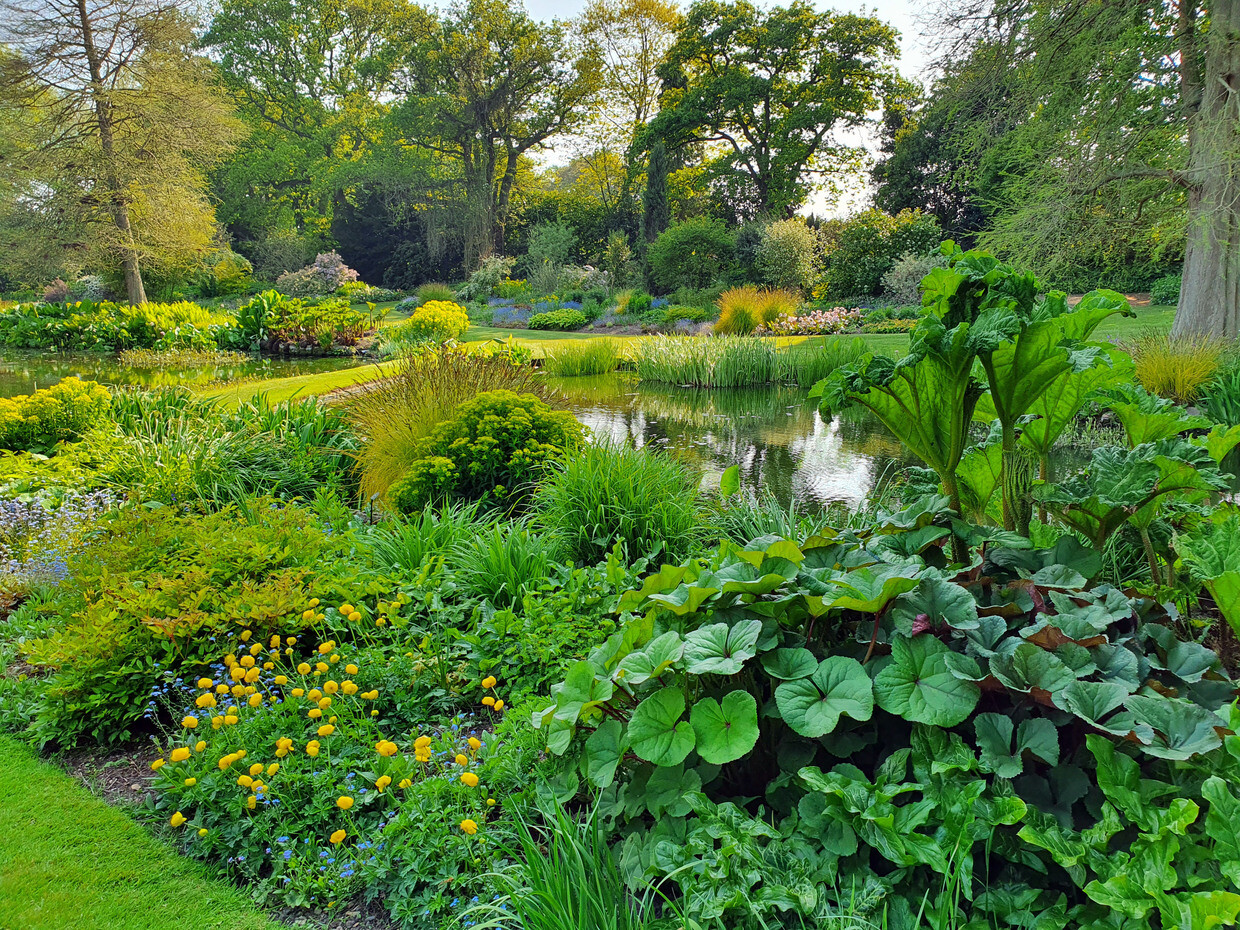
For a lot of people a constantly damp or boggy soil is potentially a problem, but that needn’t be the case. There are many plants that will survive and indeed thrive in such conditions. These plants should be considered for your own garden if you have a wet or damp soil.

Having spent the first few days of June jumping in and out of the ponds here at The Beth Chatto Gardens, catching up with some long overdue maintenance, I suddenly remembered I was due to write a piece on this very subject! I was also reminded that attempting to walk backwards wearing waders with my feet stuck in the underlying mud and clay is somewhat foolhardy...
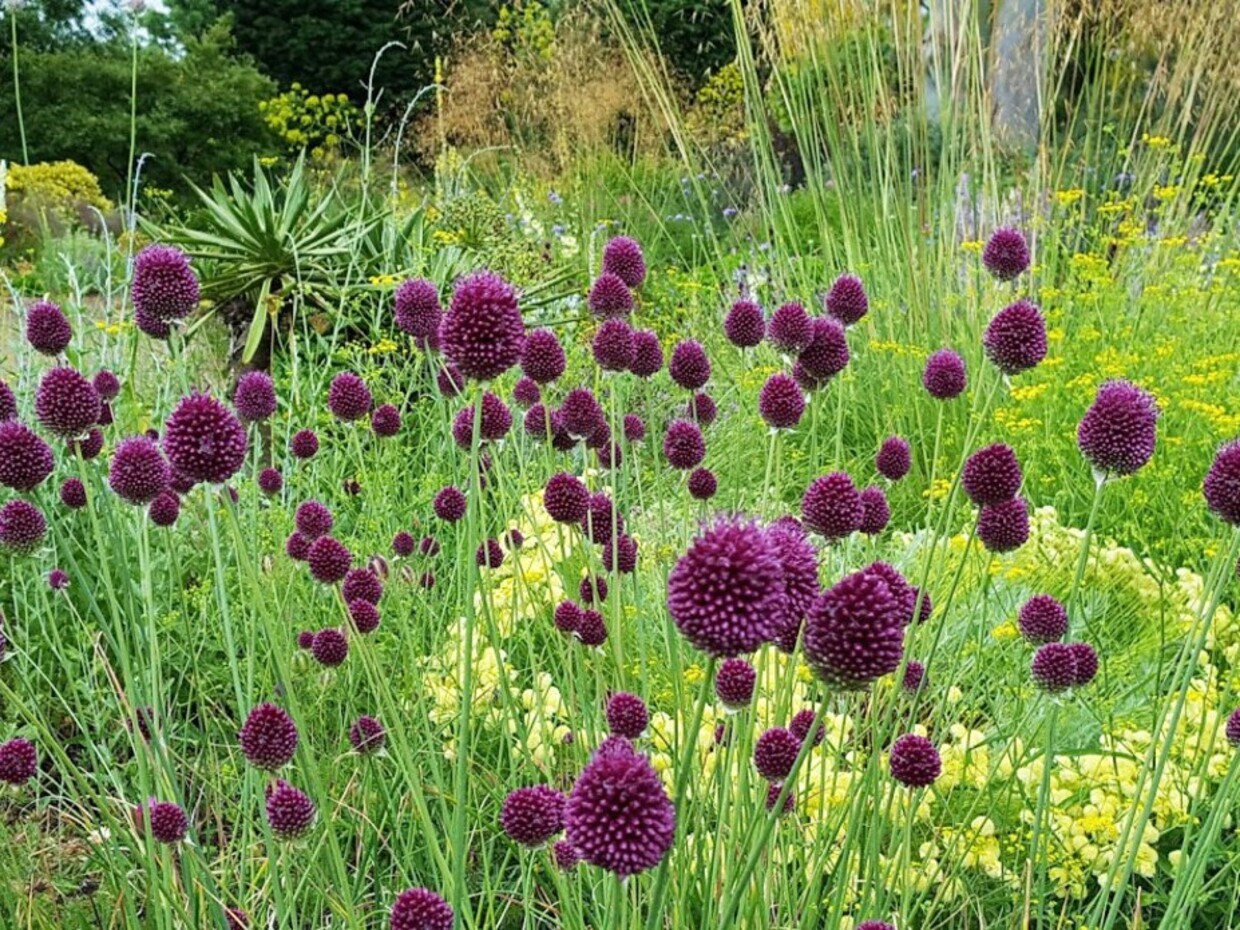
The Gravel Garden simply wouldn’t be the same without alliums. A fabulous bulb for anyone creating their own drought-resistant garden. They are dramatic, decorative and best of all, easy to grow. They can add so much to the look of a border with their spherical heads. Just make sure you can give them a free-draining, light soil with plenty of sunshine, and you will be guaranteed success.

After a winter of compaction April is a good time to consider aerating your lawn. We use a 1.8m wide verti-drainer which is in effect 6 large forks mounted on the back of our lawn tractor. The lawns here were created over the existing soil and as such, there is not a dedicated drainage system to relieve wet areas. We have over the years added drains to help this situation.
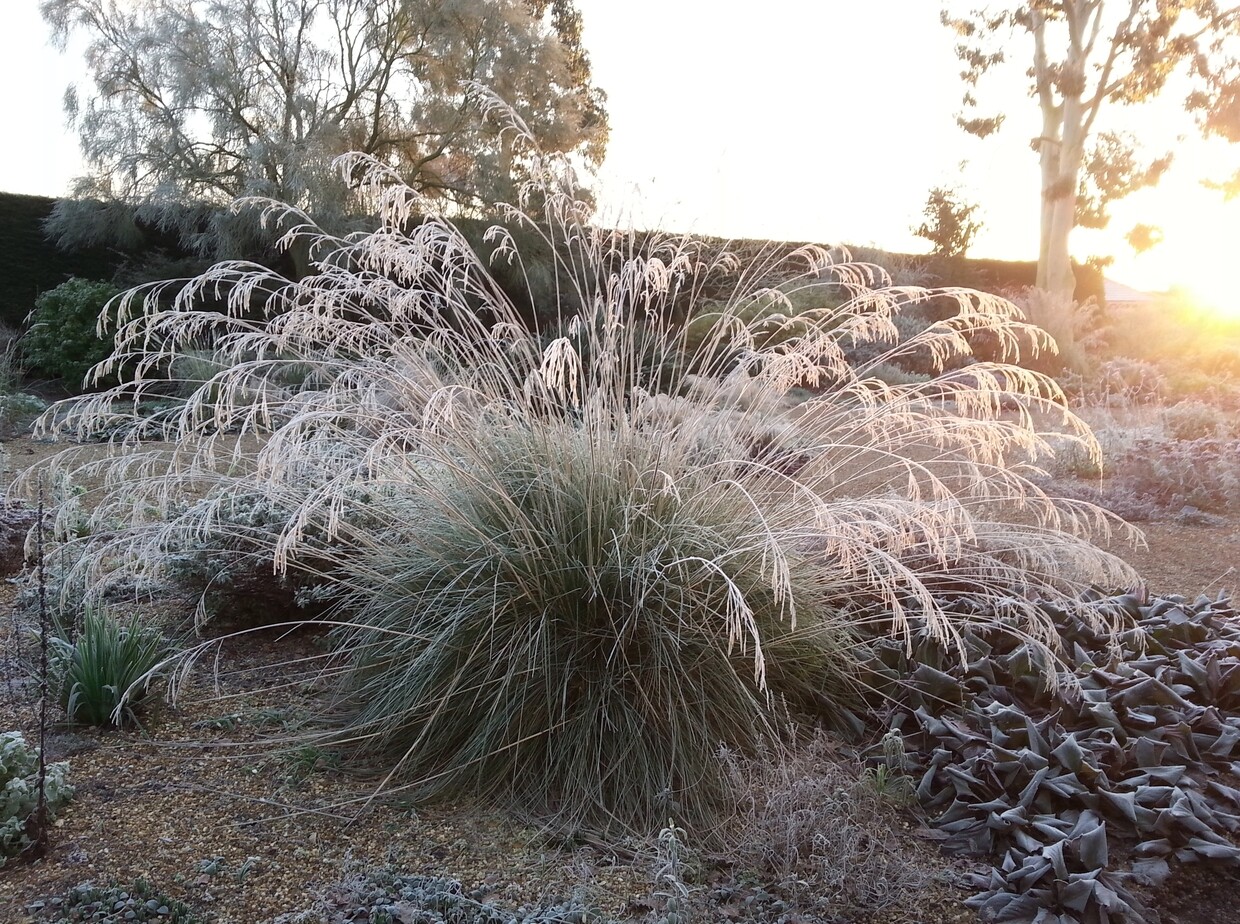
We have ornamental grasses growing in every area of the garden, and it’s possible to find one suitable for every type of condition, from shade to sun, damp loving to drought tolerant.
Here at Beth Chatto, we tend to use them as single specimens so that their full shape and habit can be appreciated, something that is often lost in mass plantings.
In the last two years, timing when to trim grasses has been the trickiest issue, because the winters have been so mild...
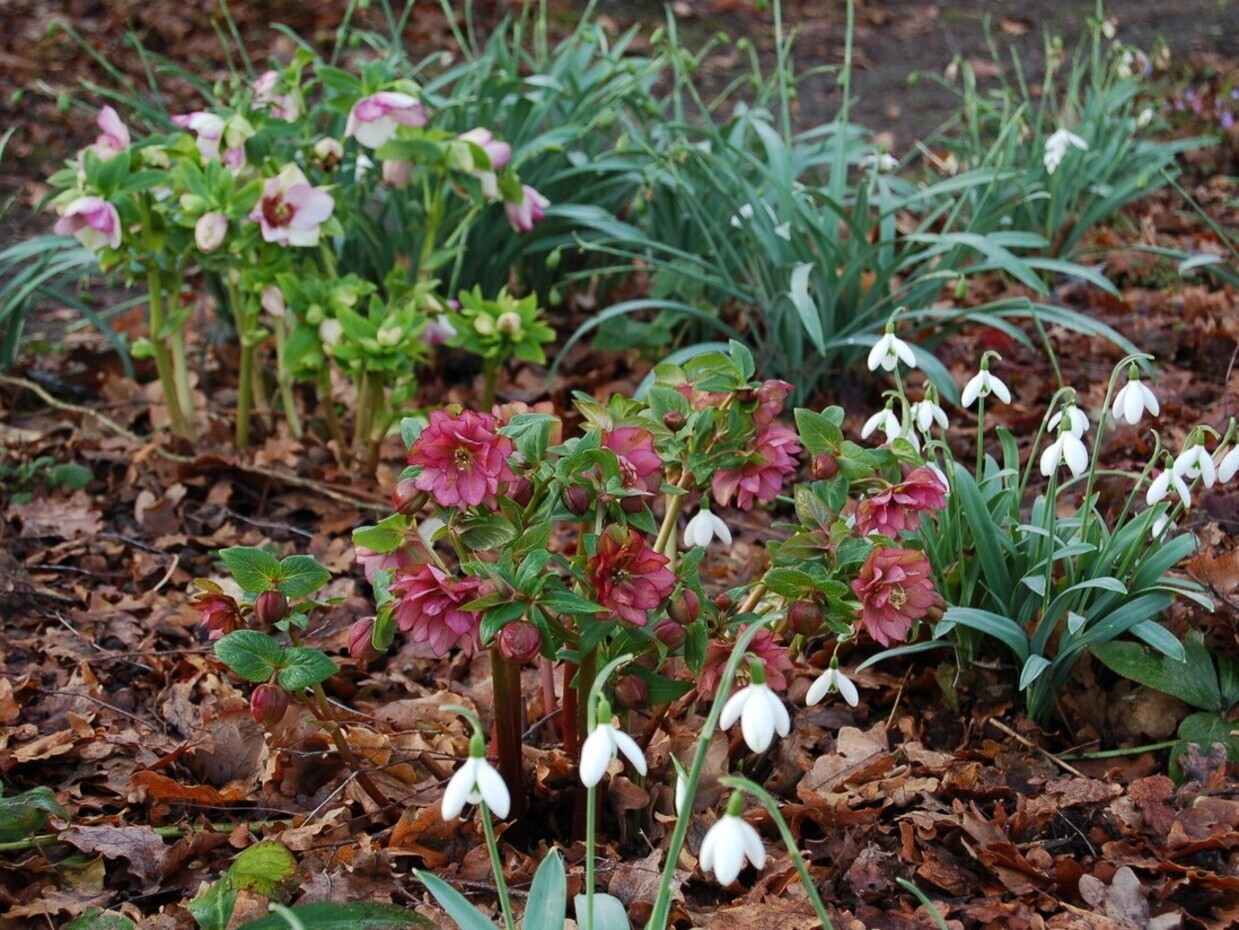
A welcome sight in late winter and early spring, the hellebore provides a feast for the eye. Christmas rose or Lenten rose as they are commonly known come in hundreds of different varieties and providing you have a part-shaded or fully shaded spot with a humus rich soil and good drainage, then growing hellebores is easy.
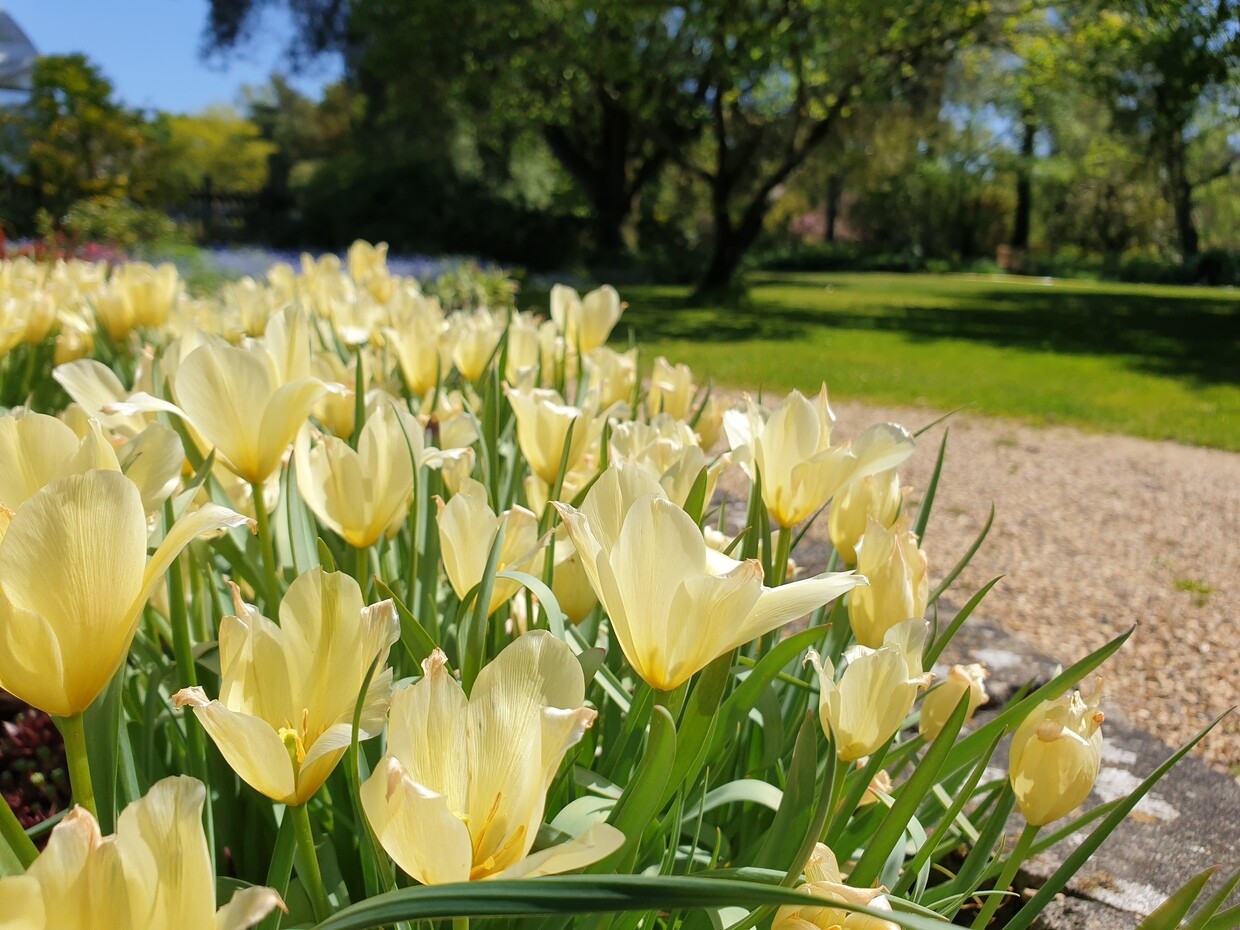
Although autumn is the best time to buy and plant spring-flowering dry bulbs, from the usual such as daffodils, tulips, crocus to the less common and slightly trickier to establish woodlanders such as trilliums and wood anemones. it’s not the ideal time for deciding exactly where to place them...

Commonly known as Christmas or sweet box, the delicate creamy-white flowers of sarcococca appear from December to March. Their scent never fails to lift the spirits even on the dullest of mid-winter days...
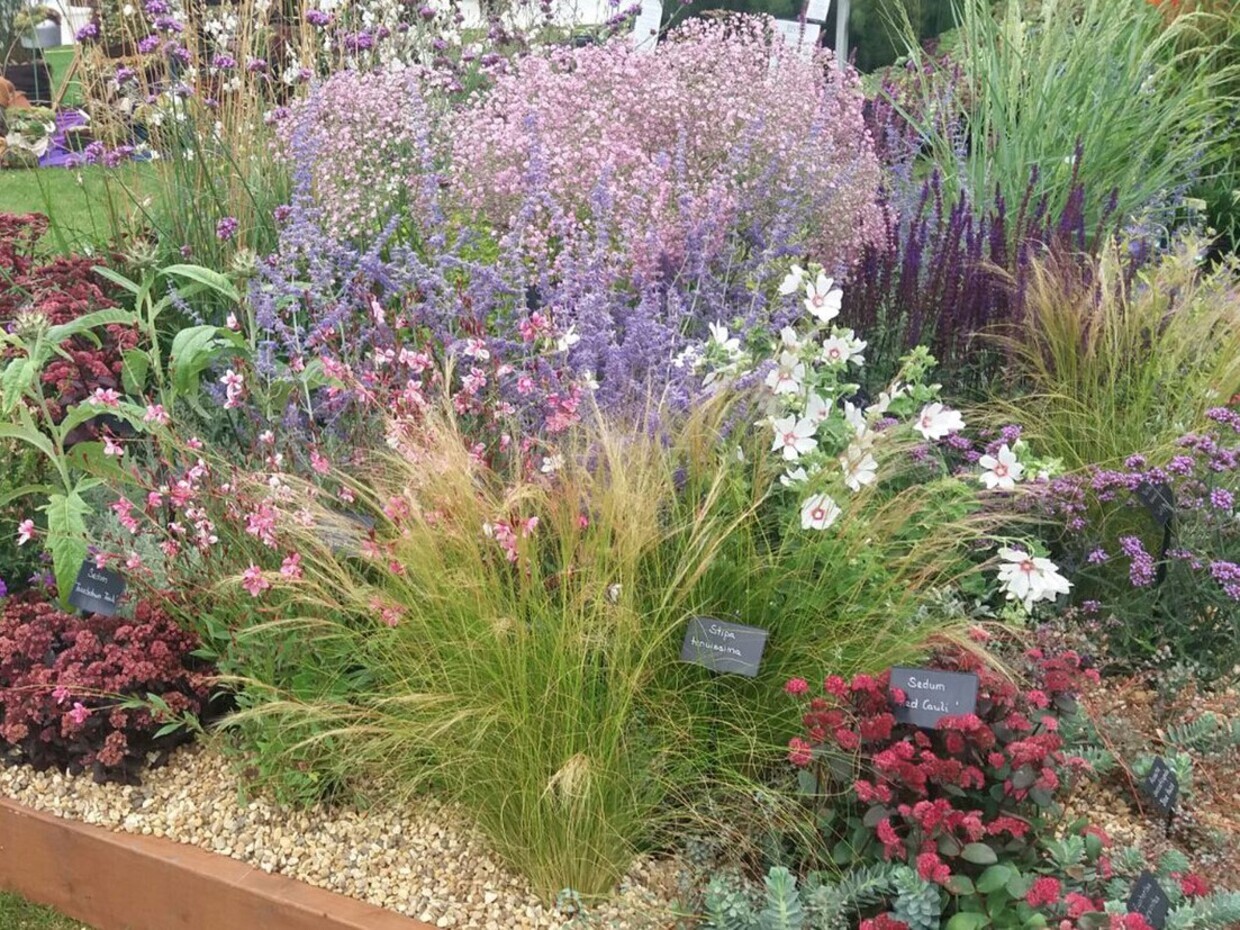
Plants that are looking good in September

By many regarded as somewhat of a transition between the Water Garden and the Woodland Garden, the area was predominantly planted with low maintenance trees and shrubs, interspersed with a few herbaceous perennials and grasses.